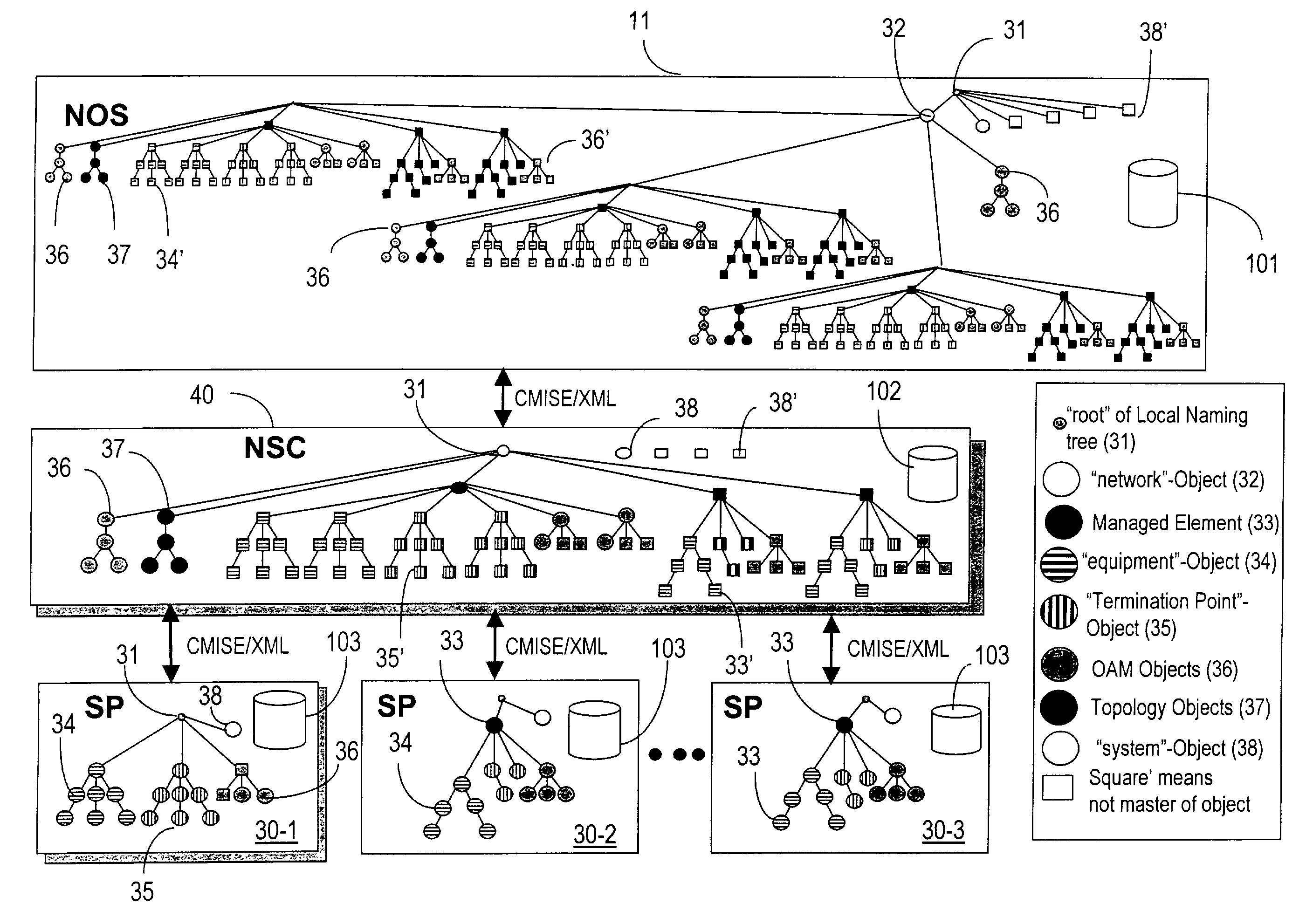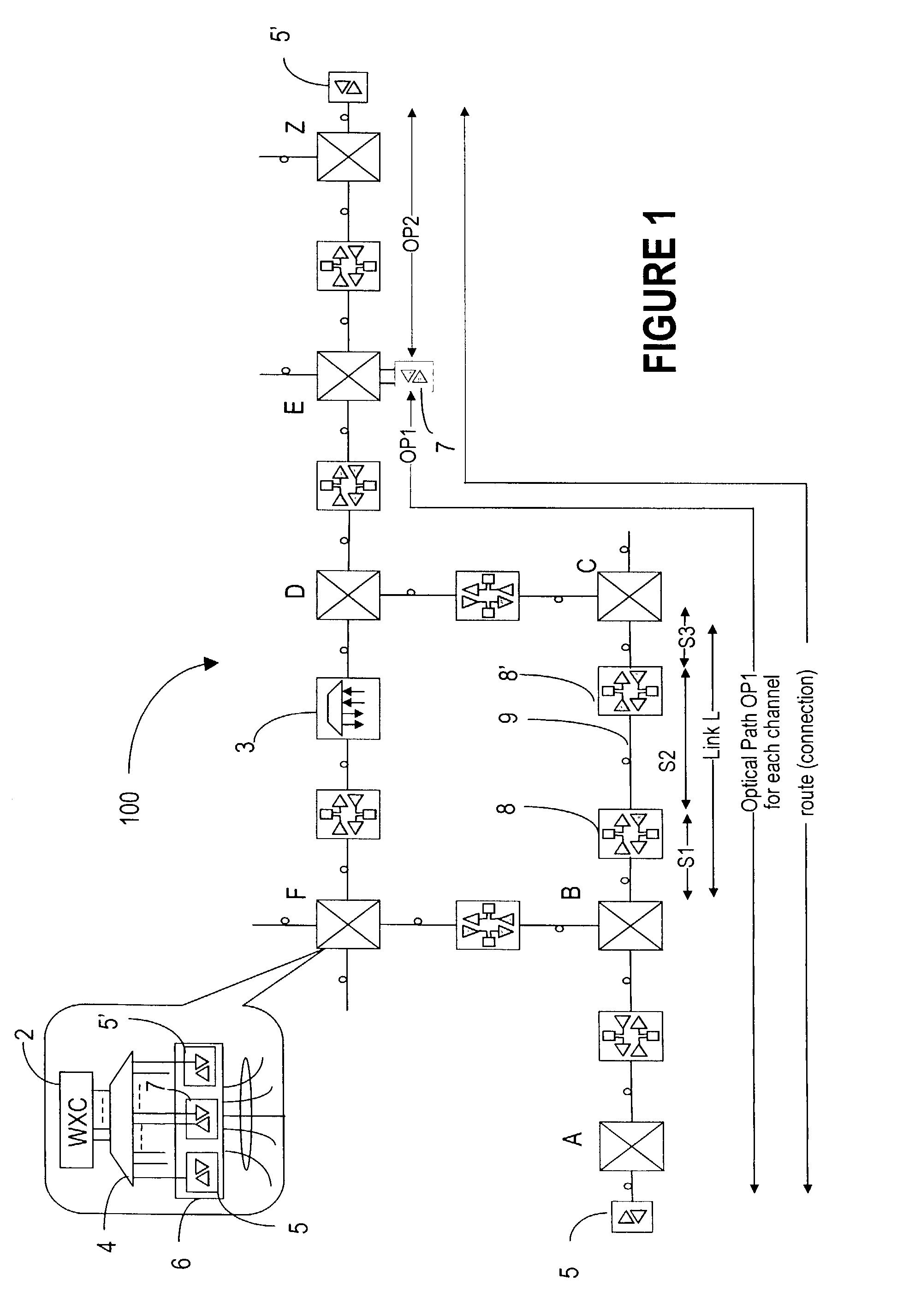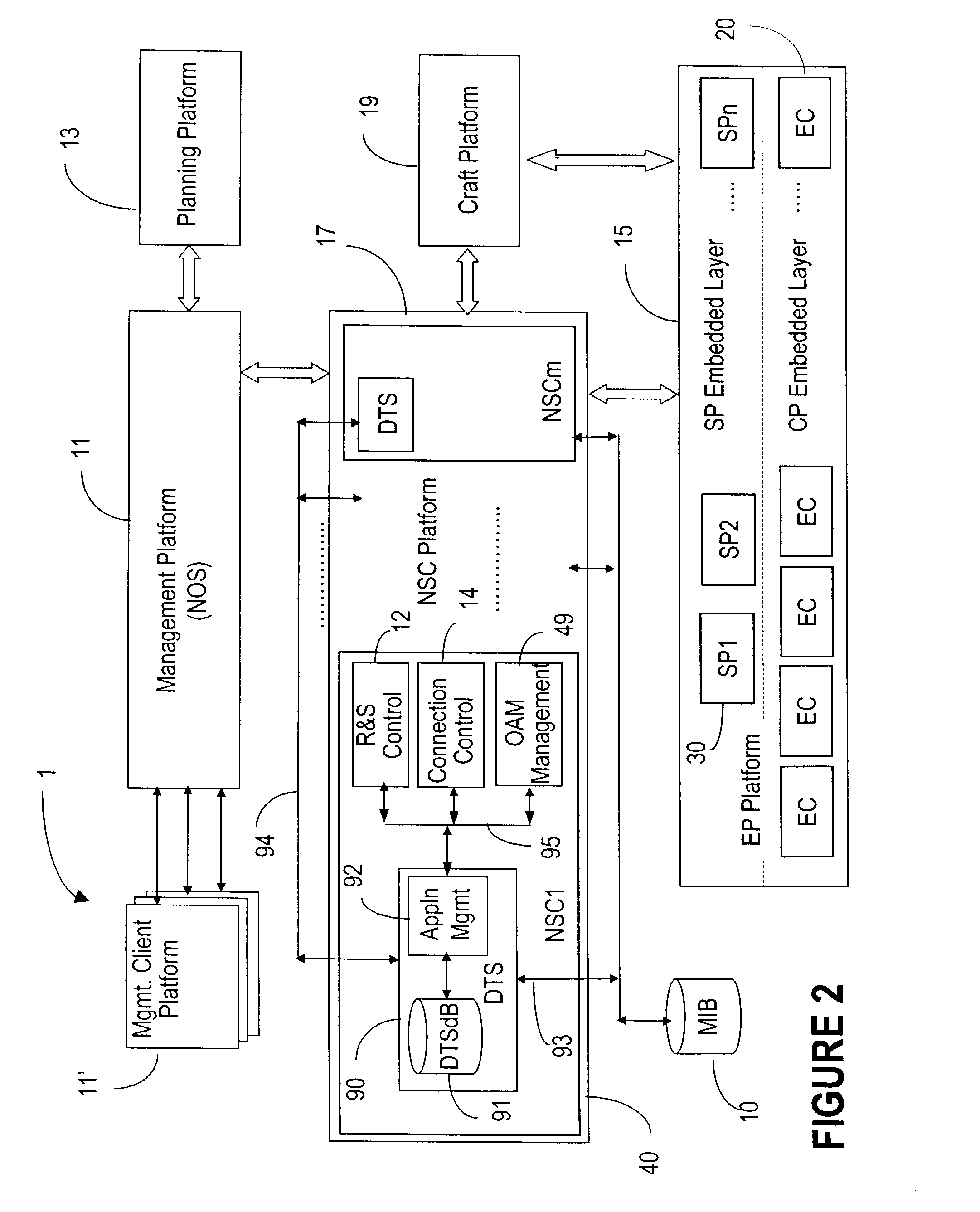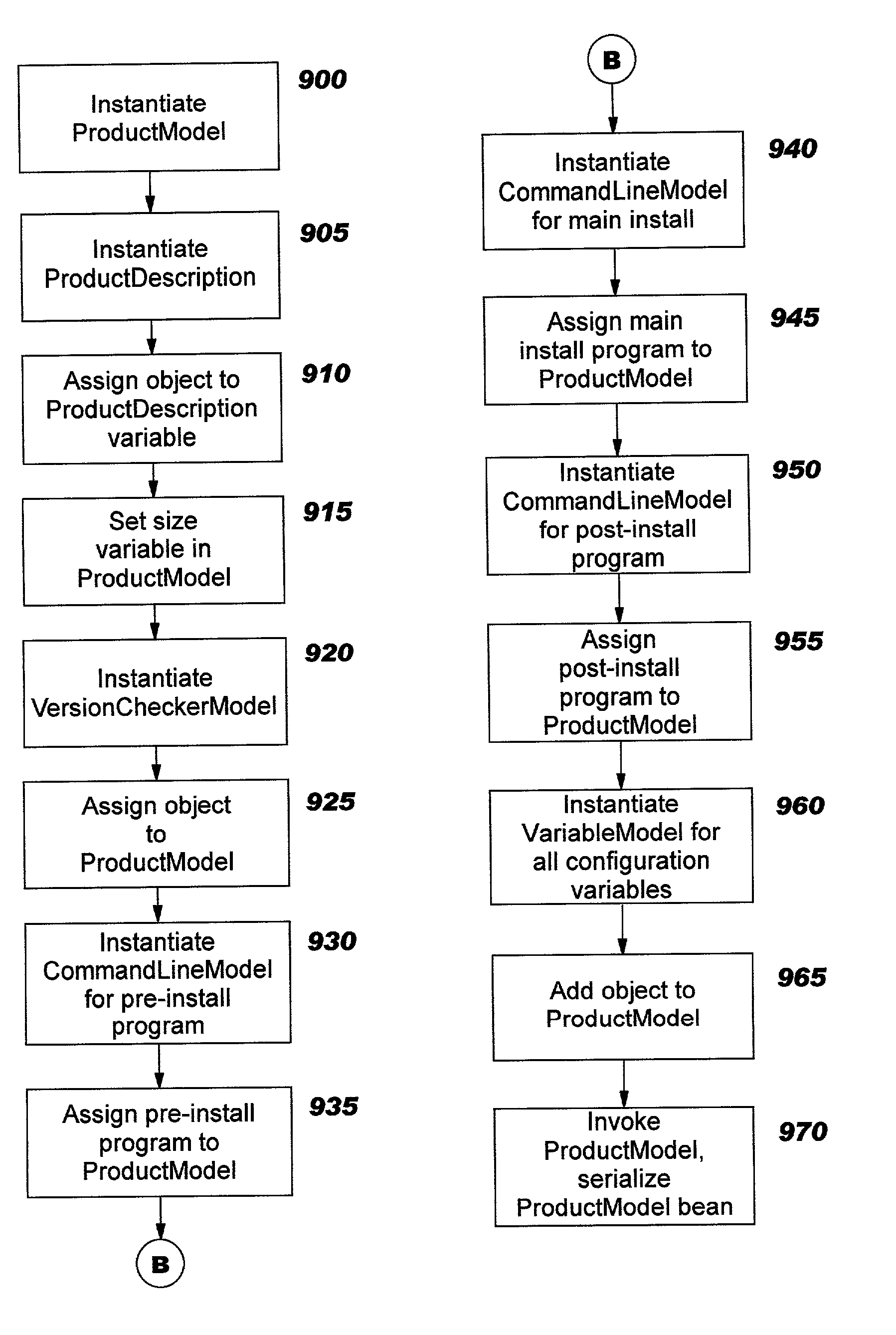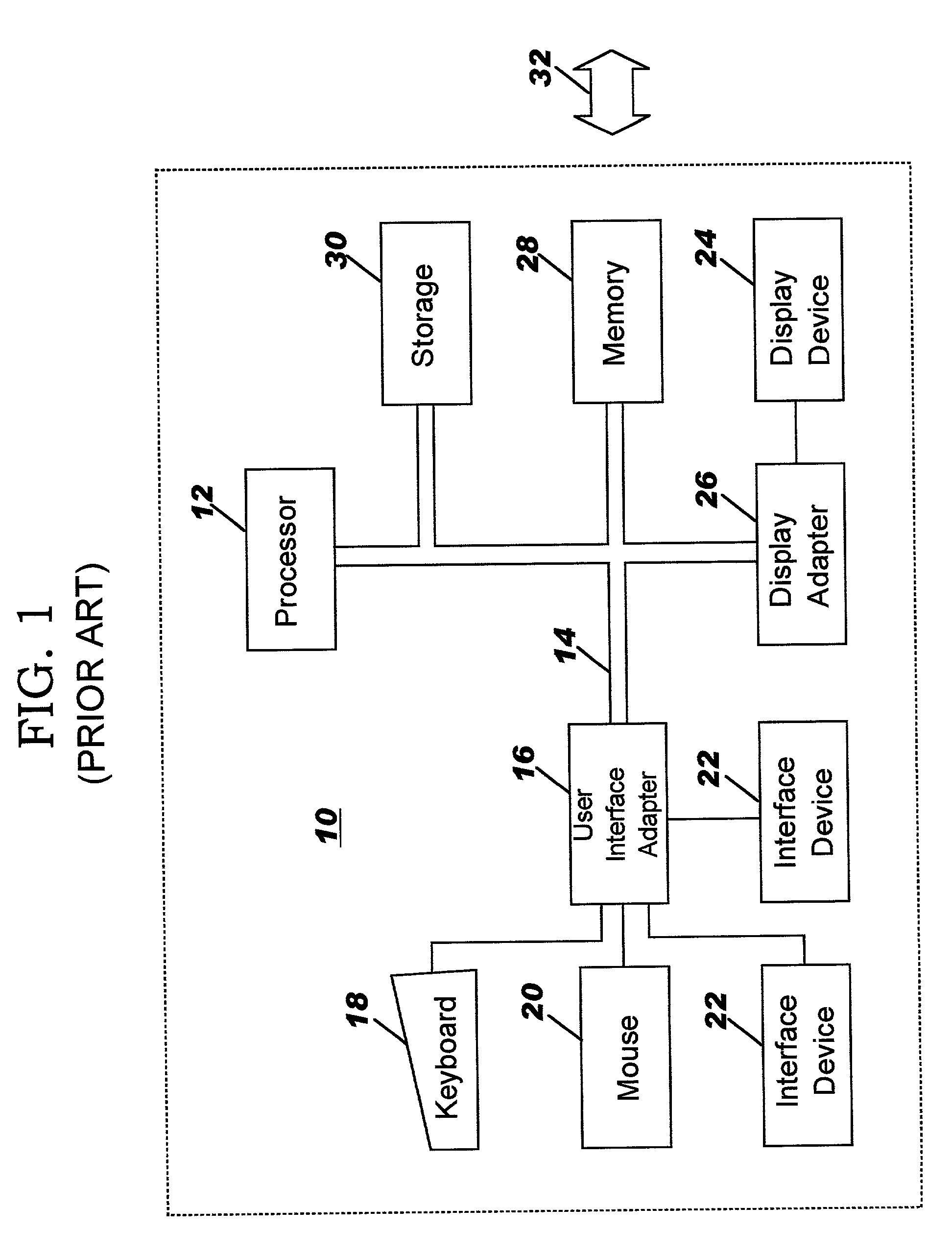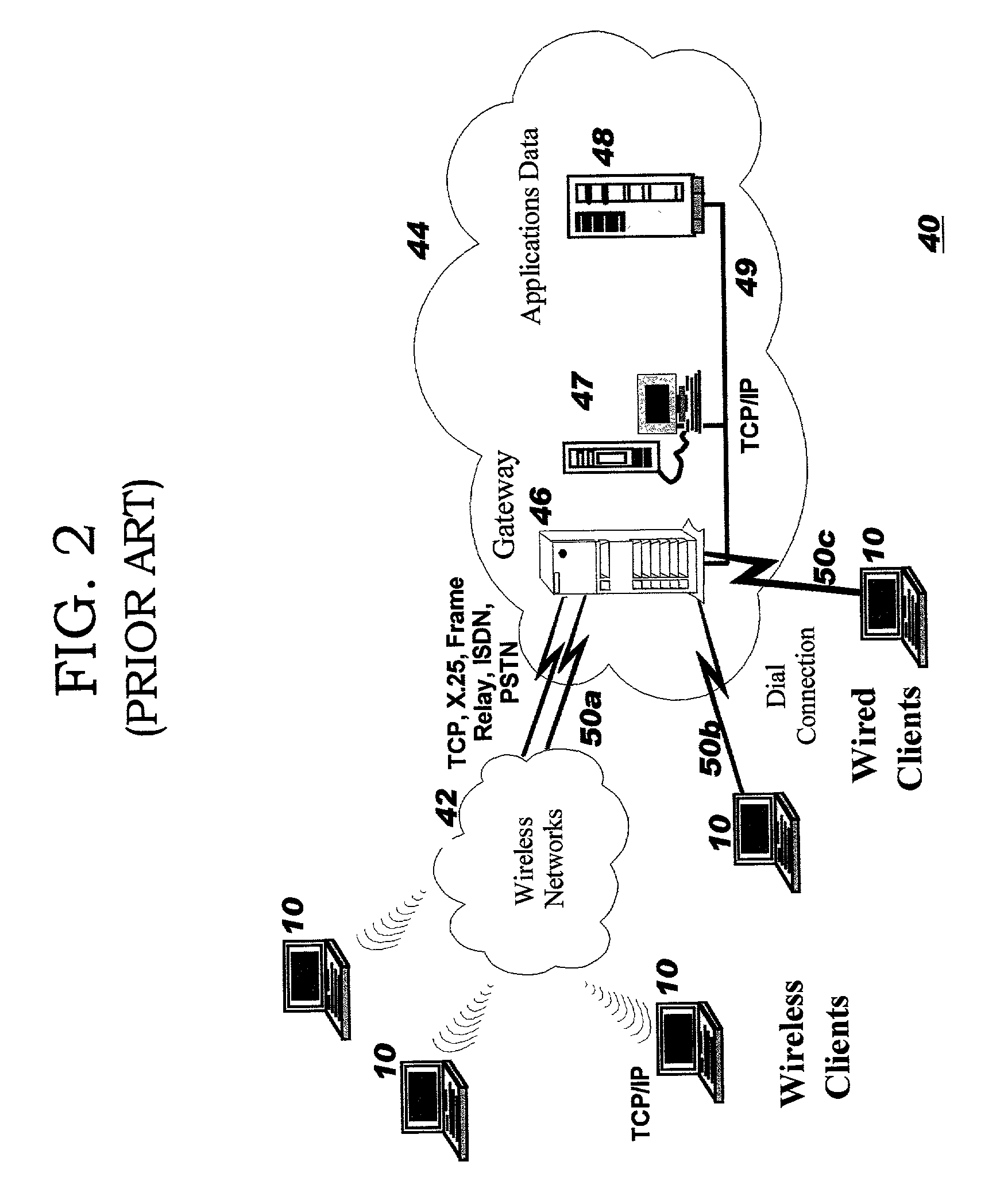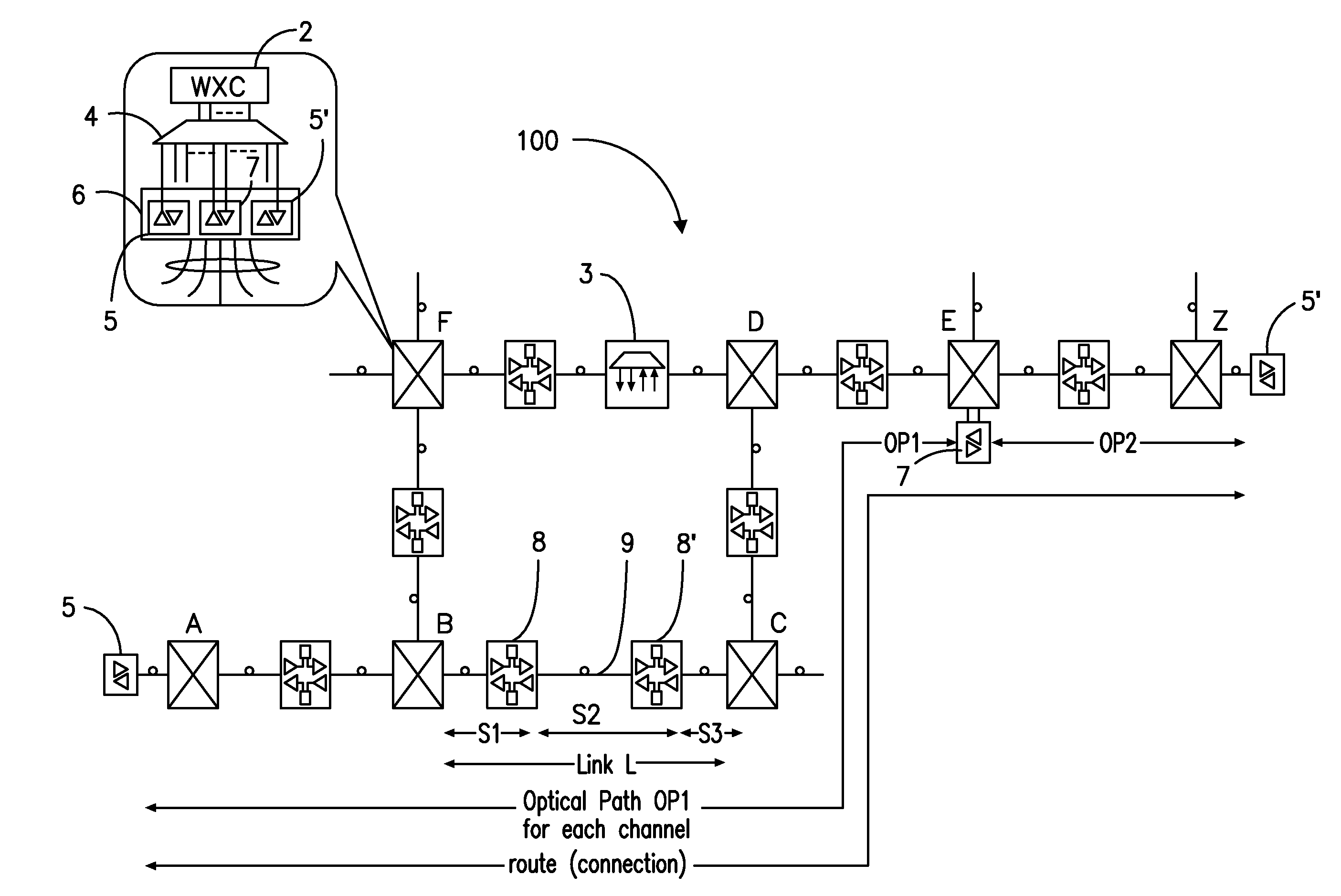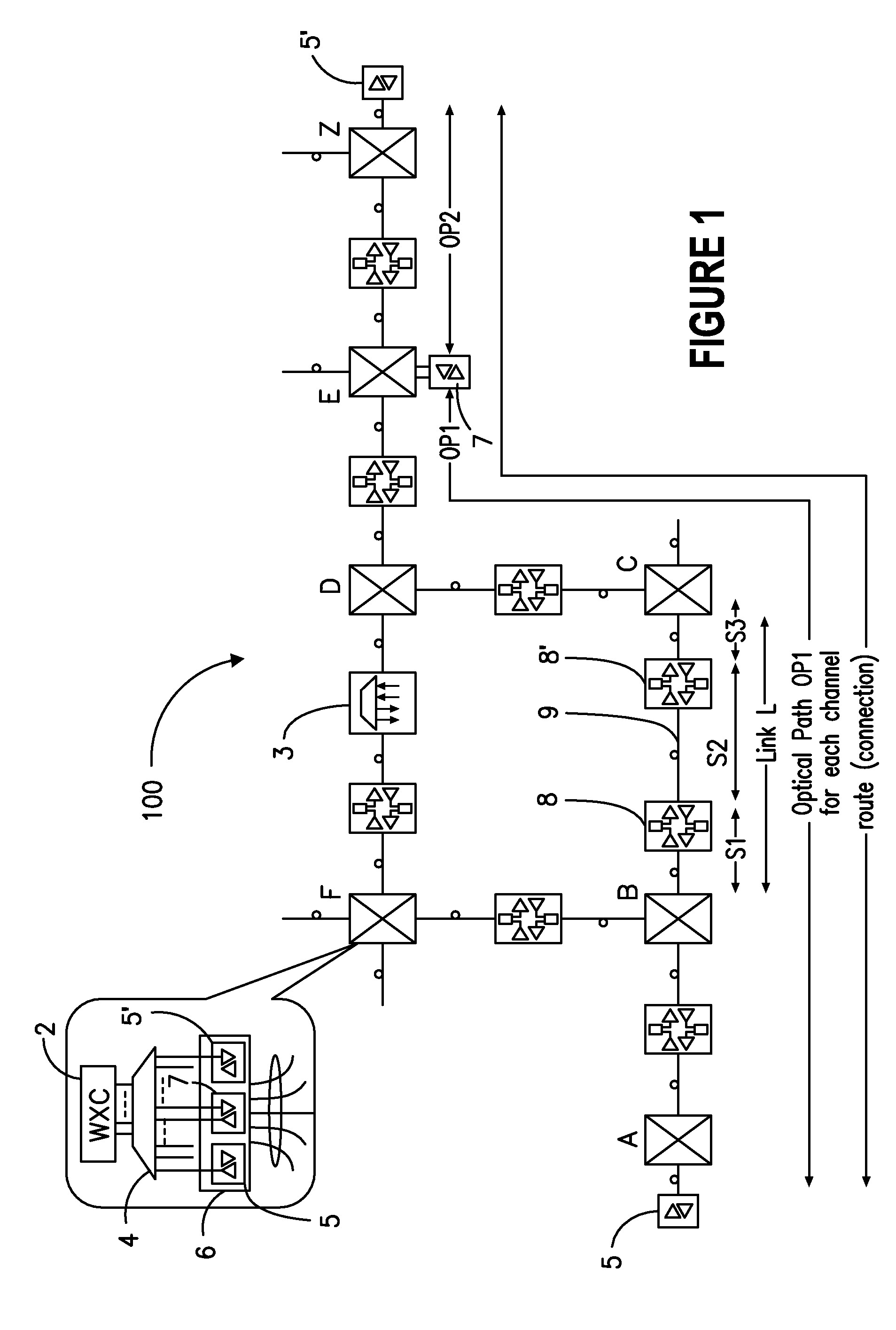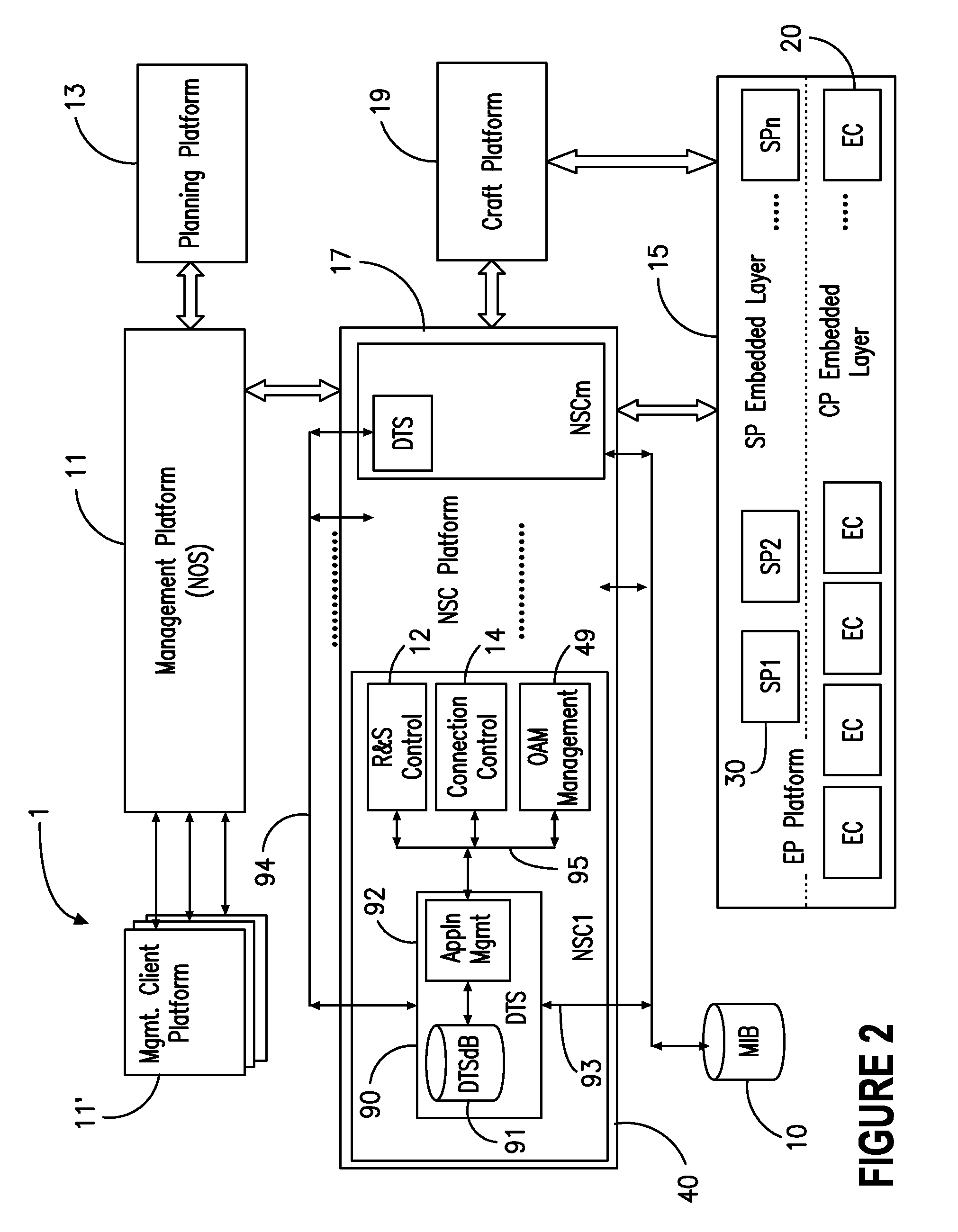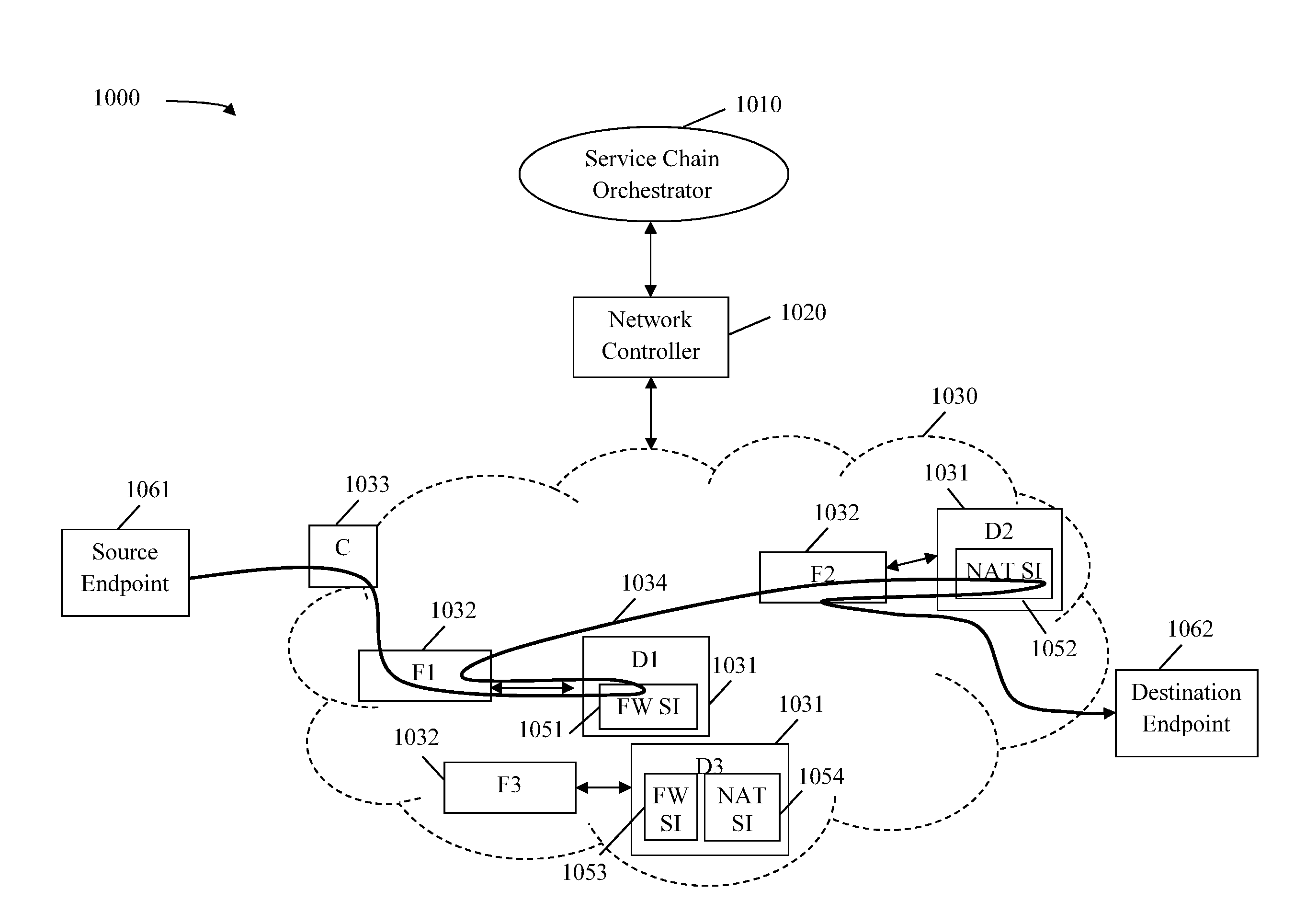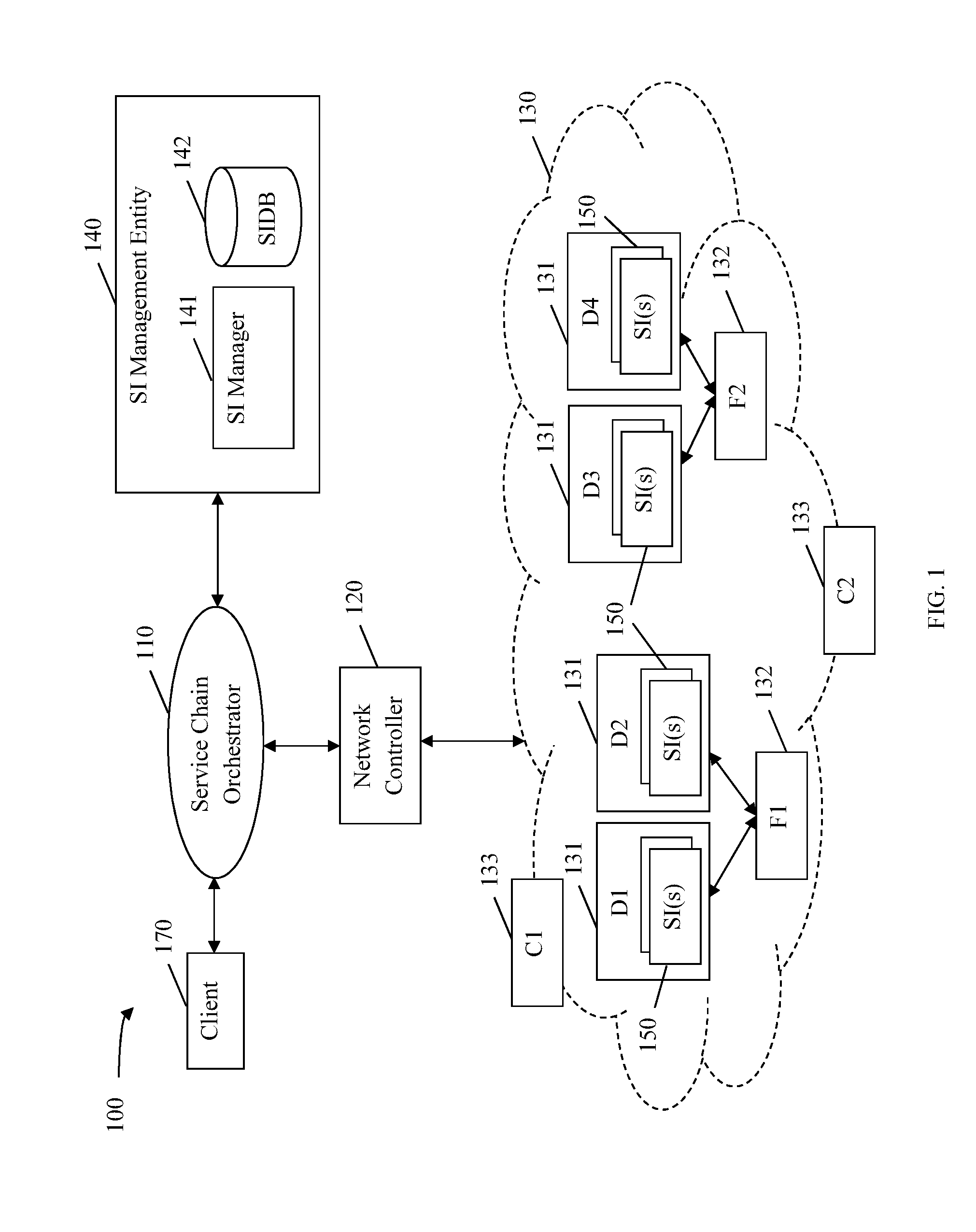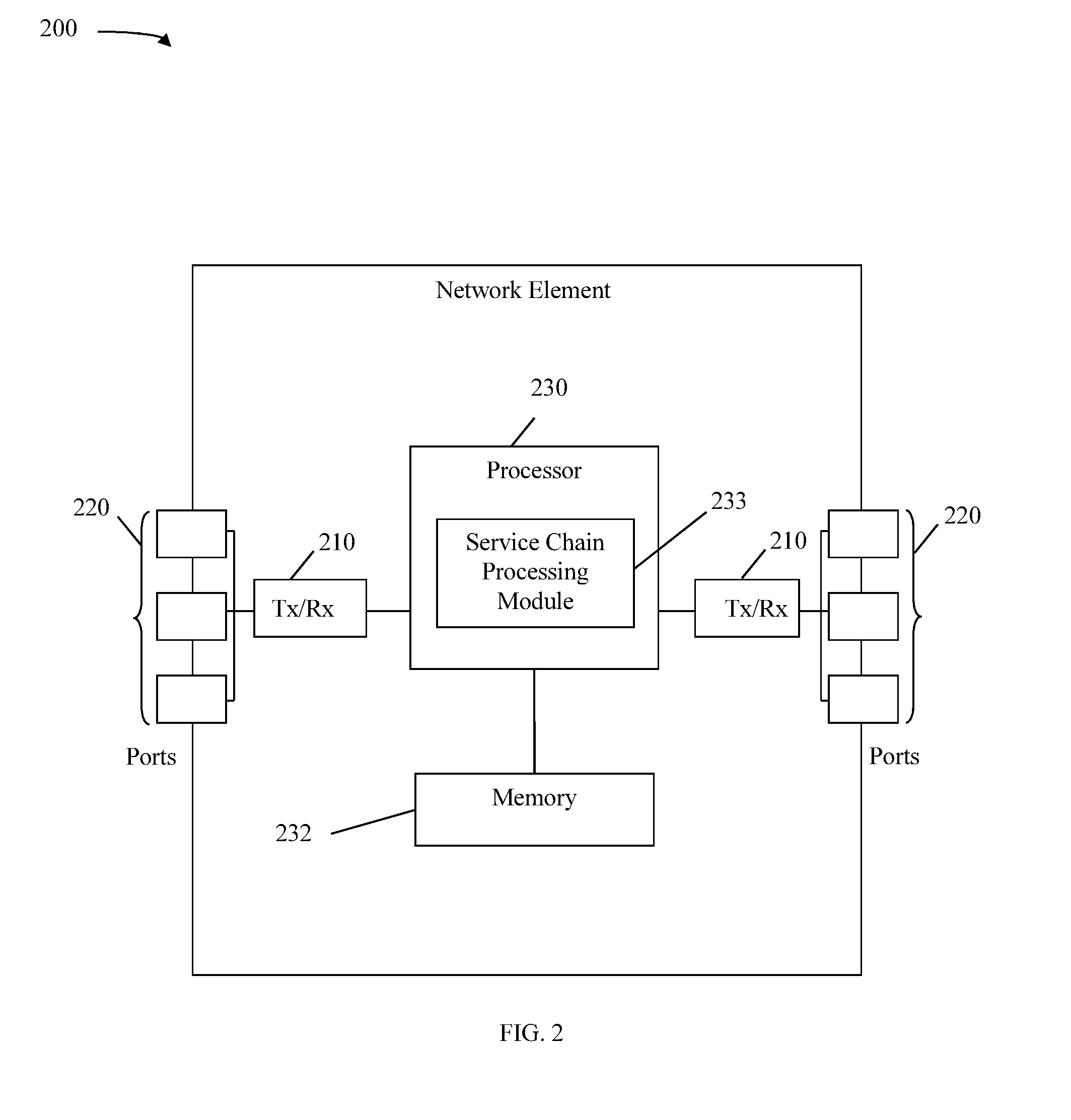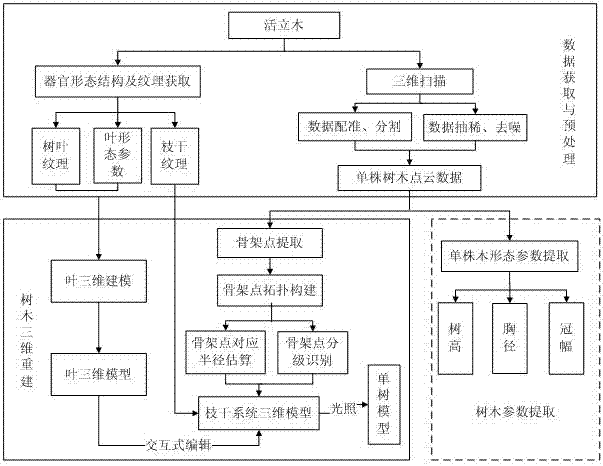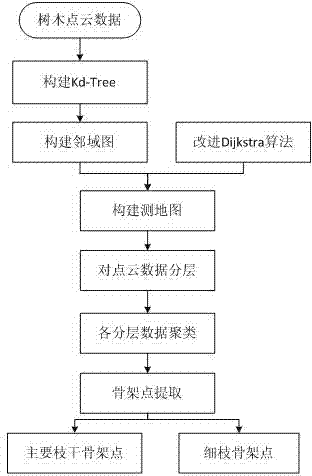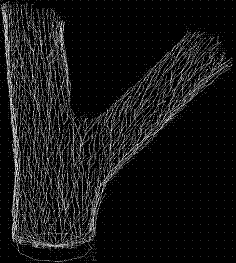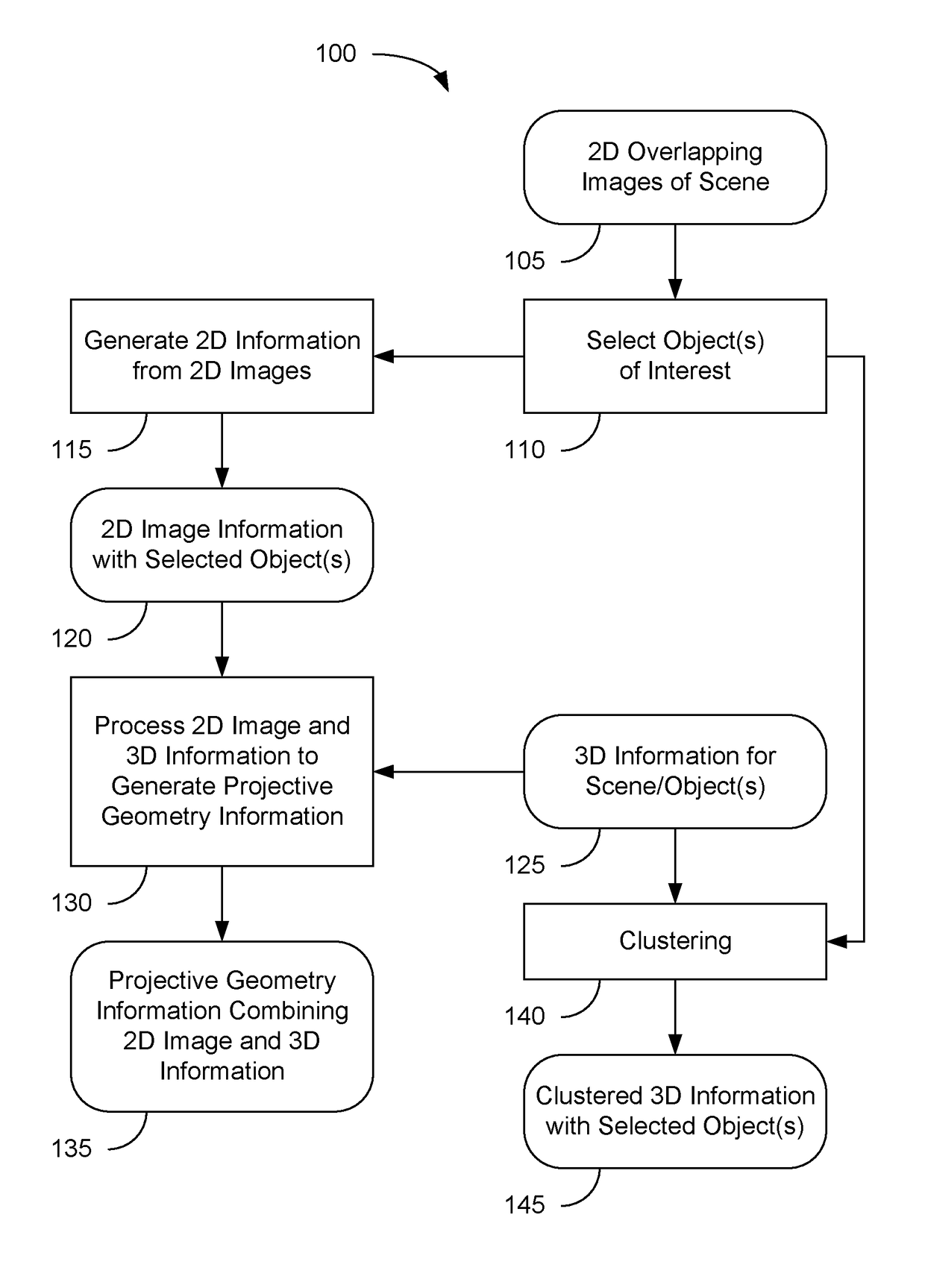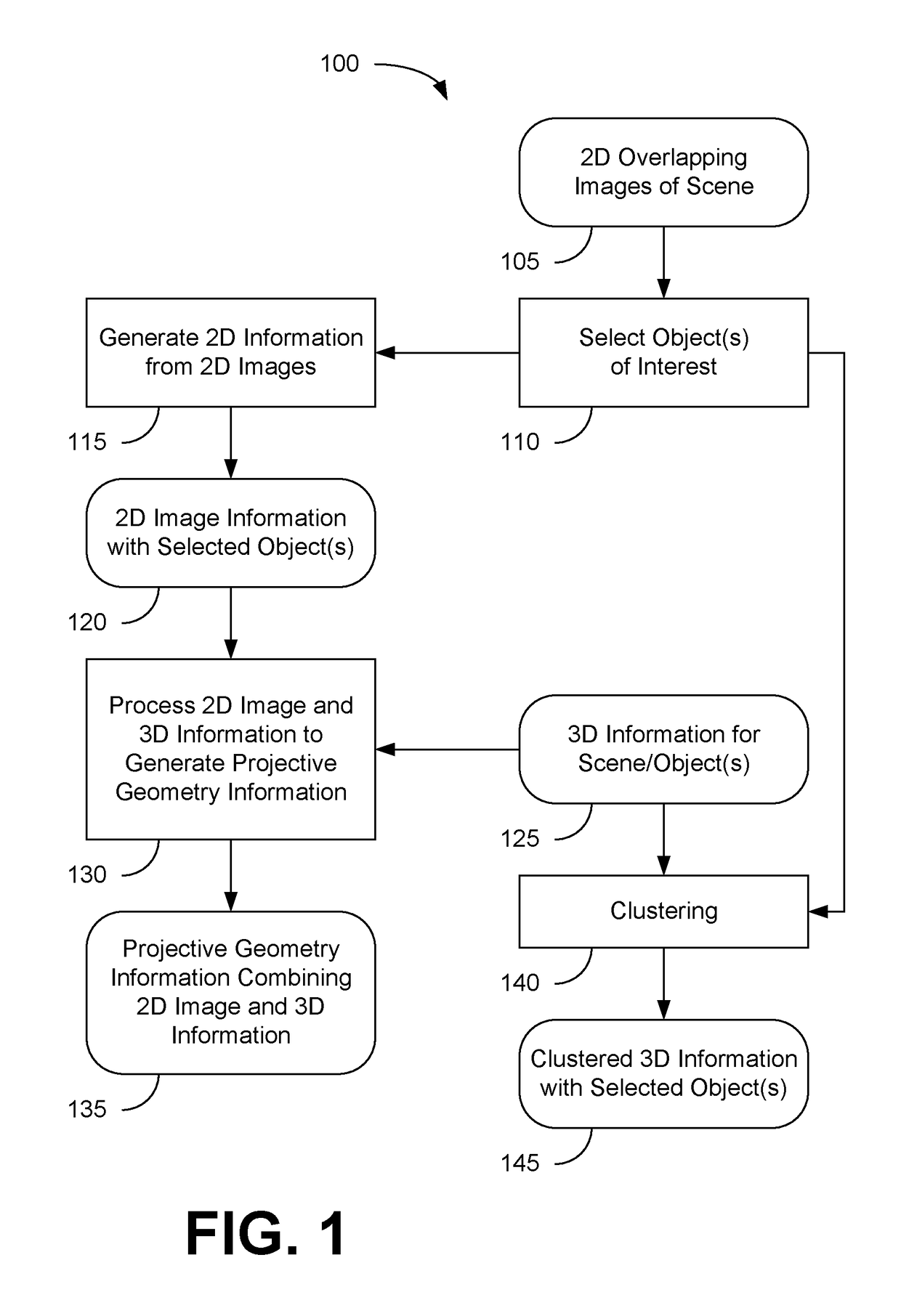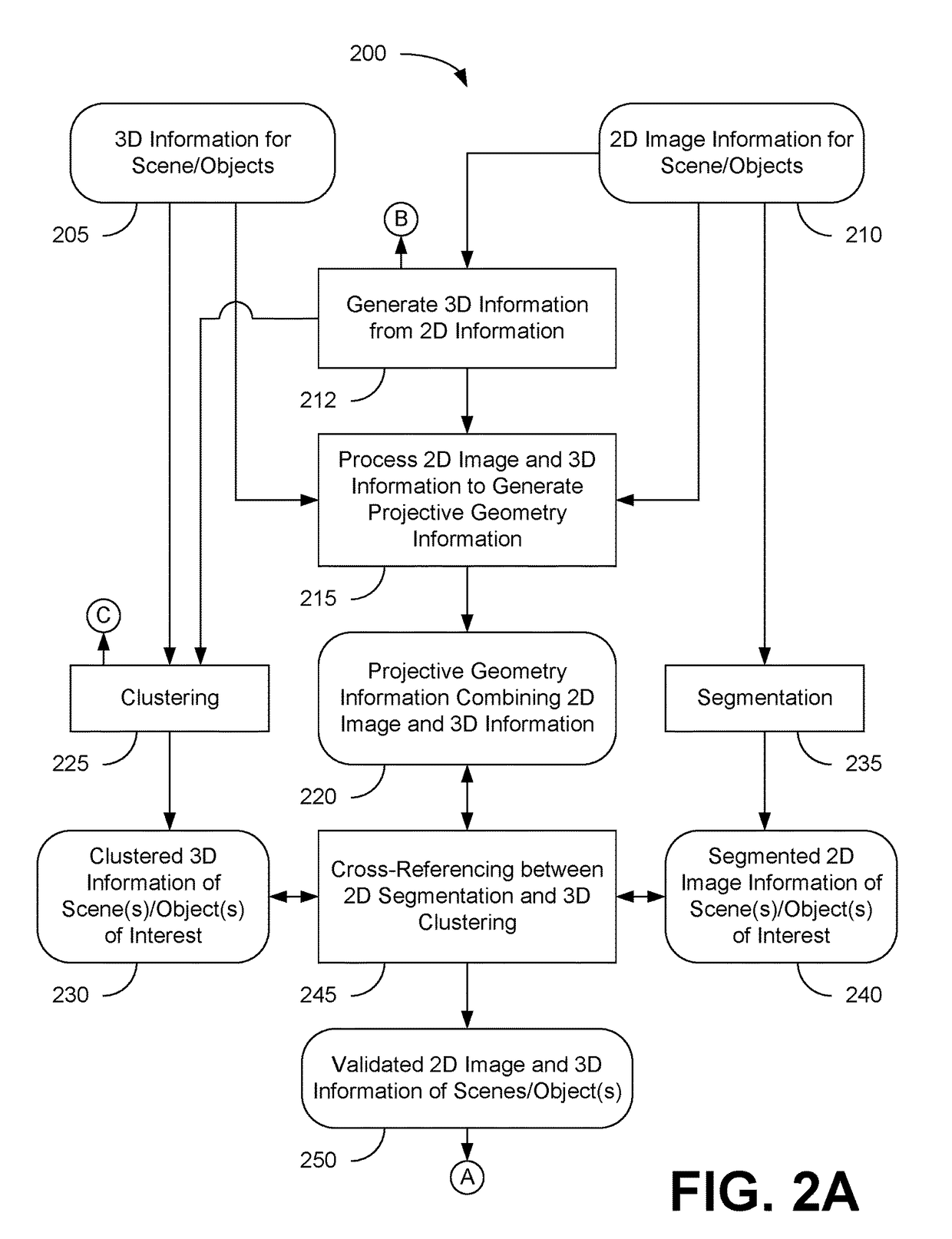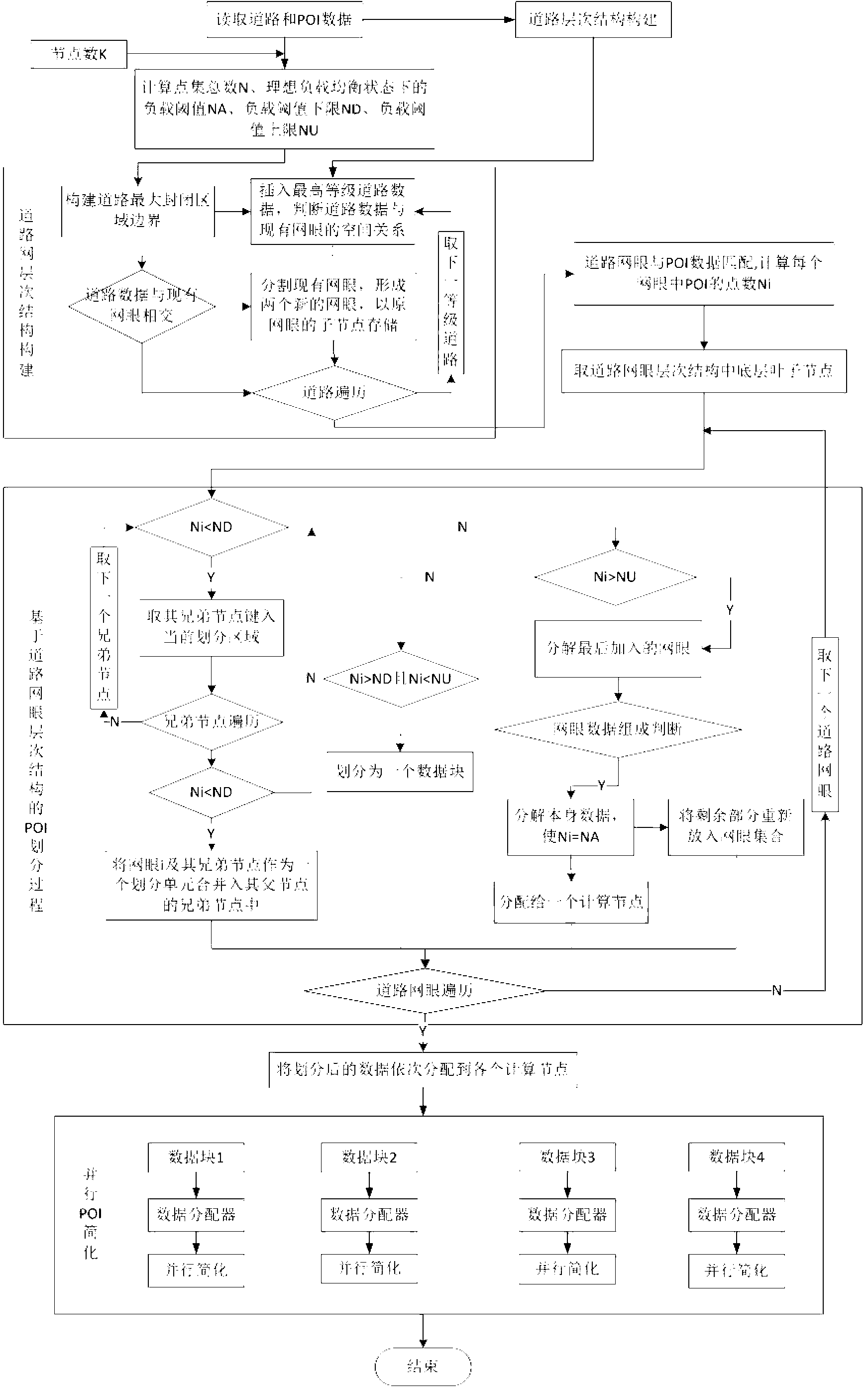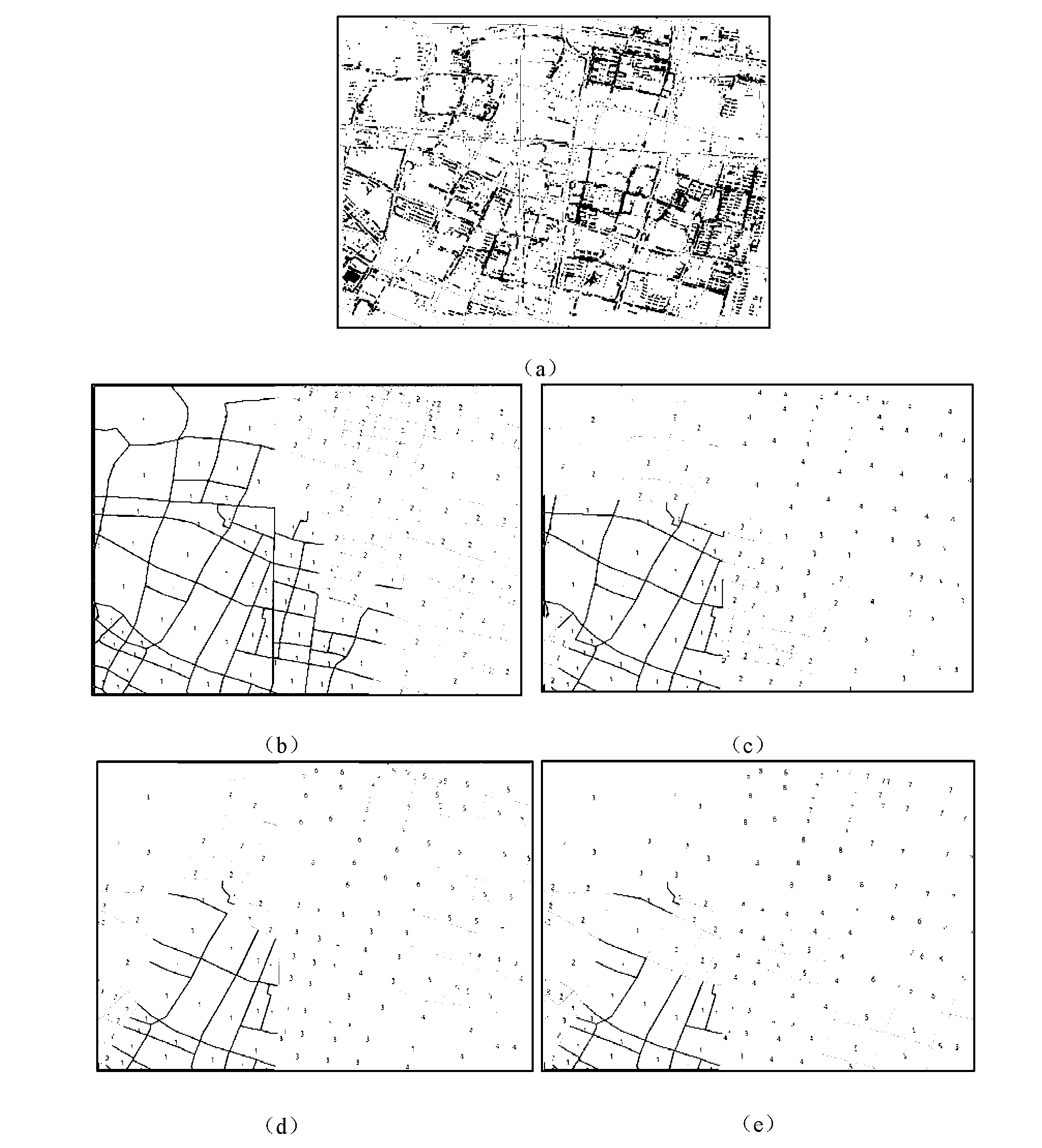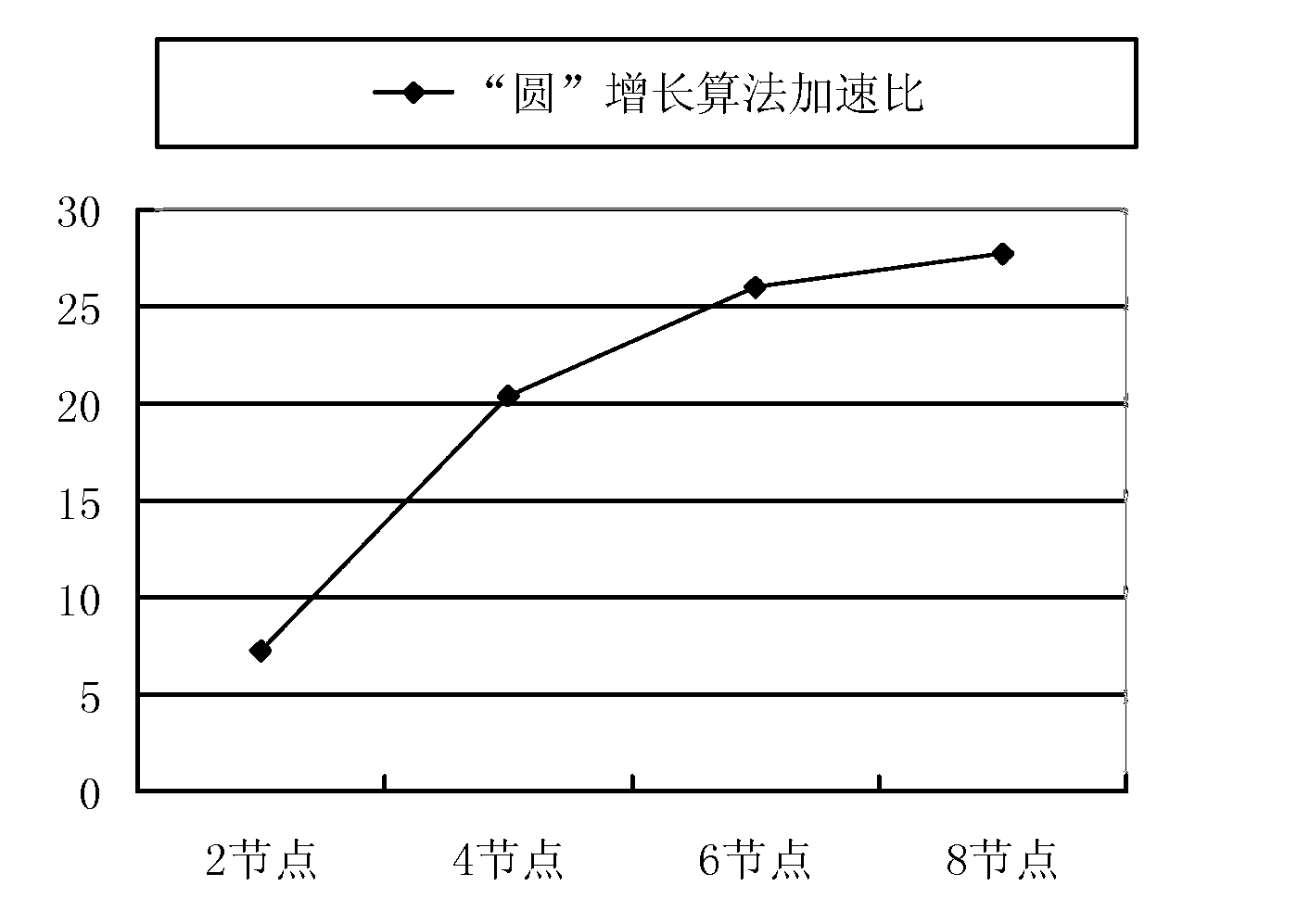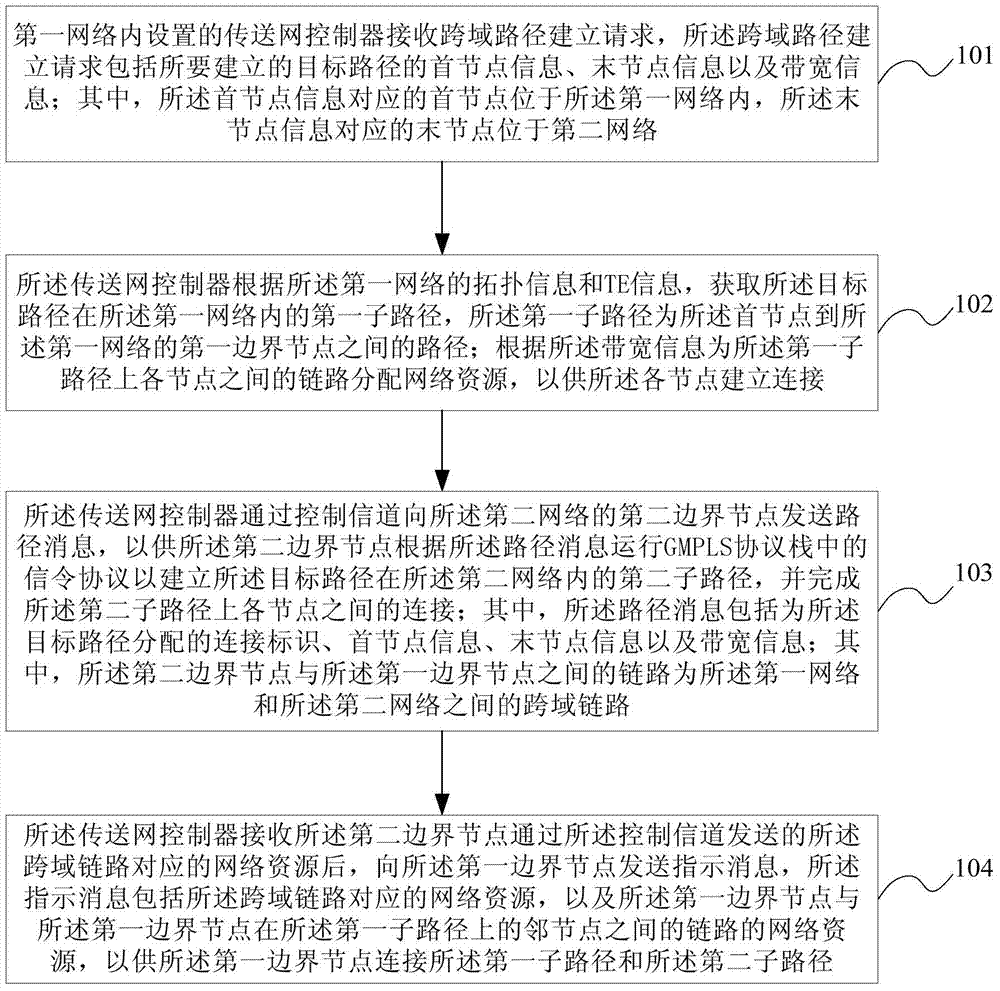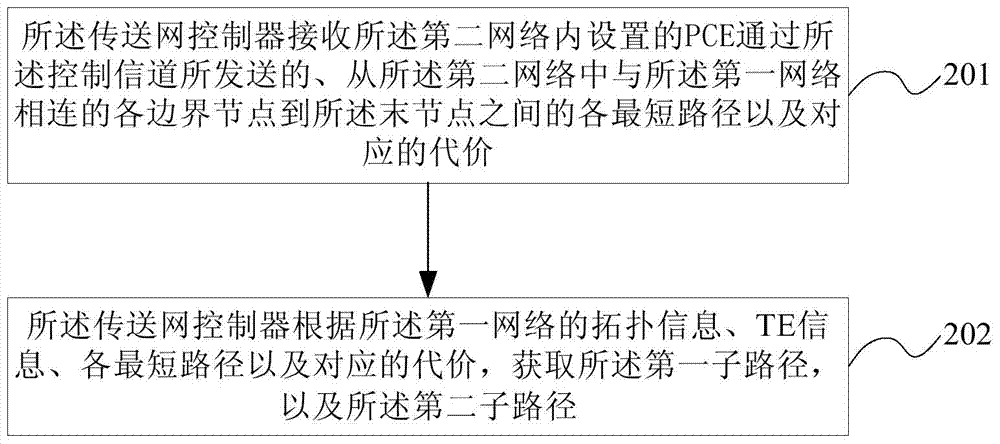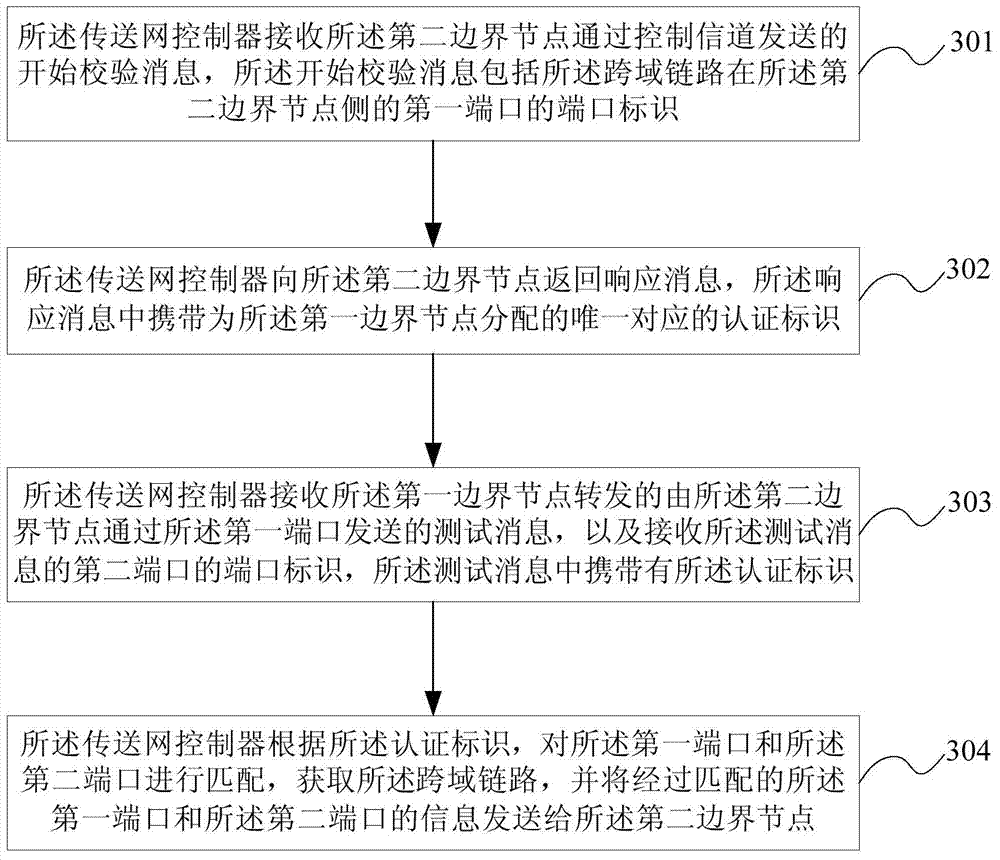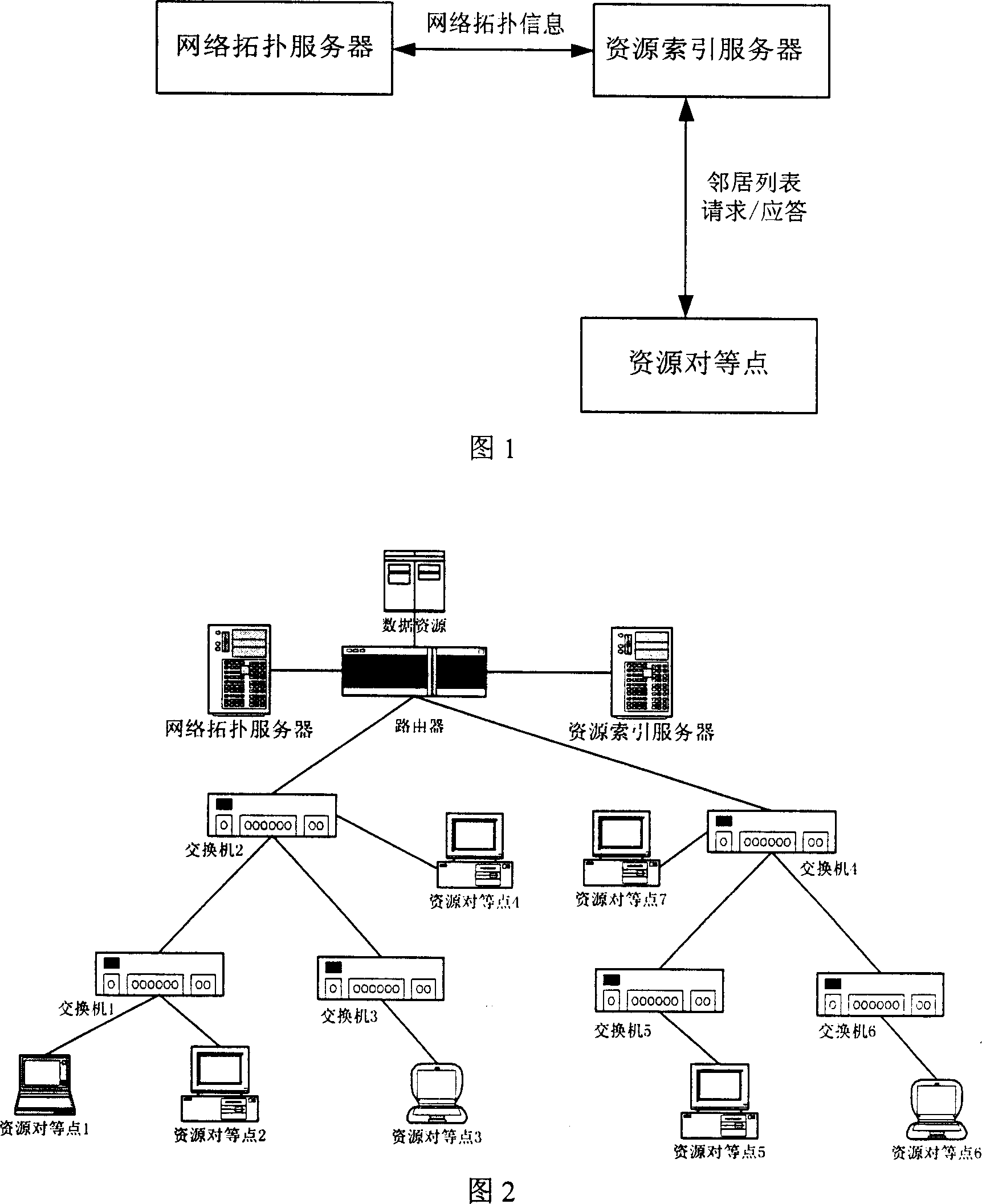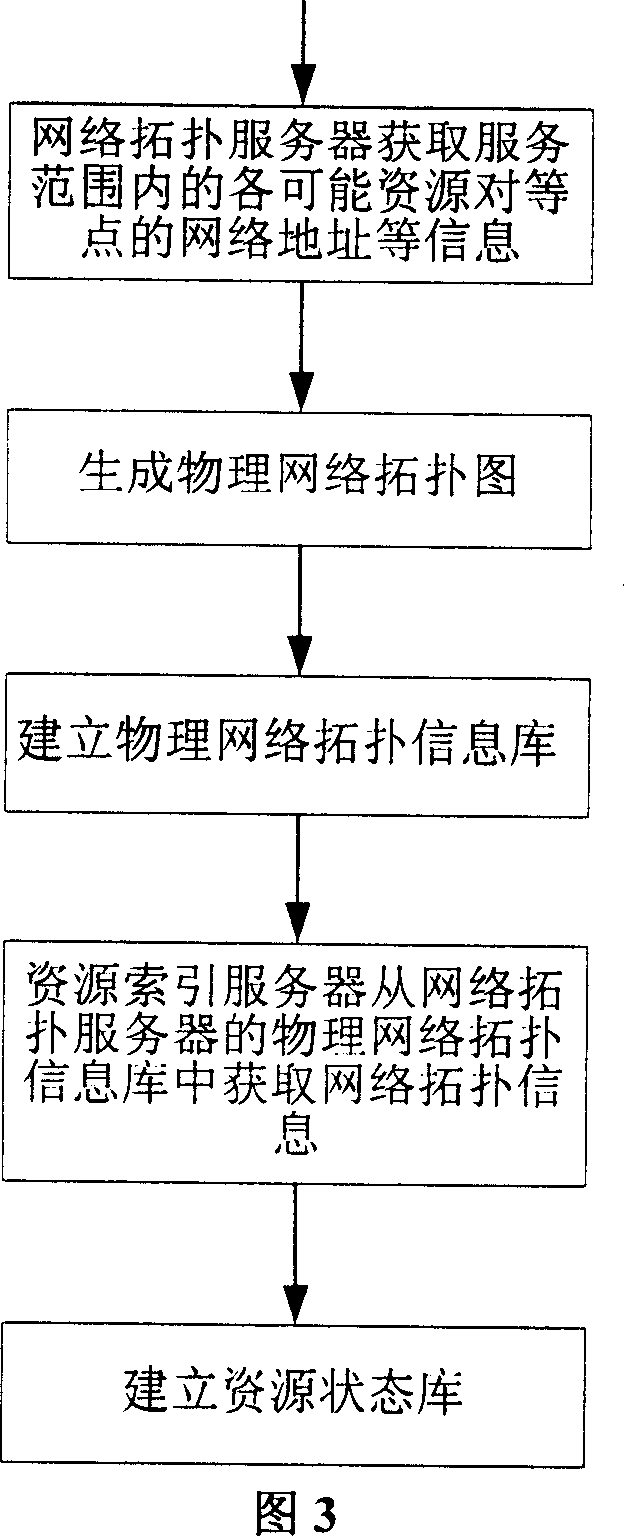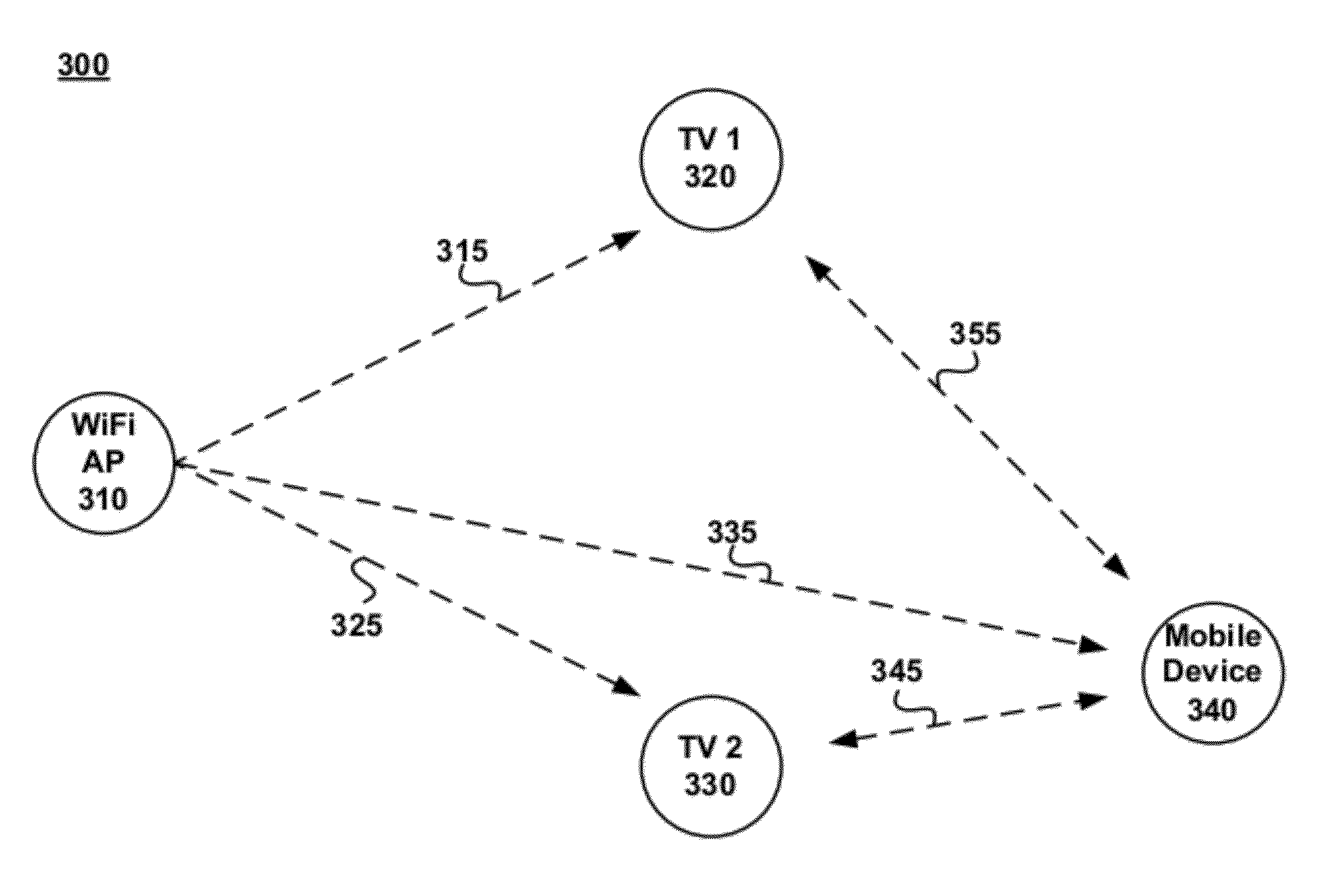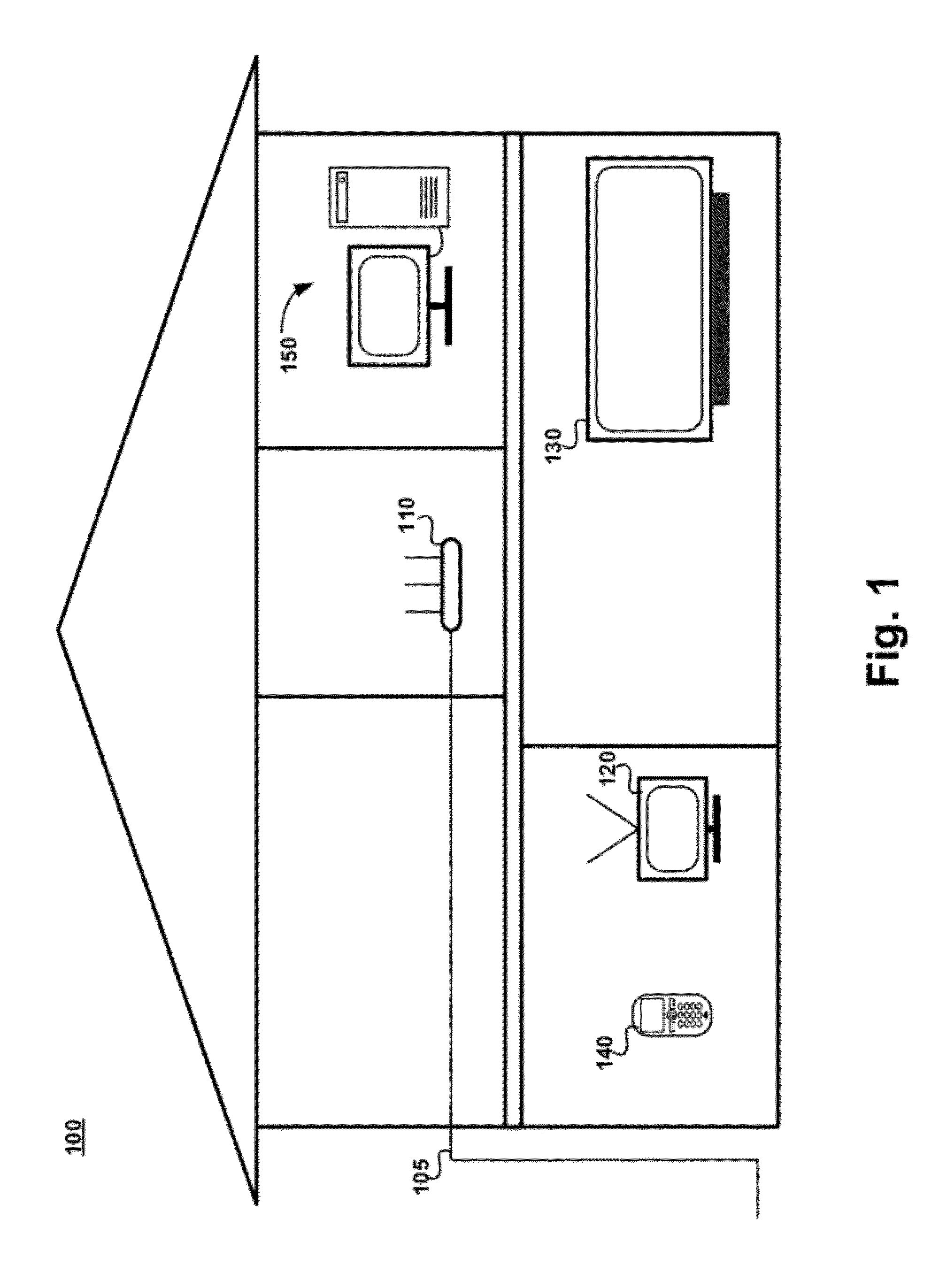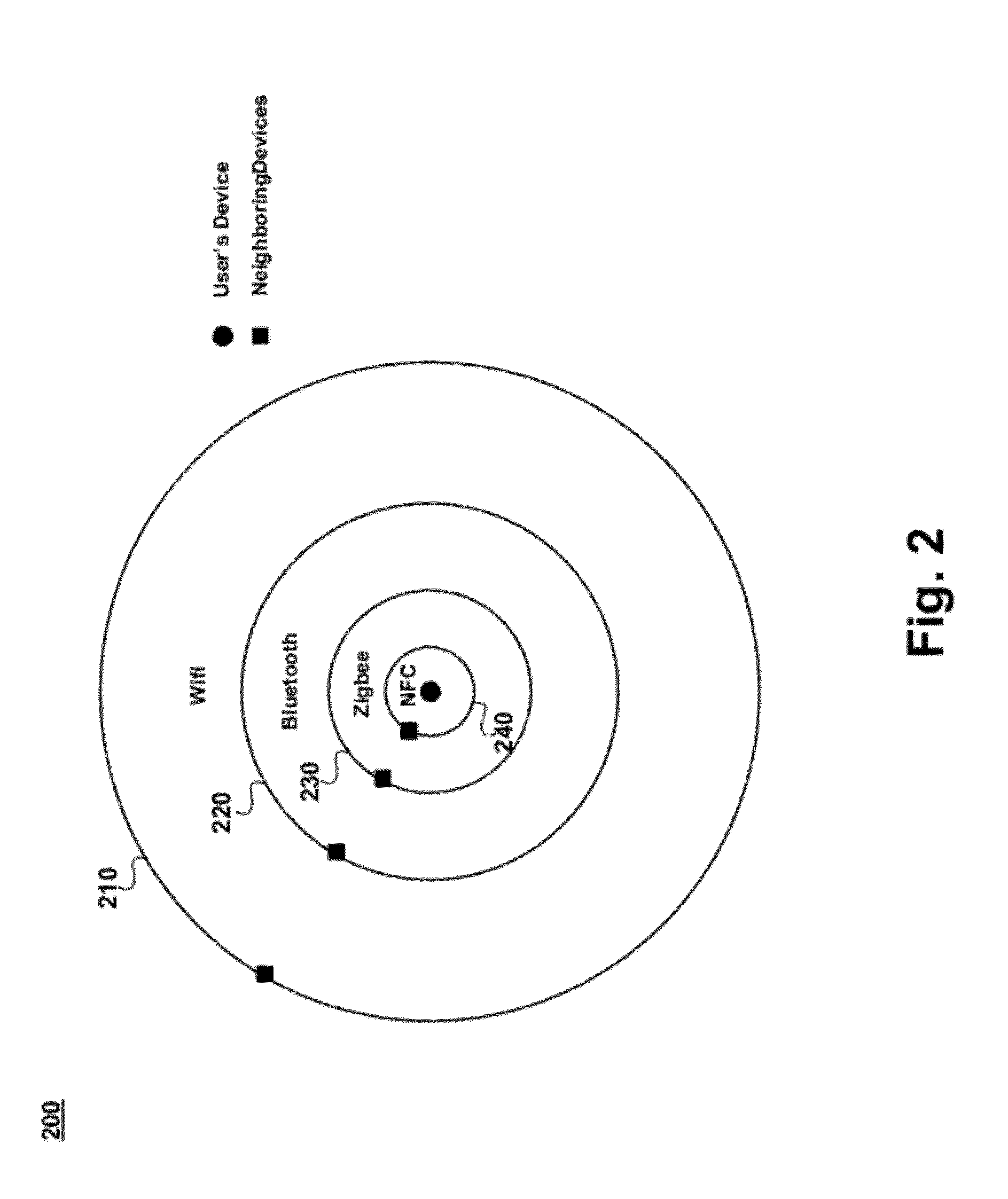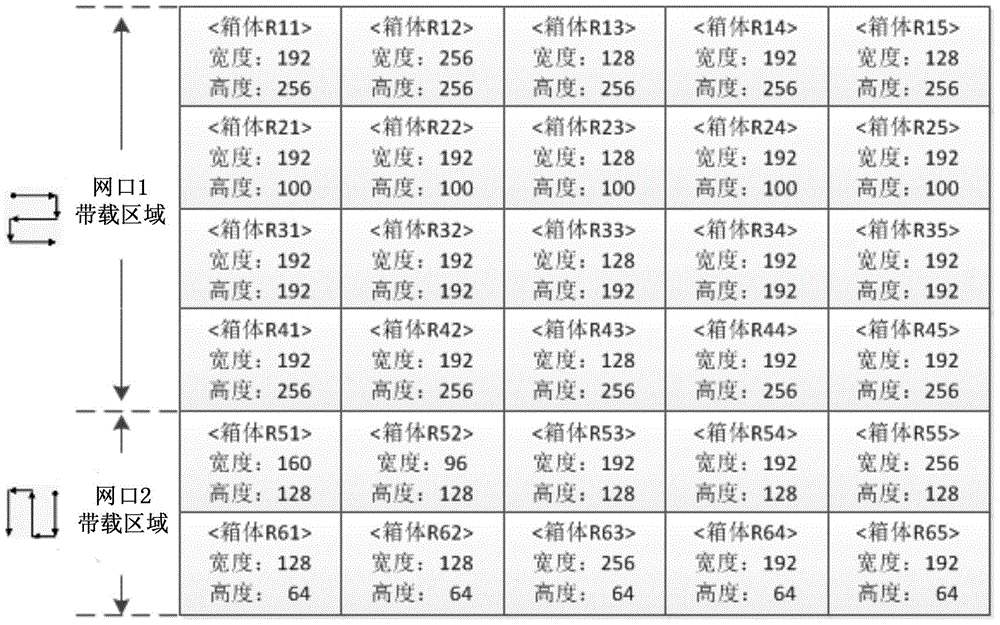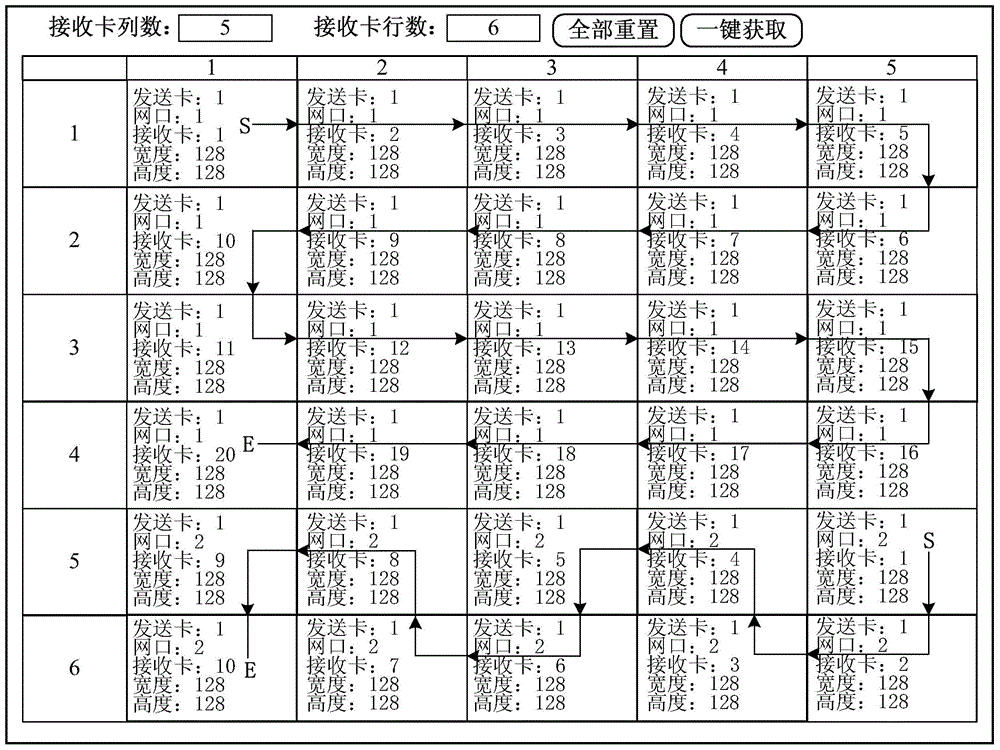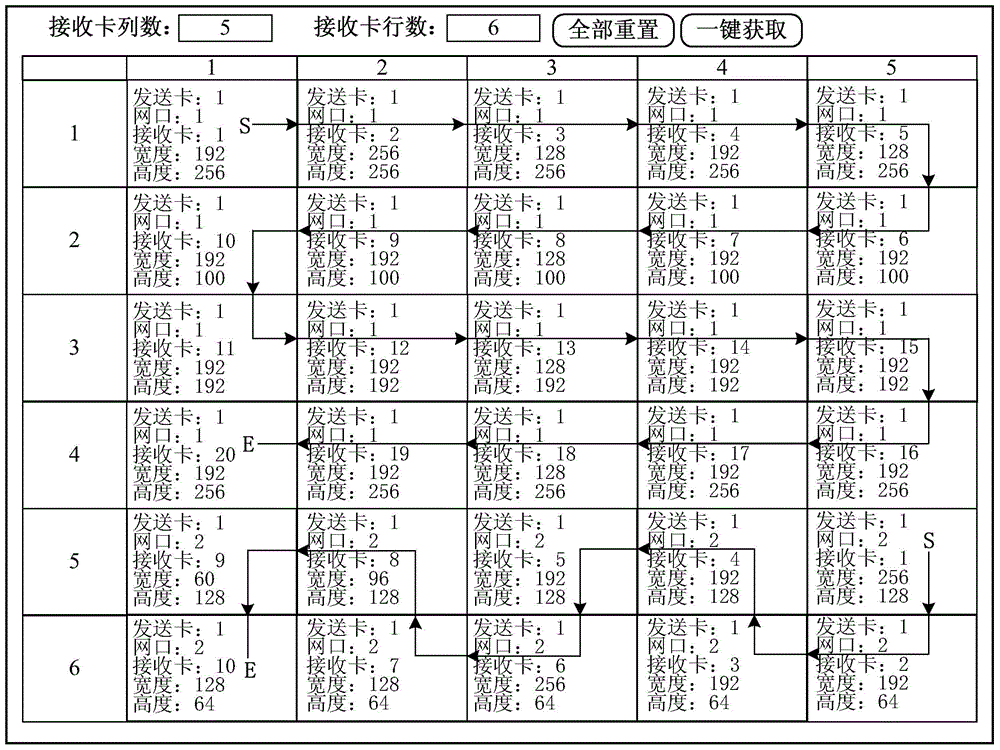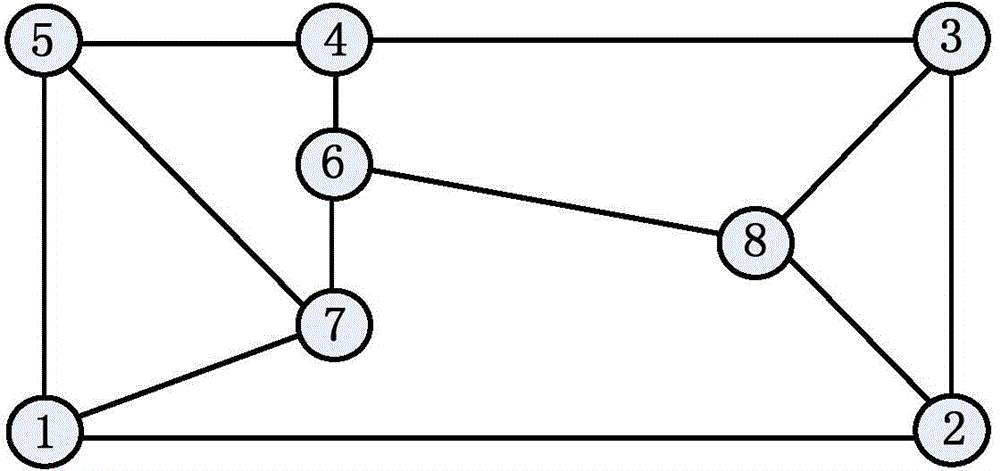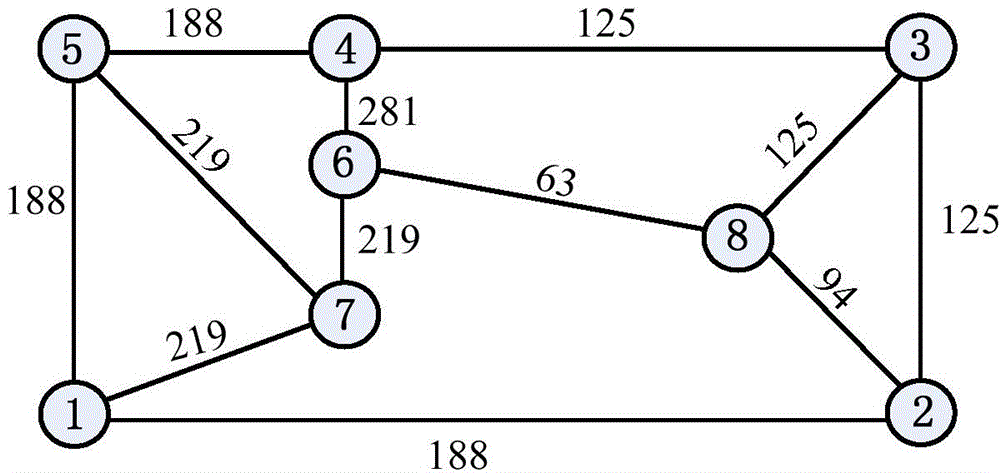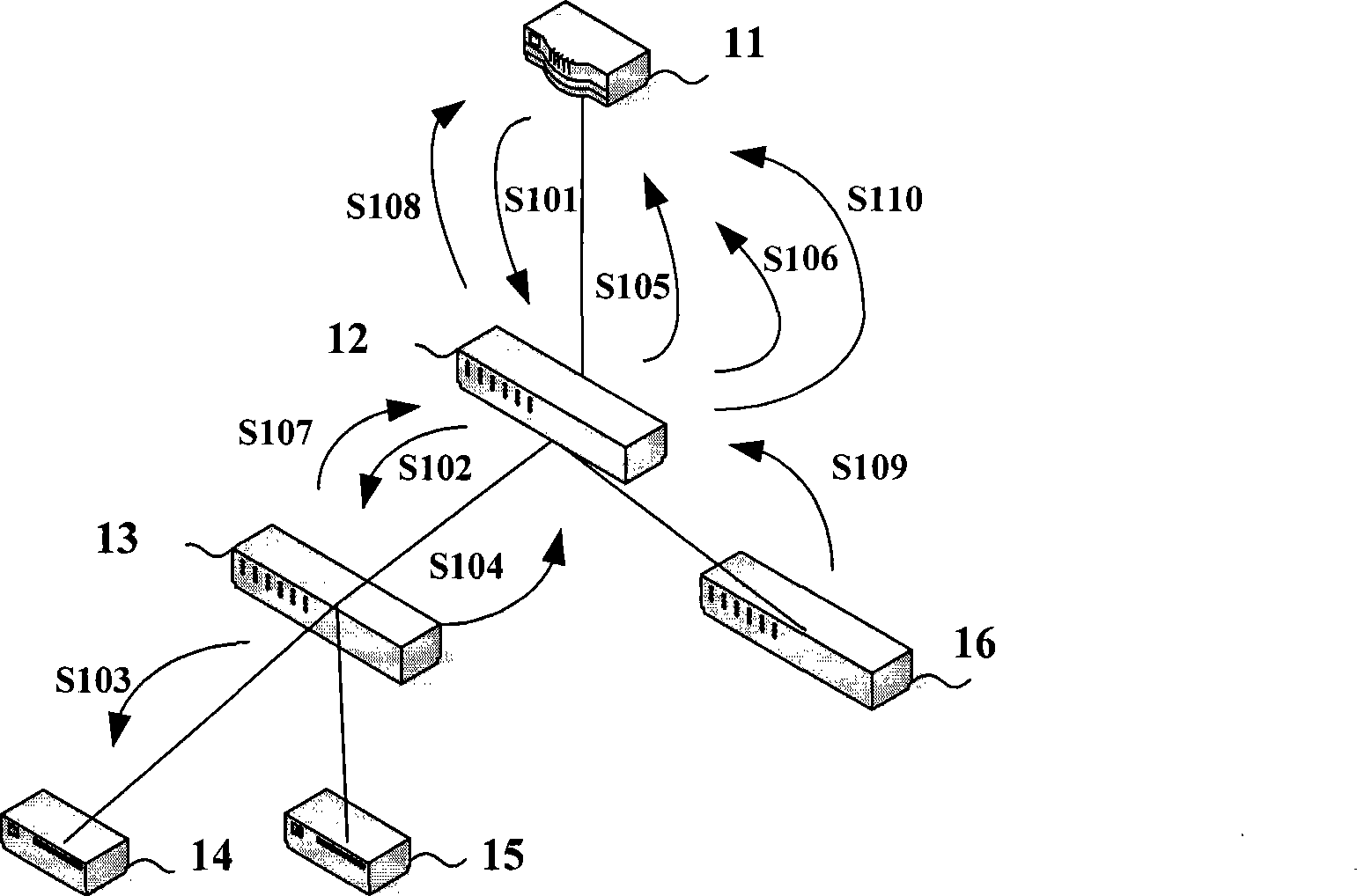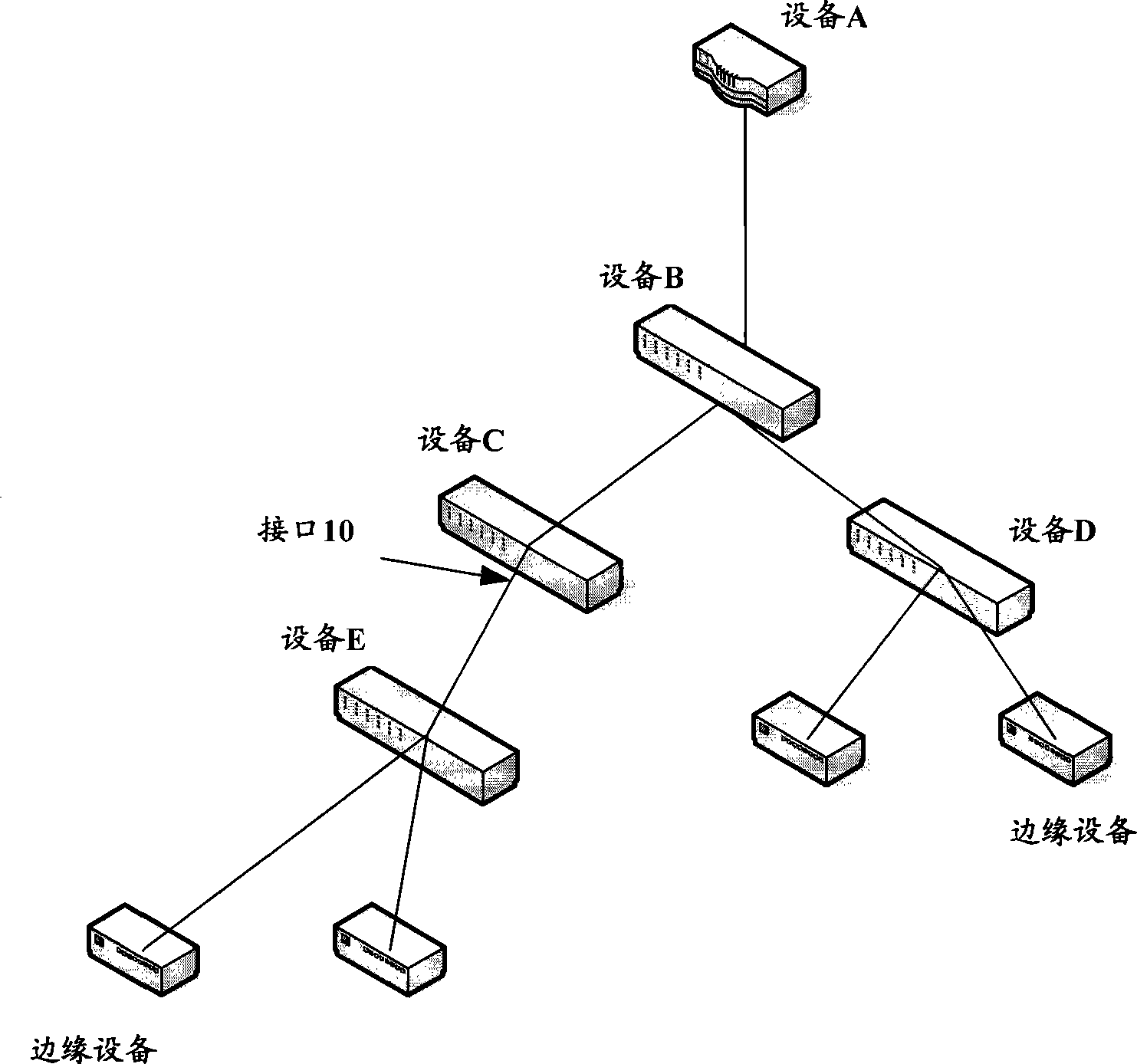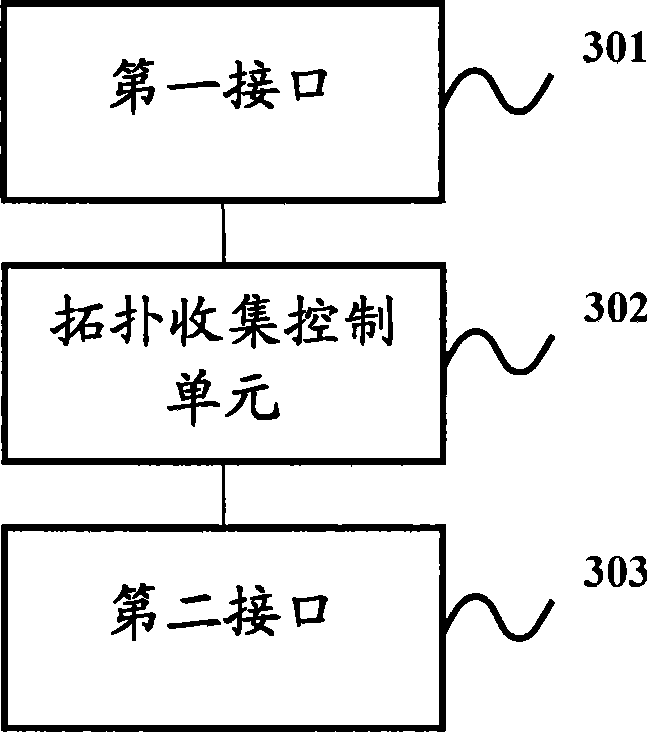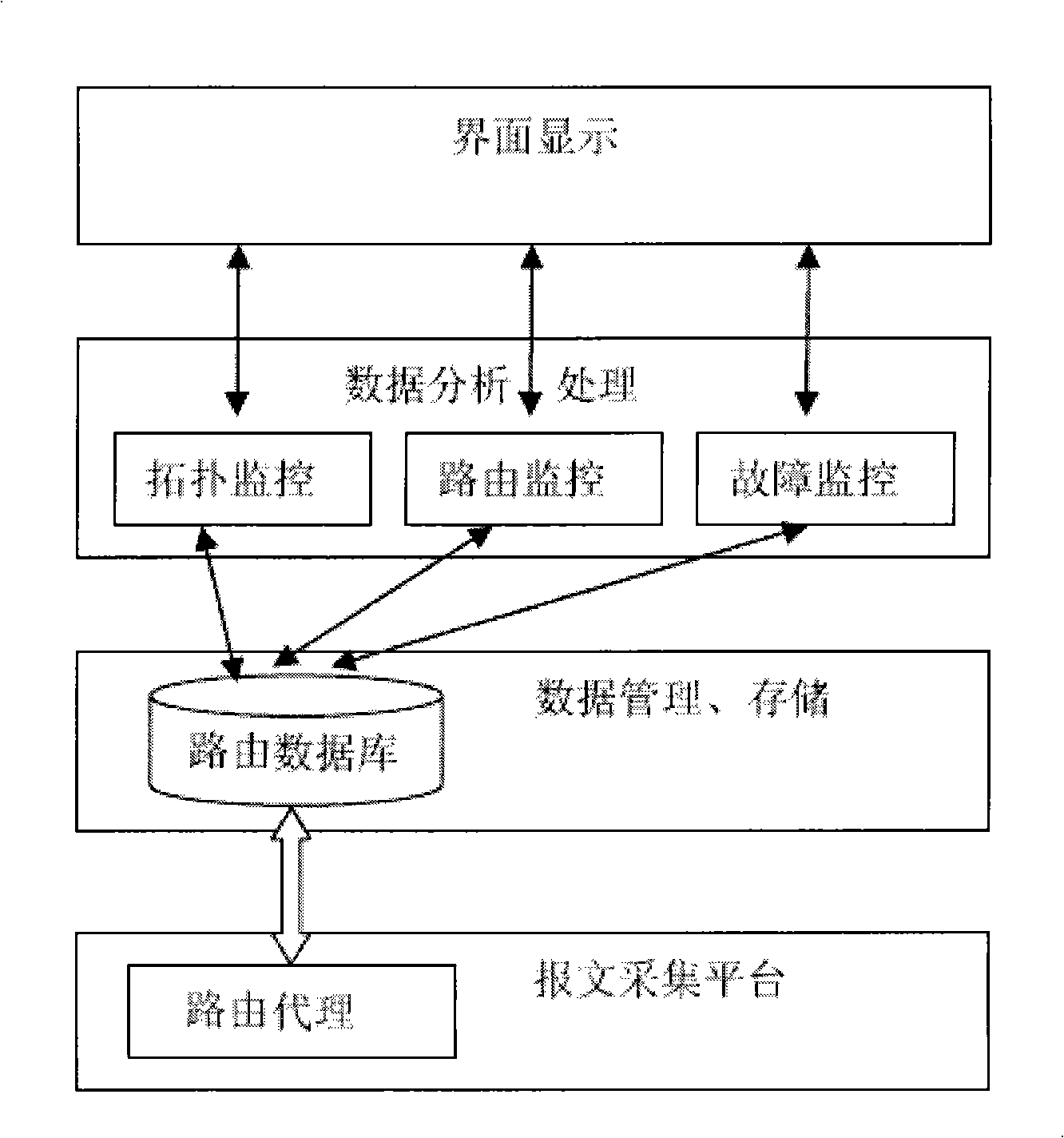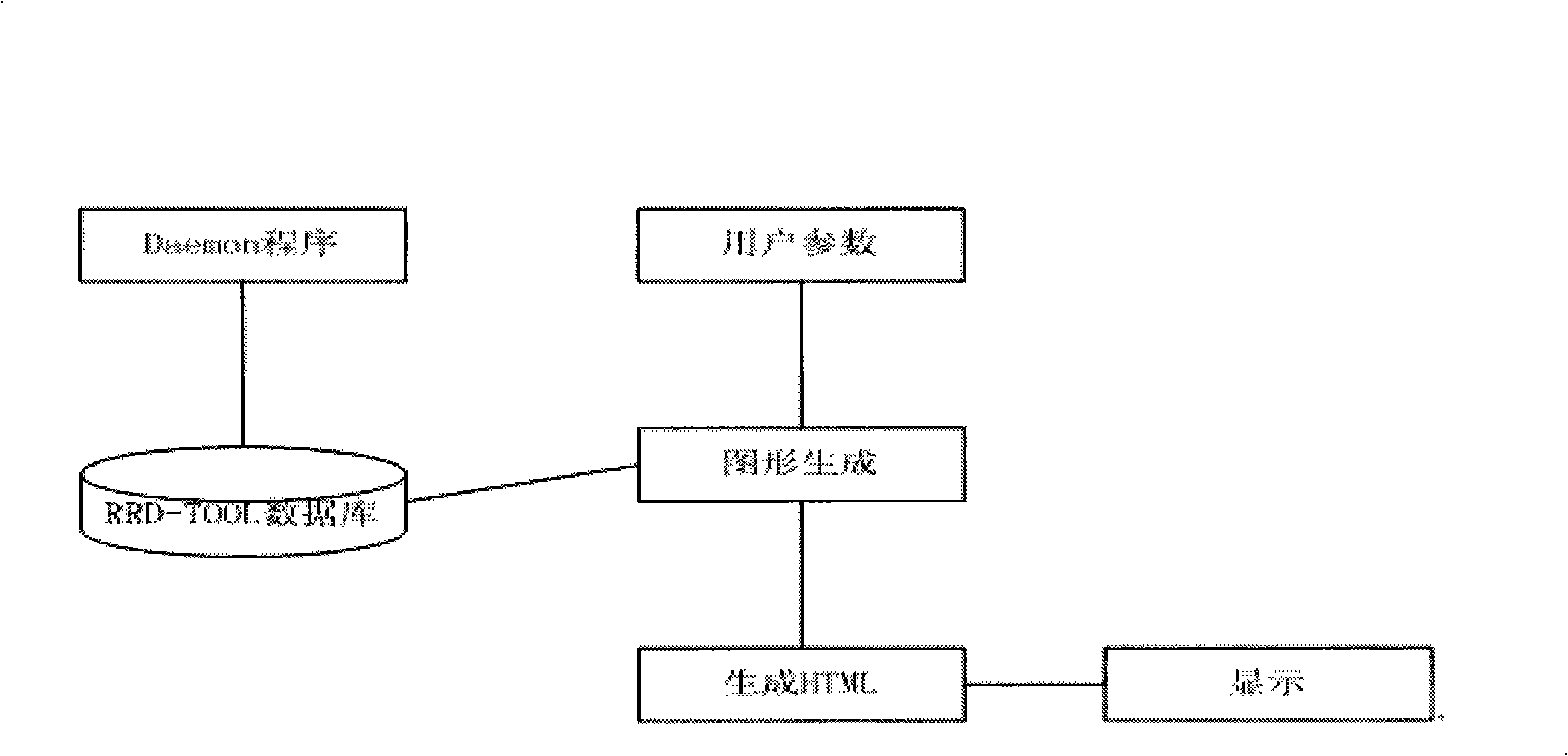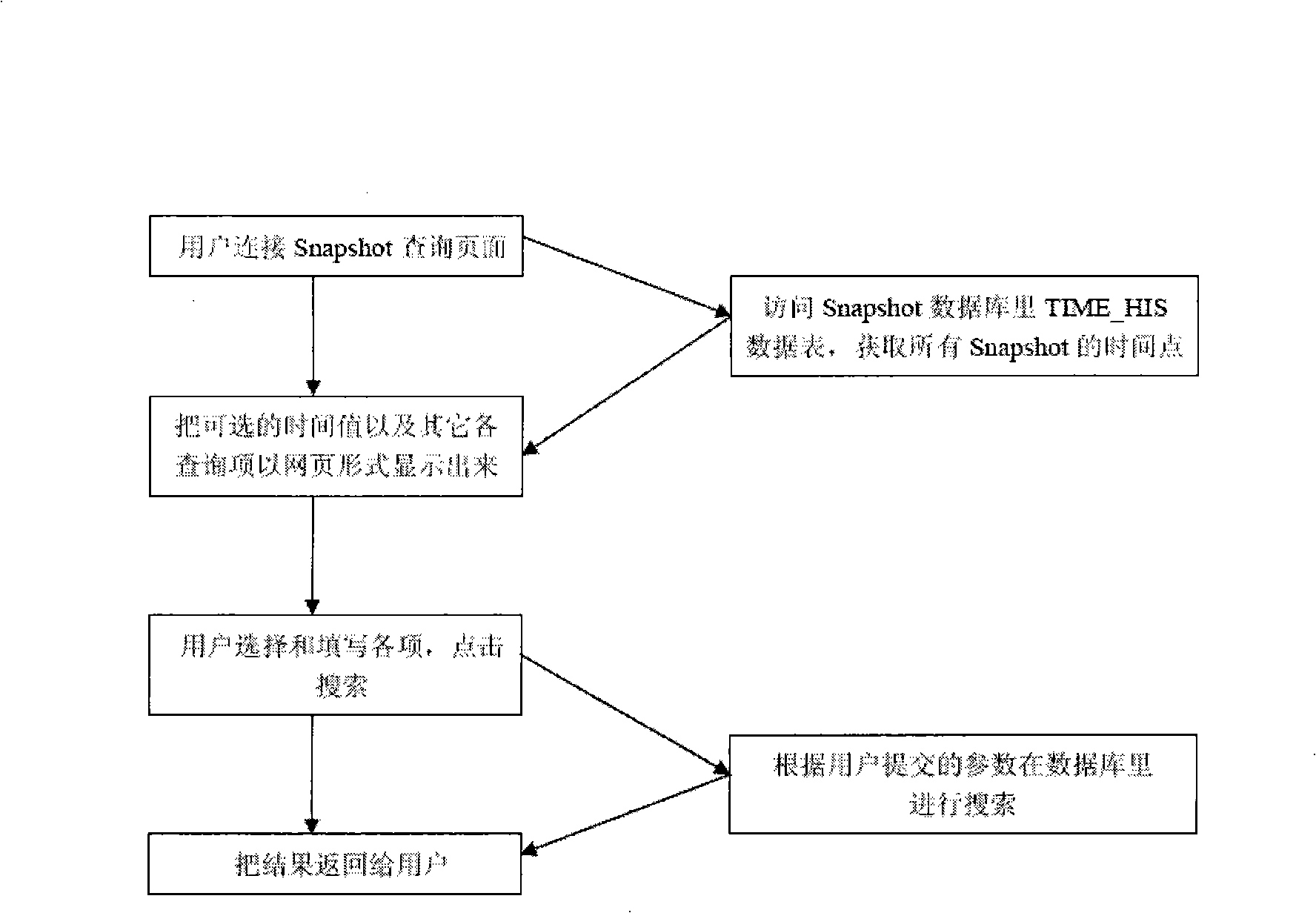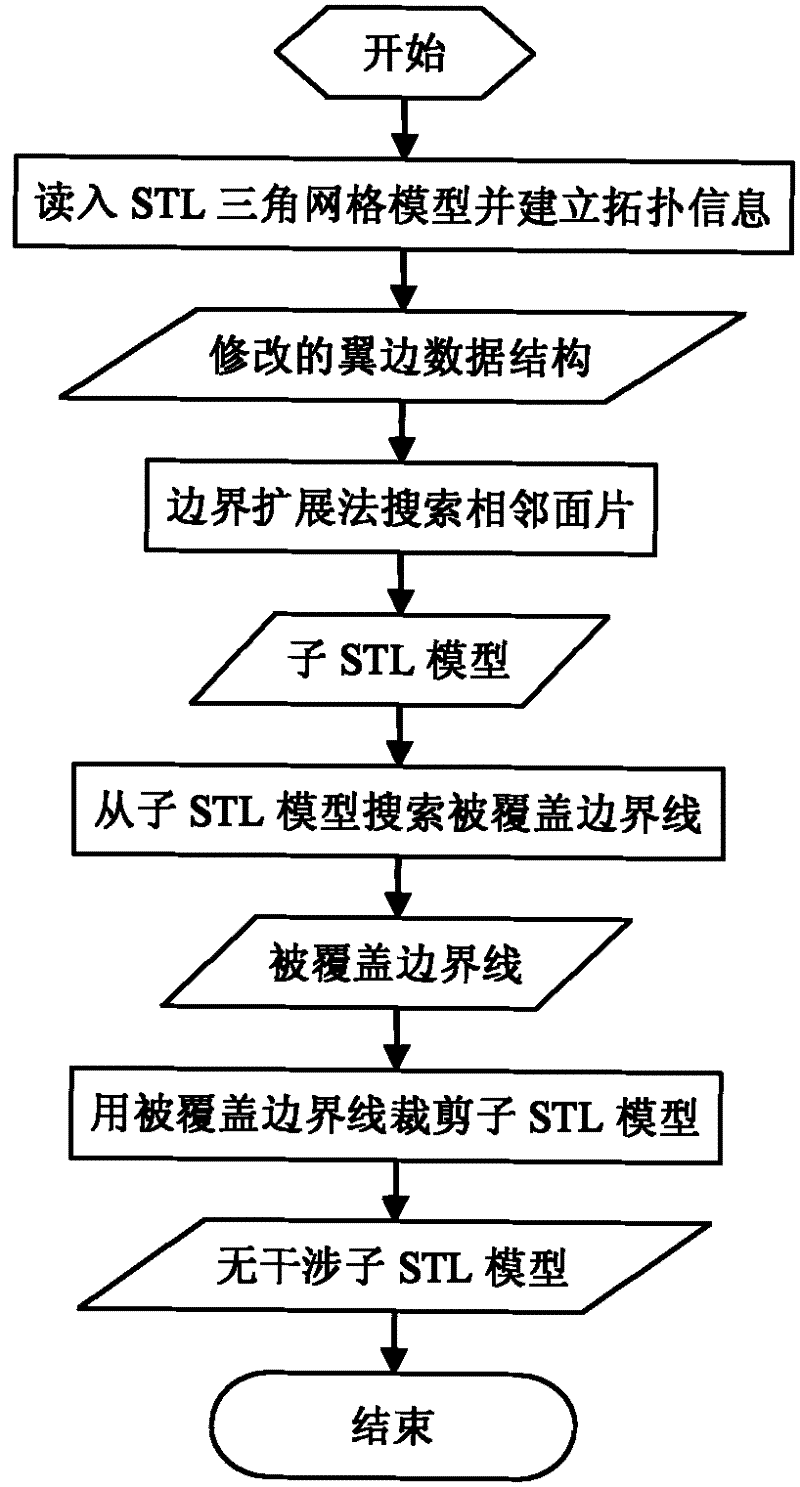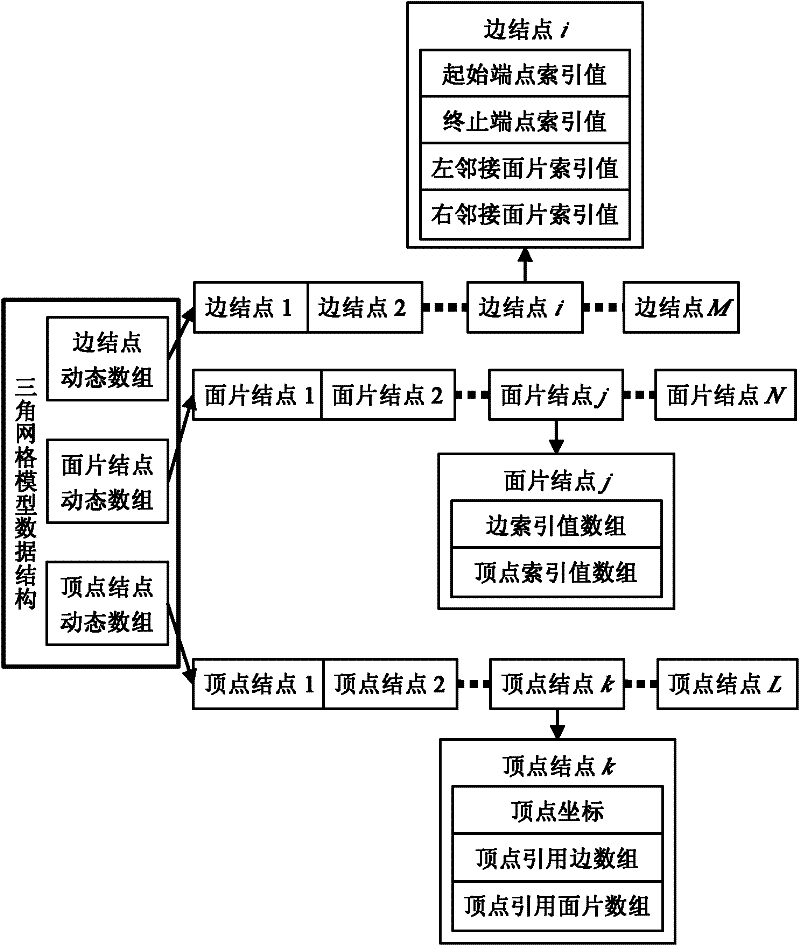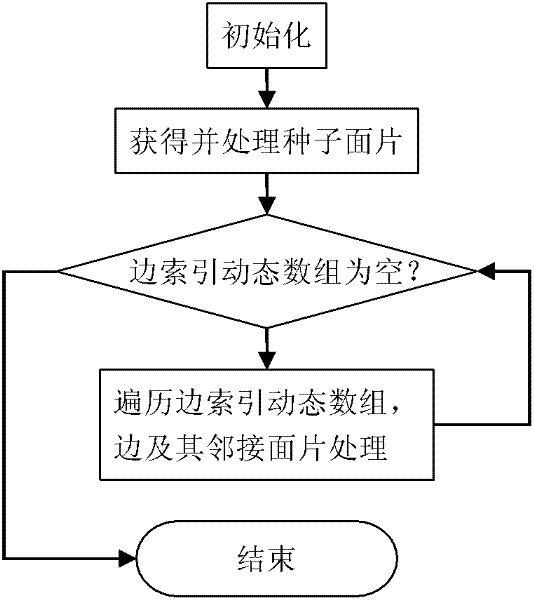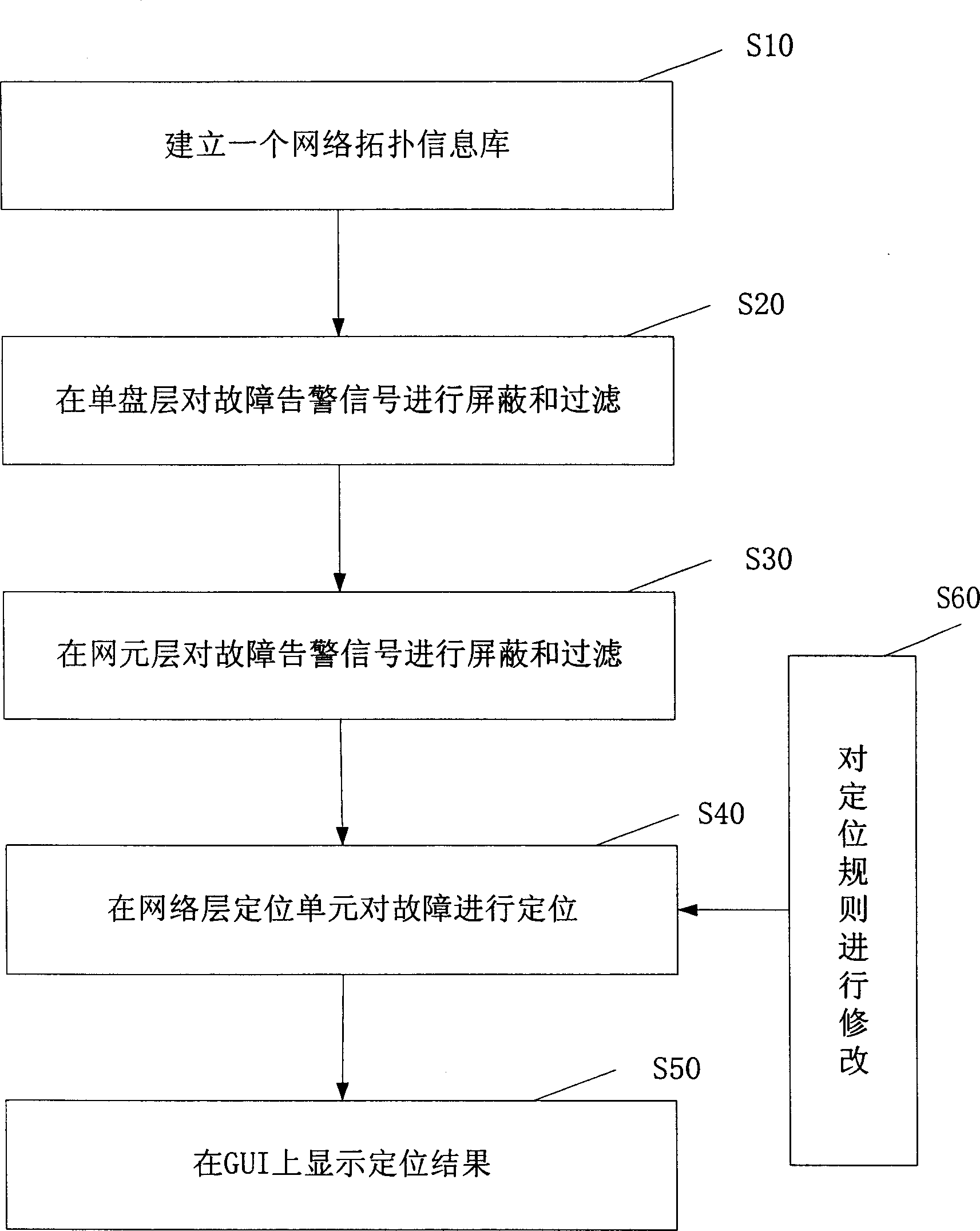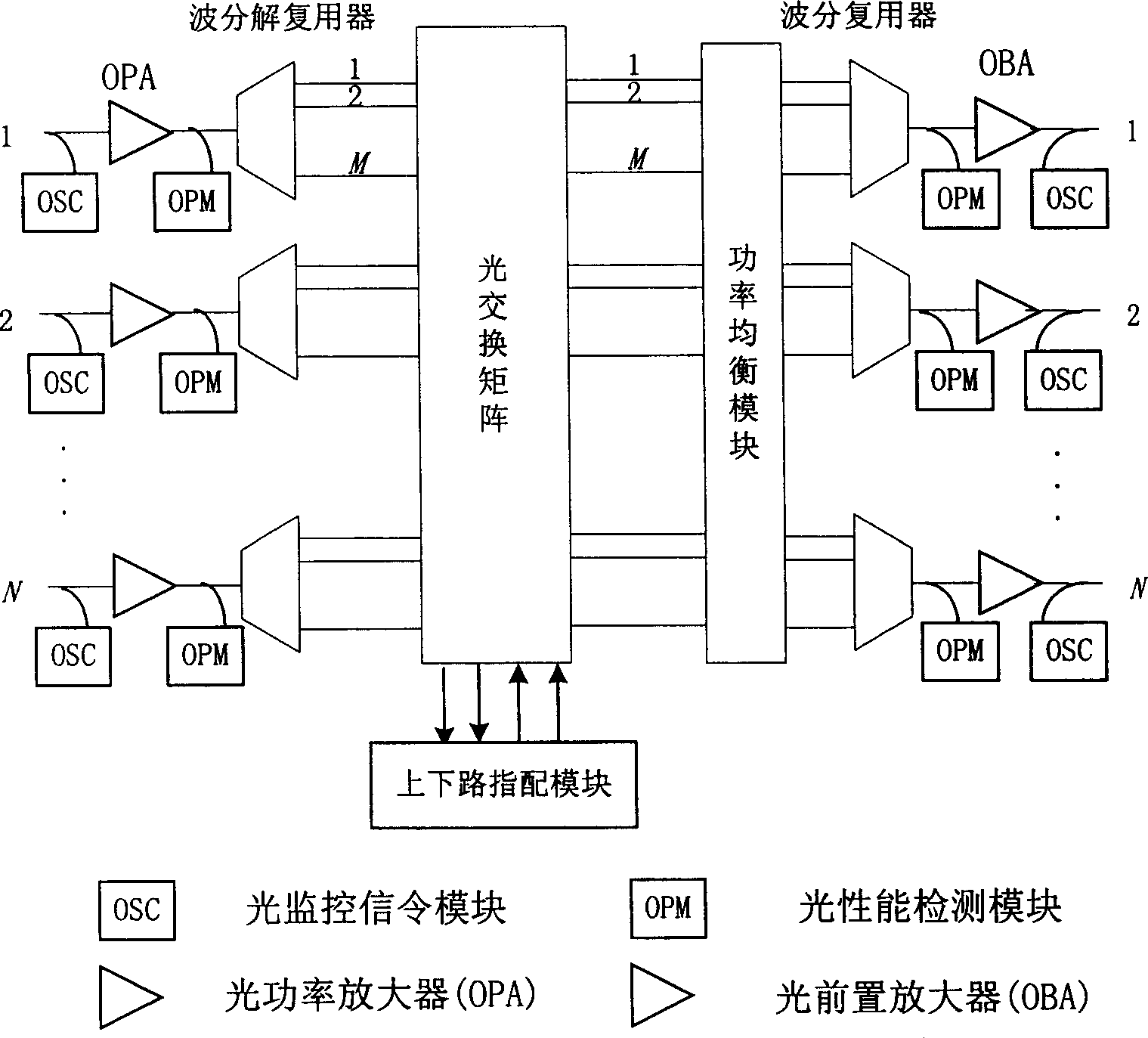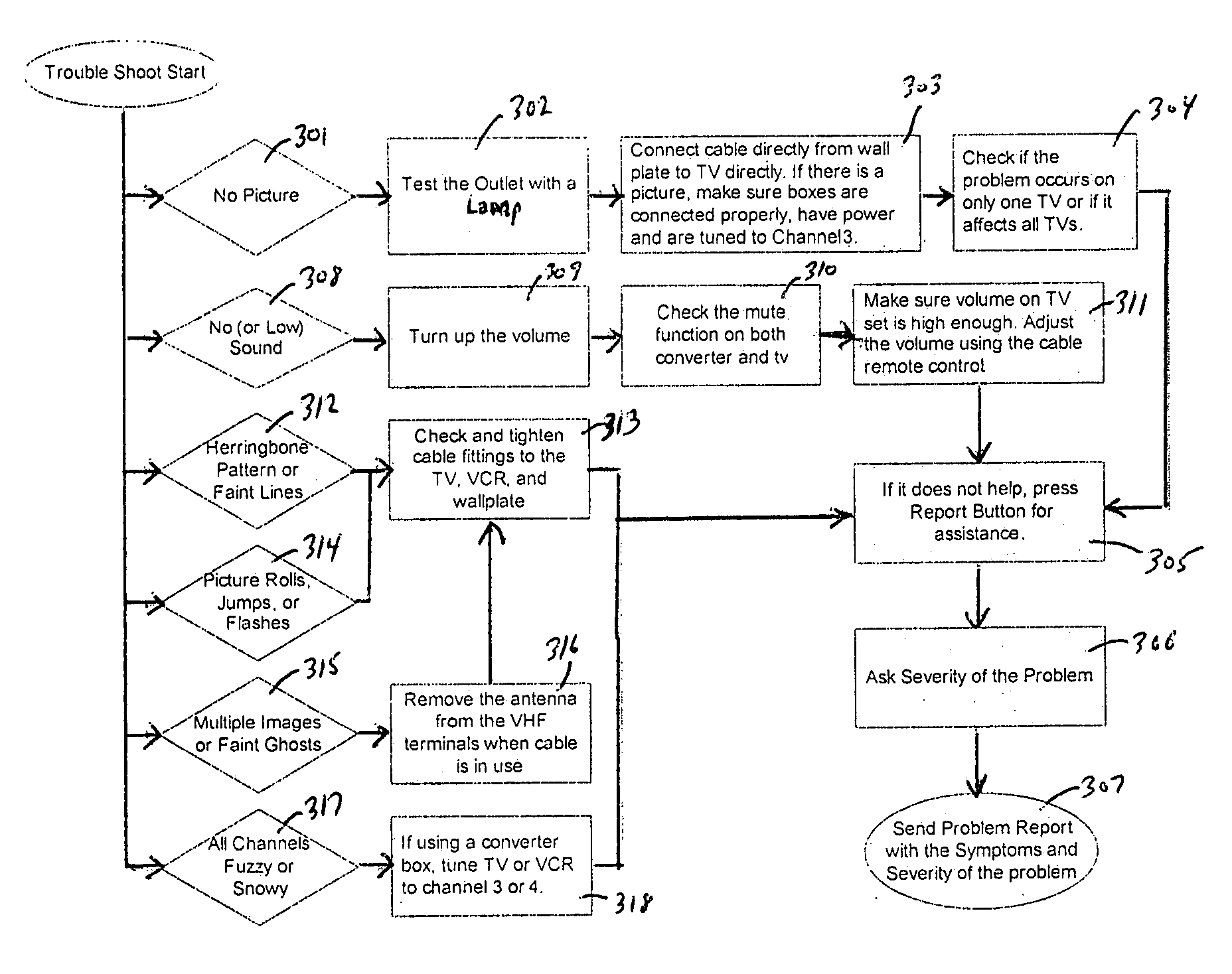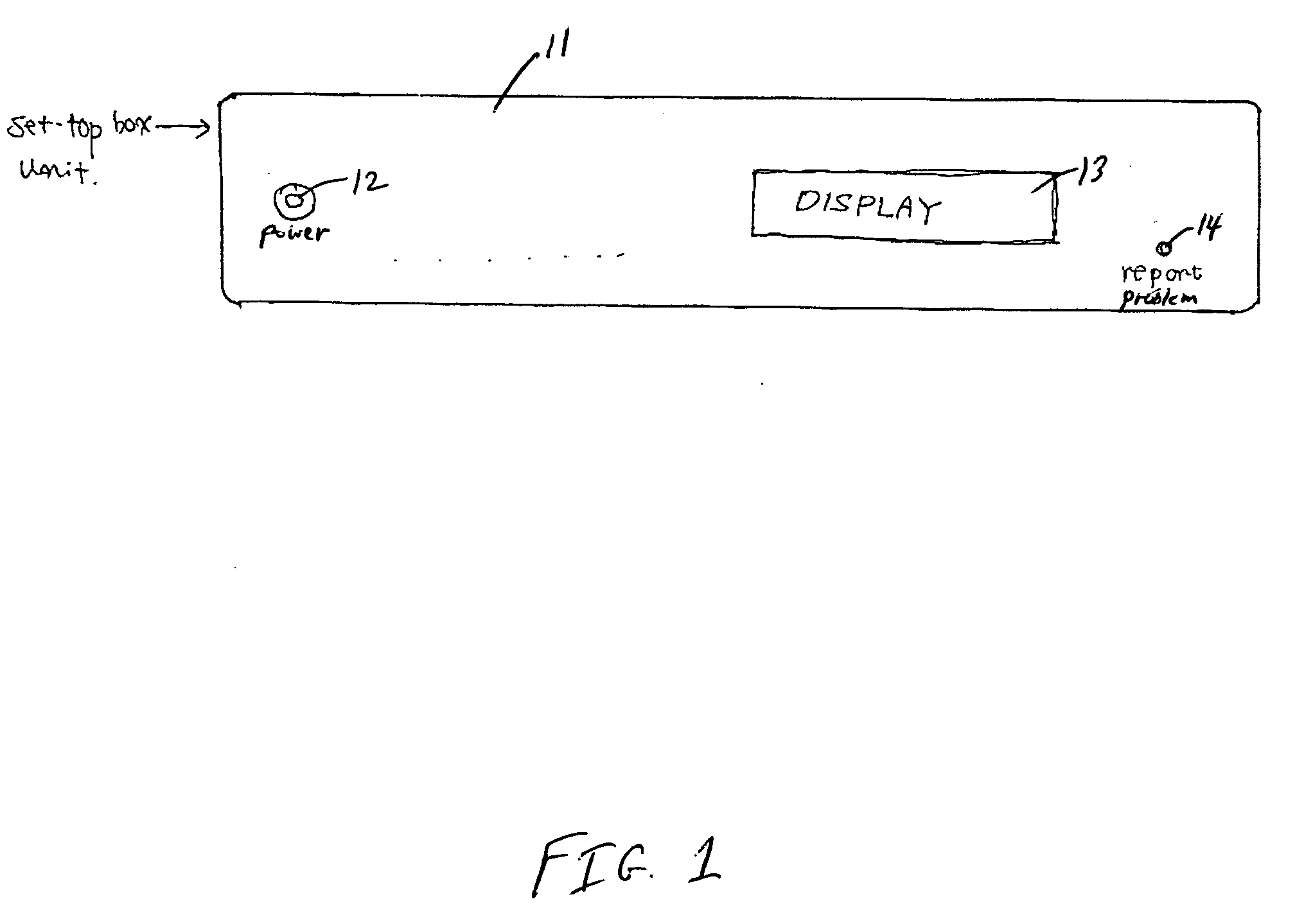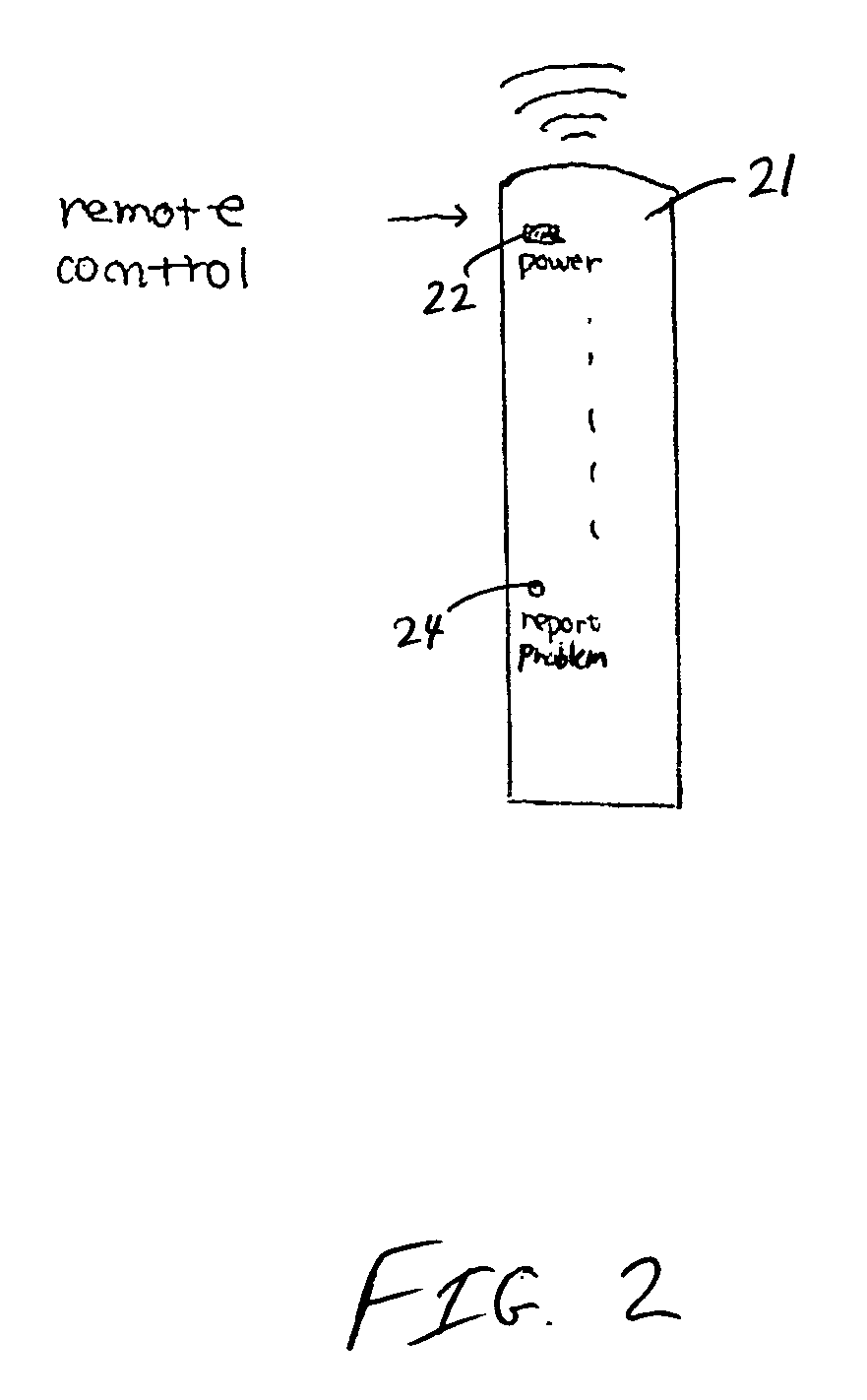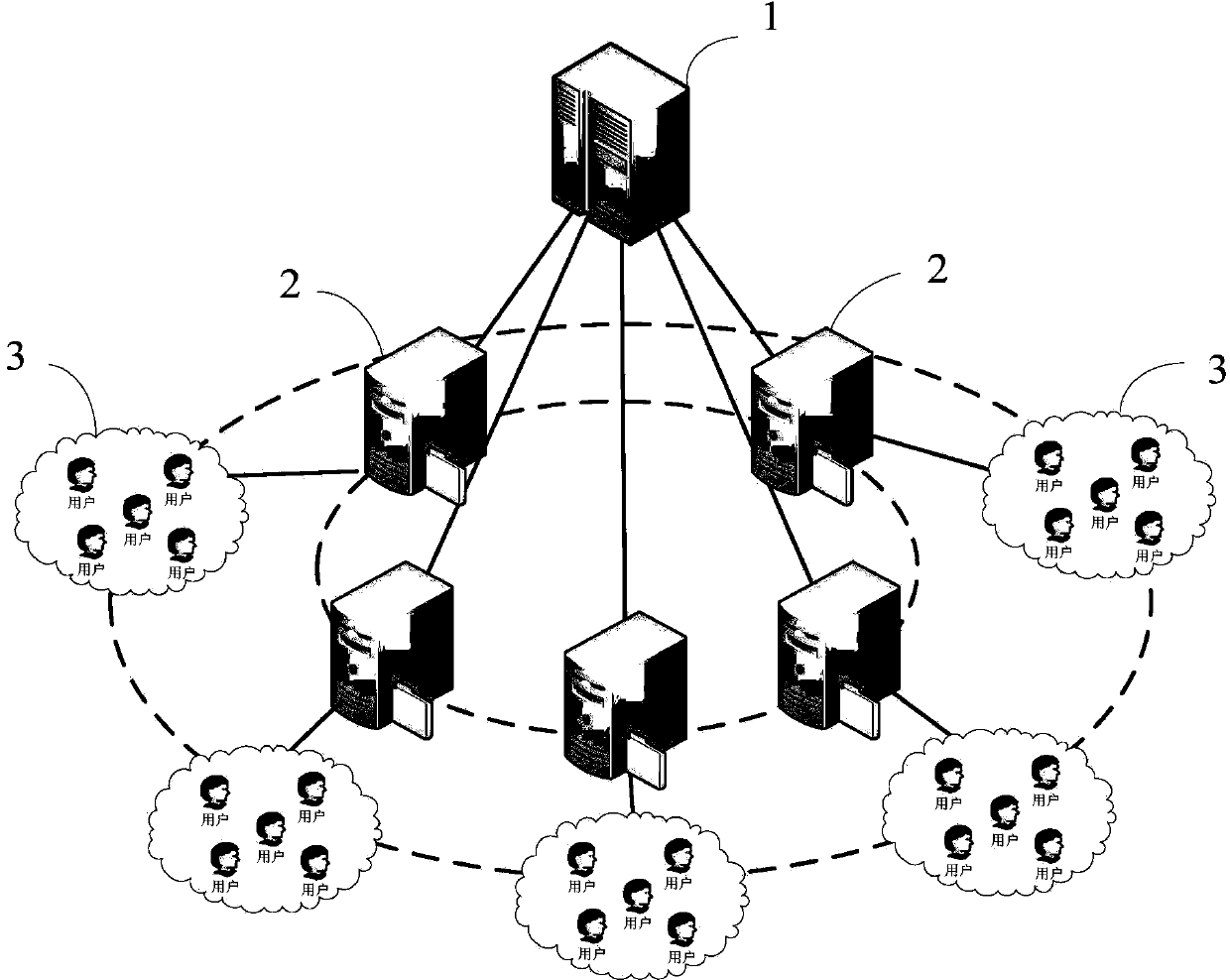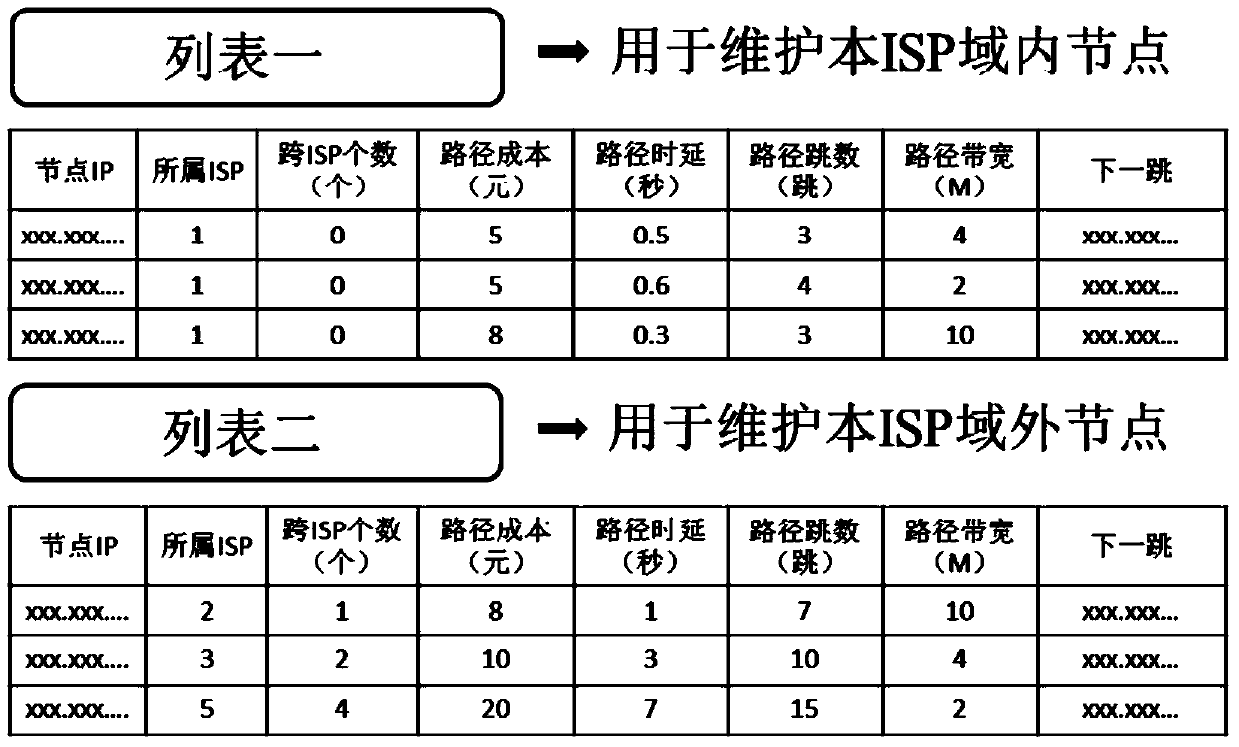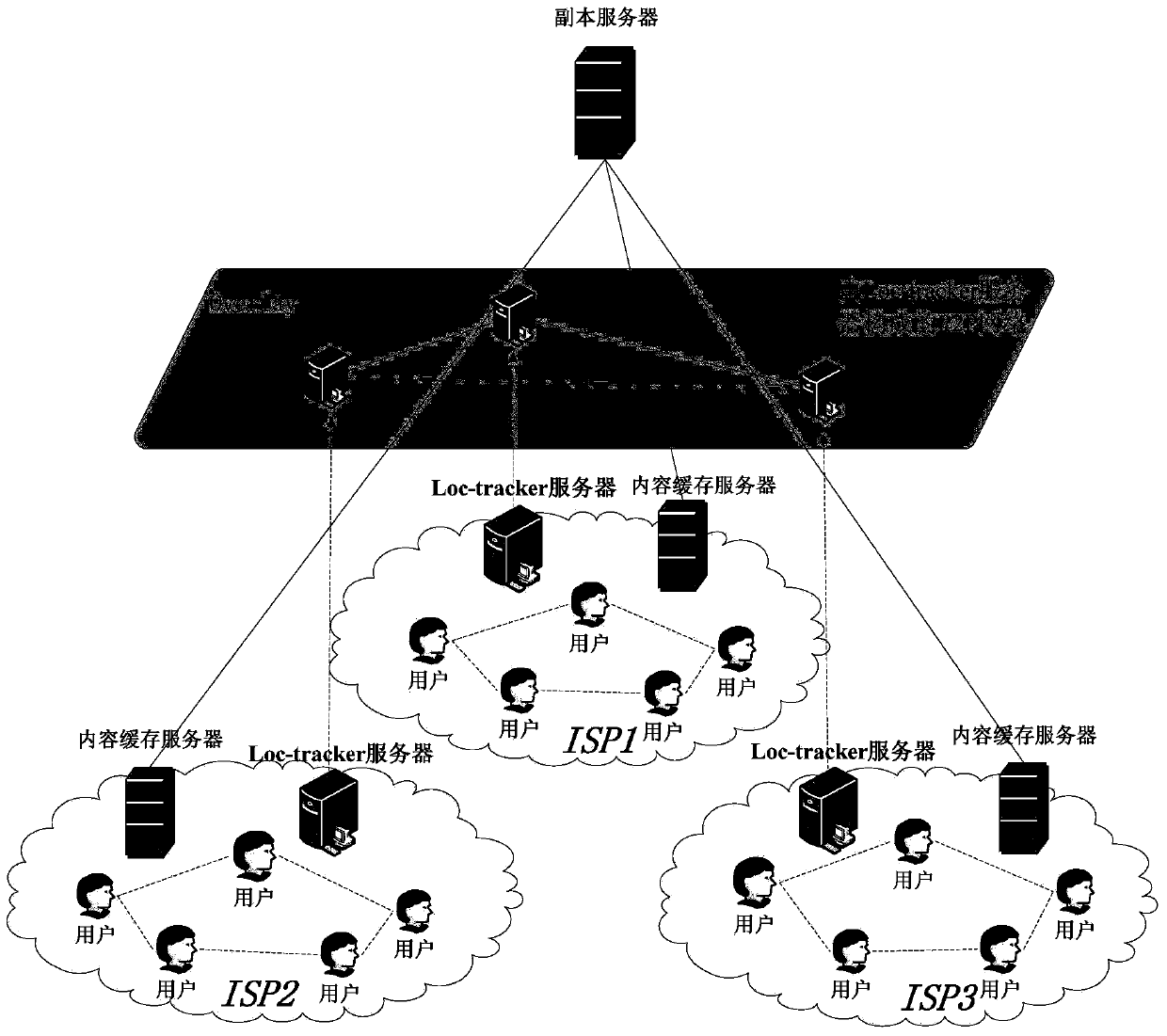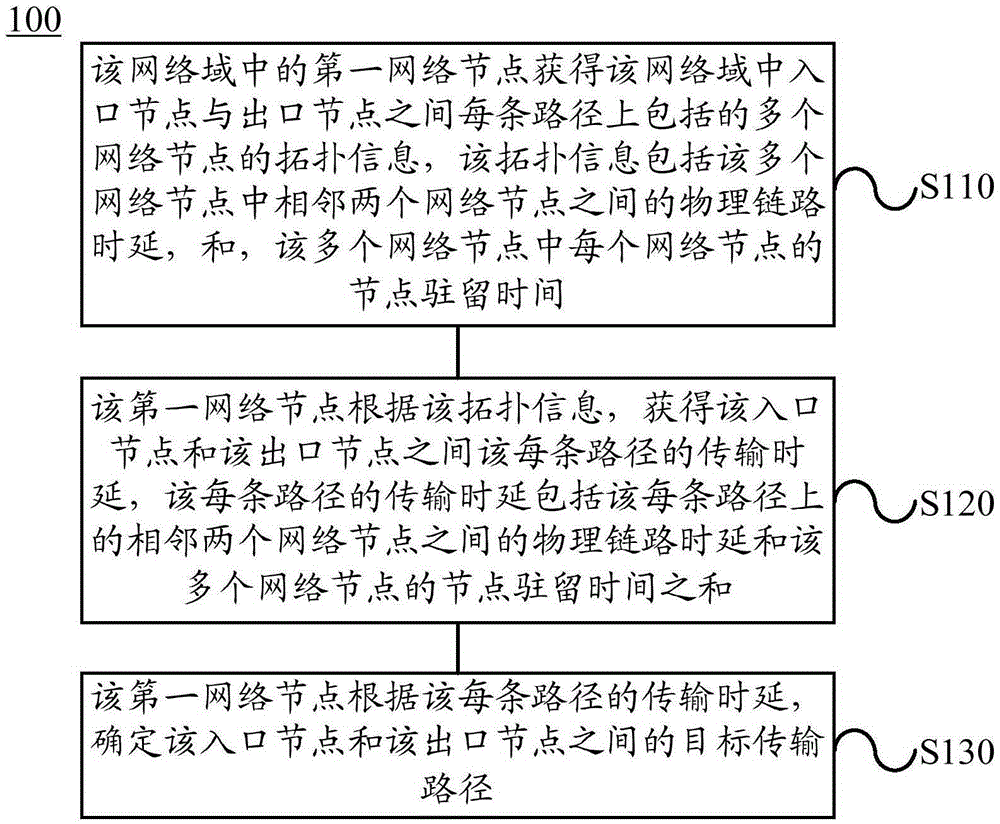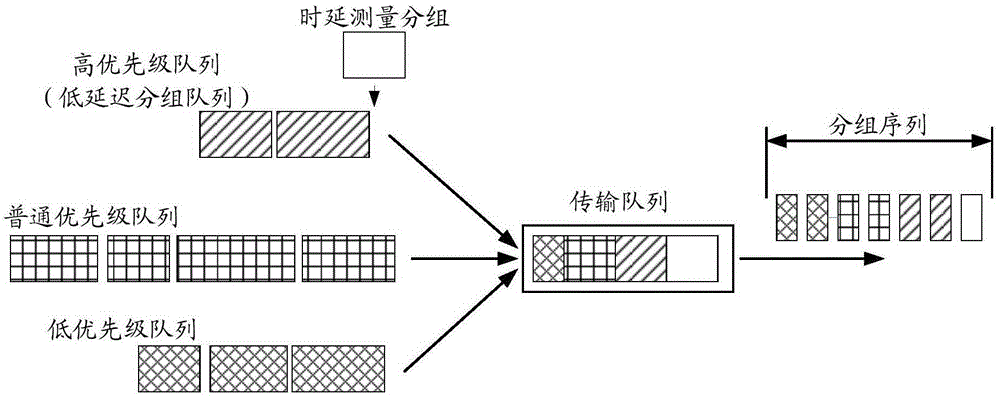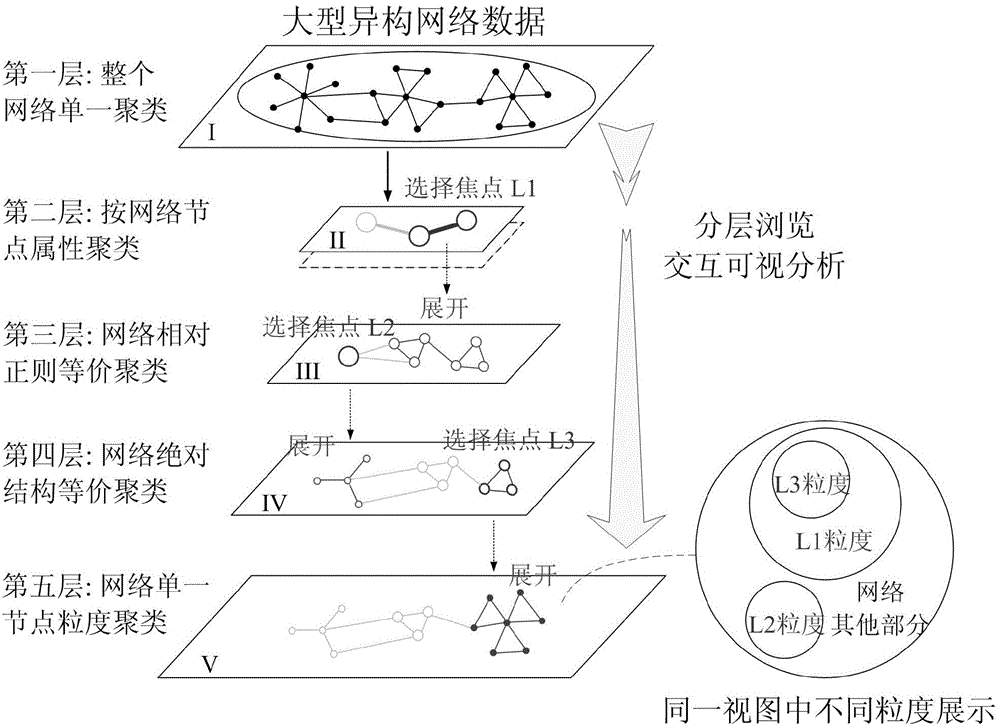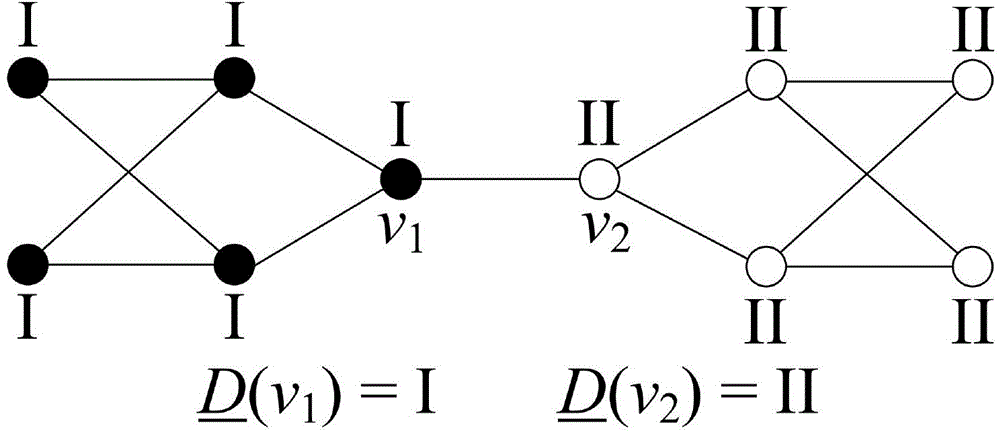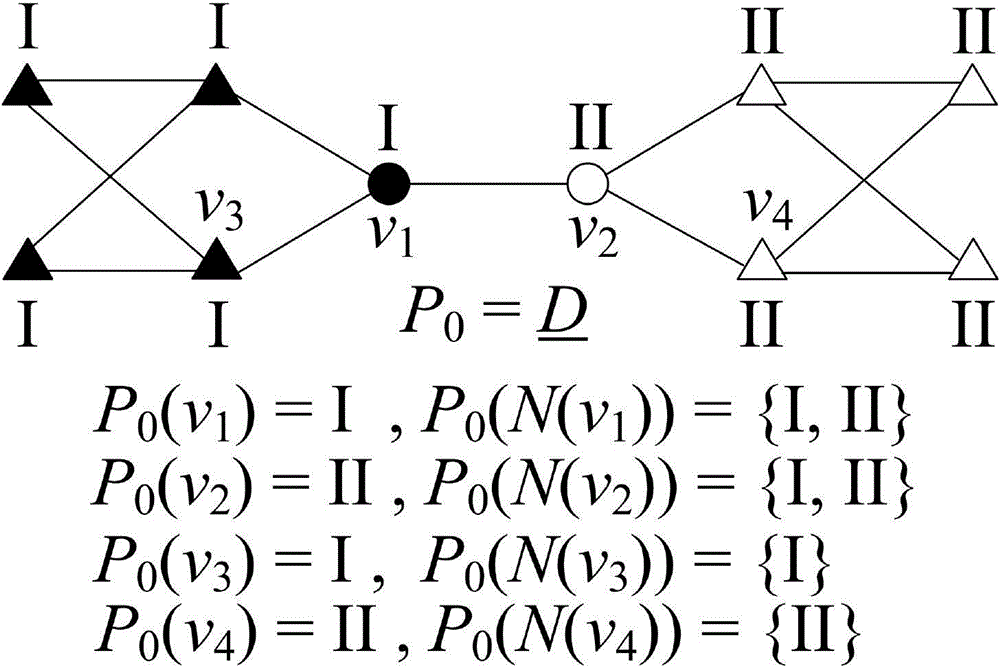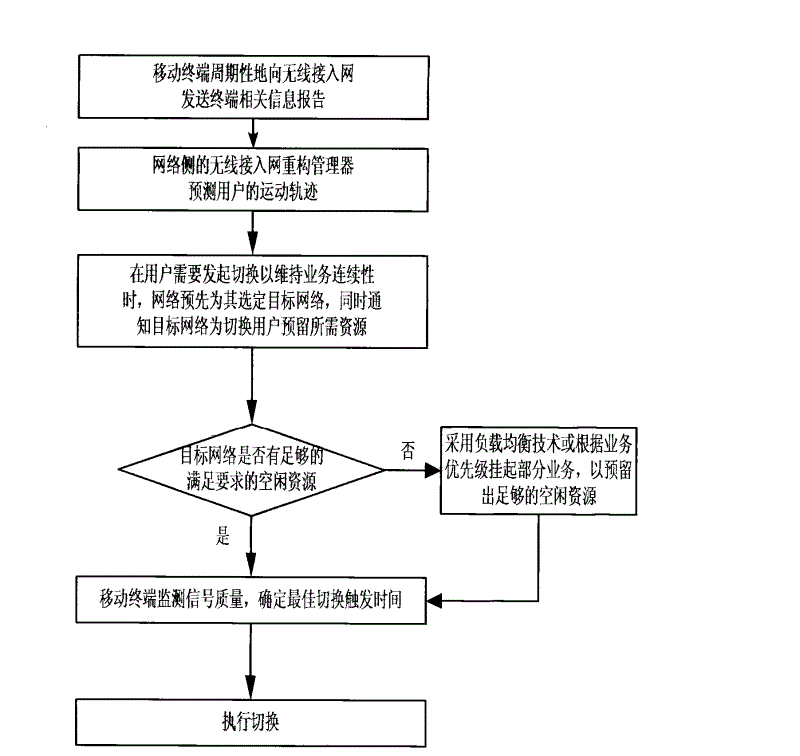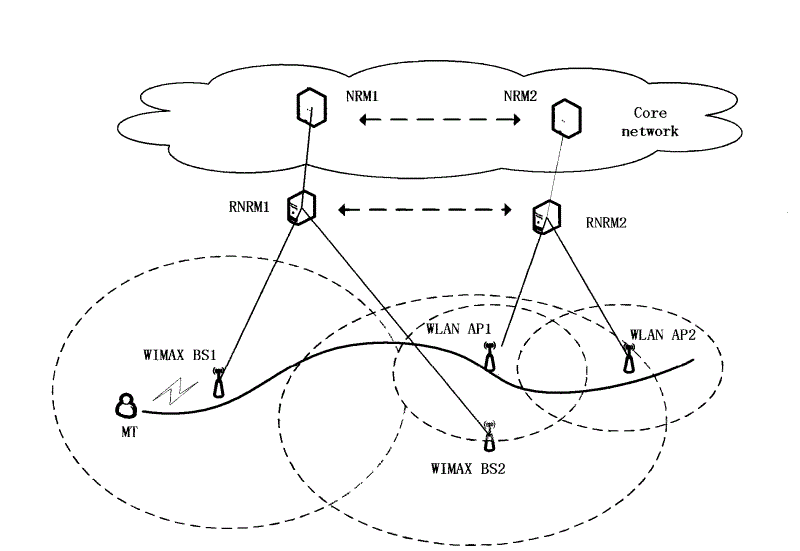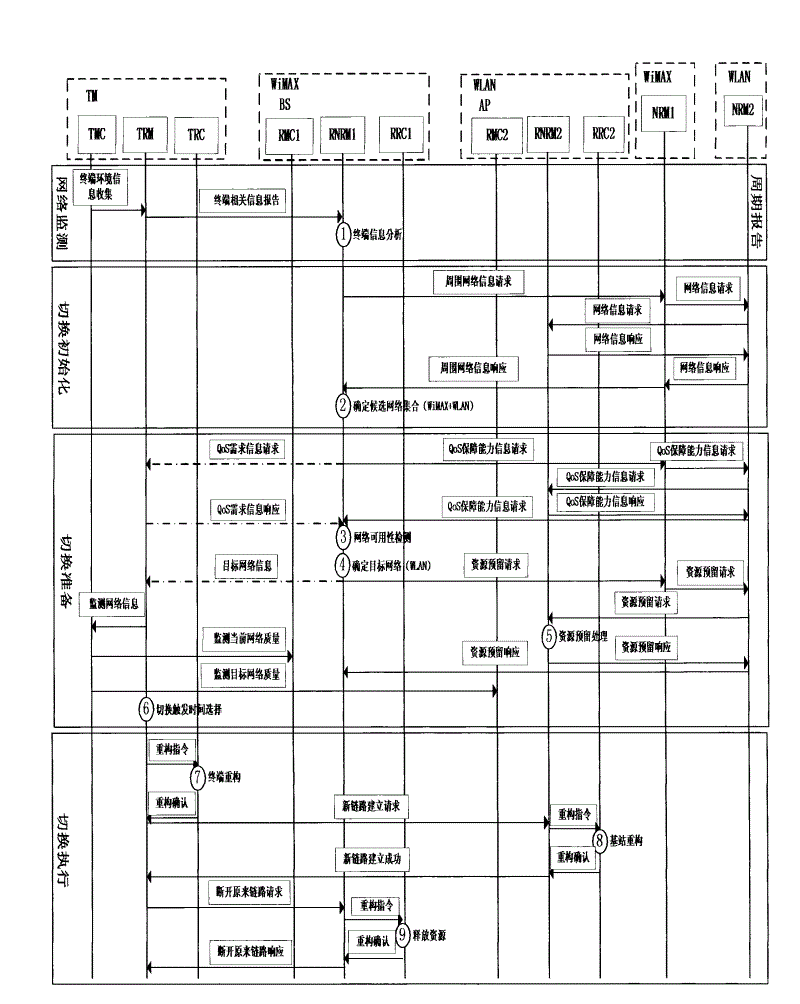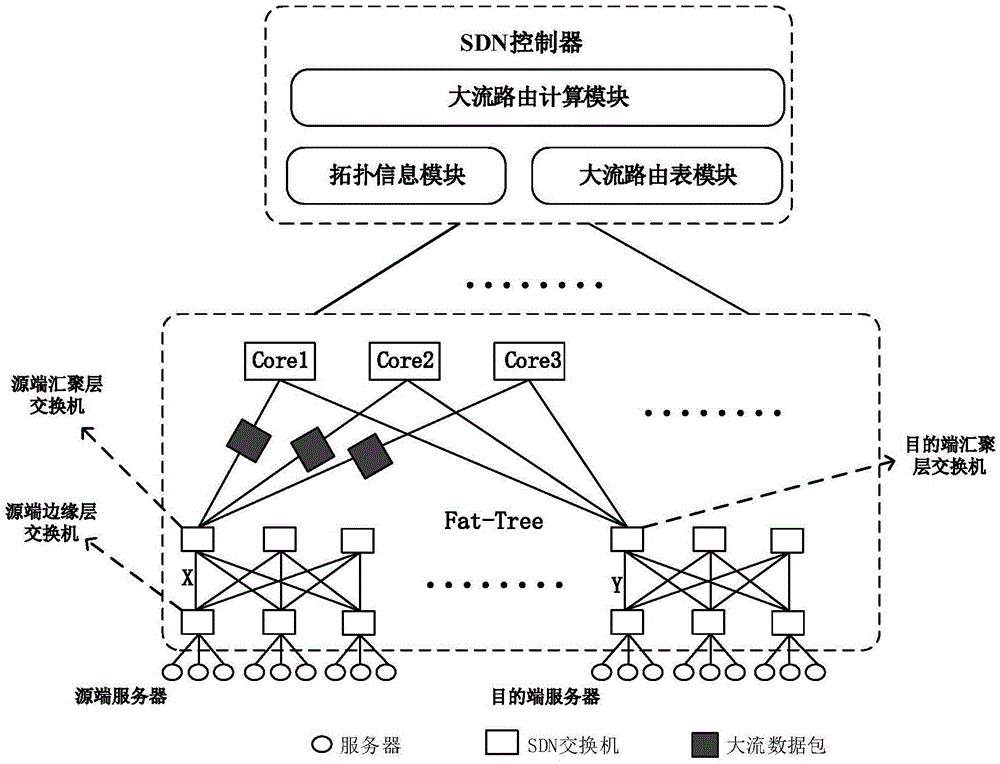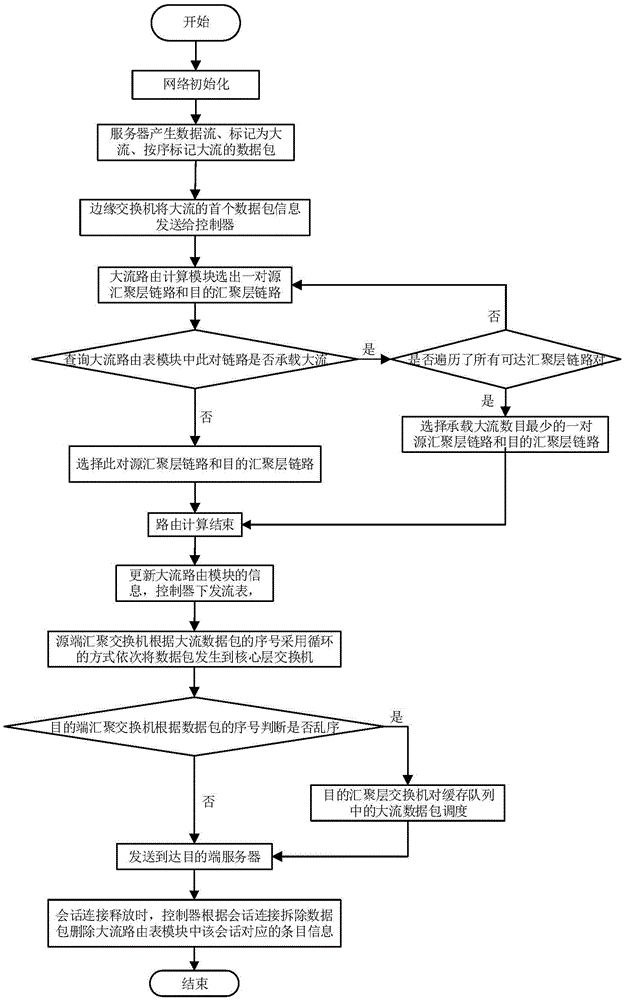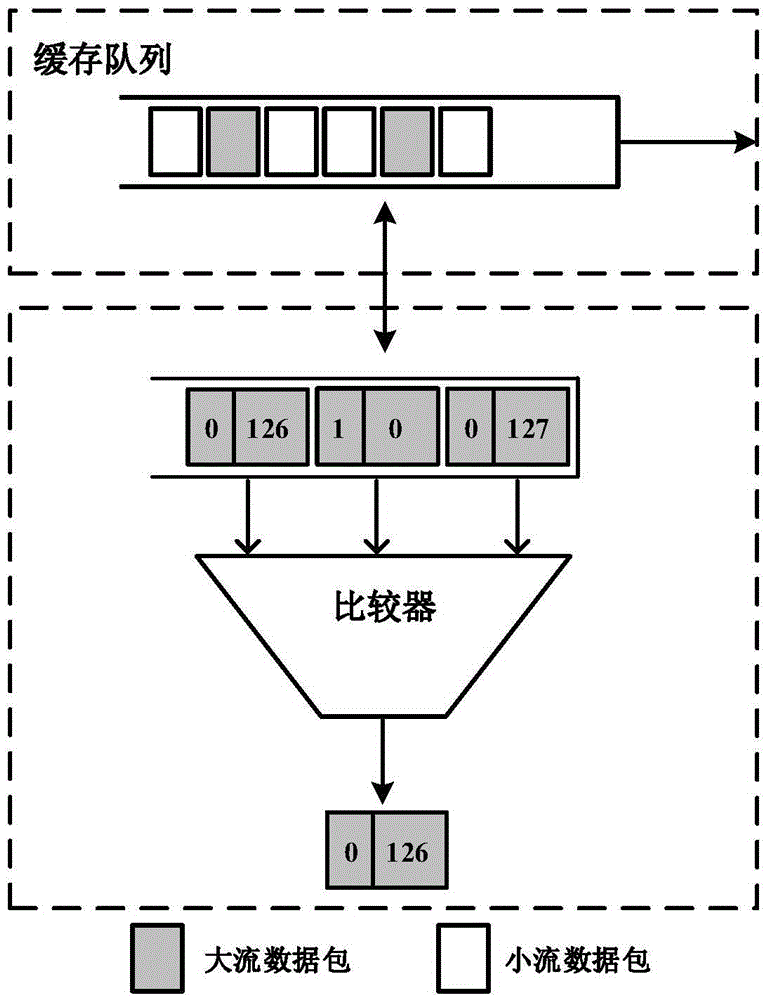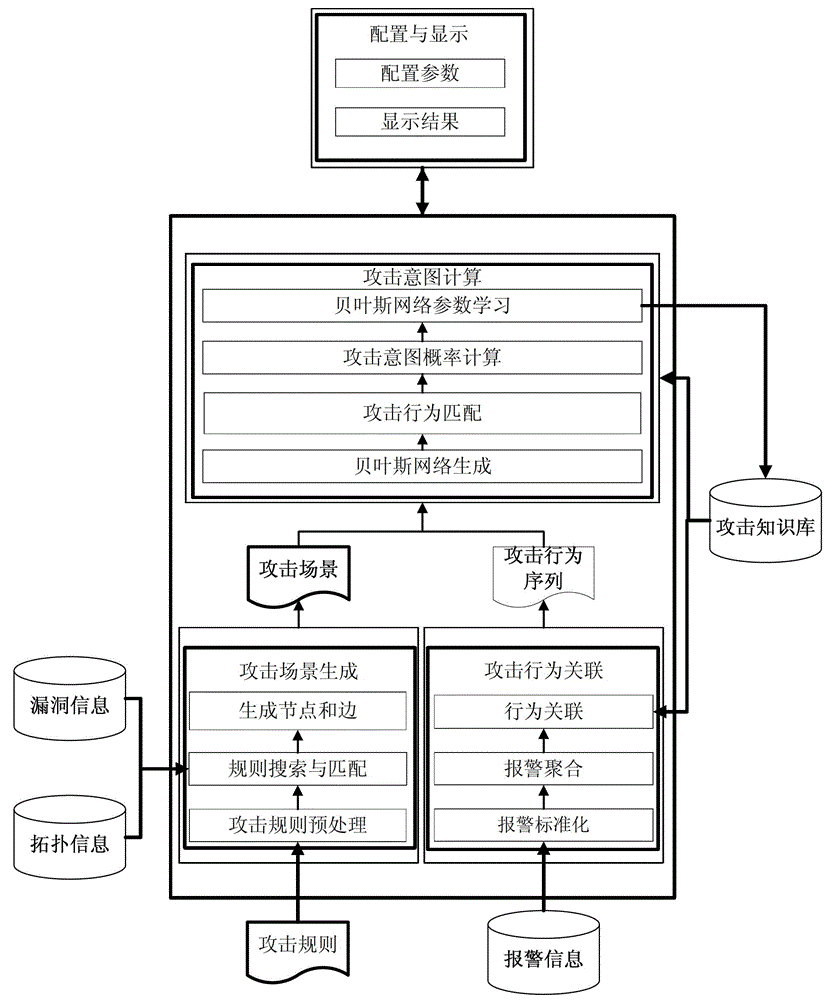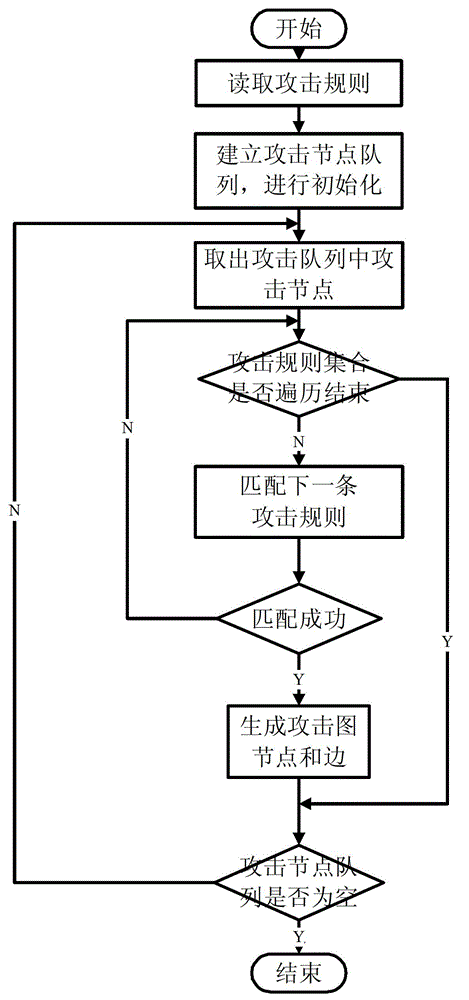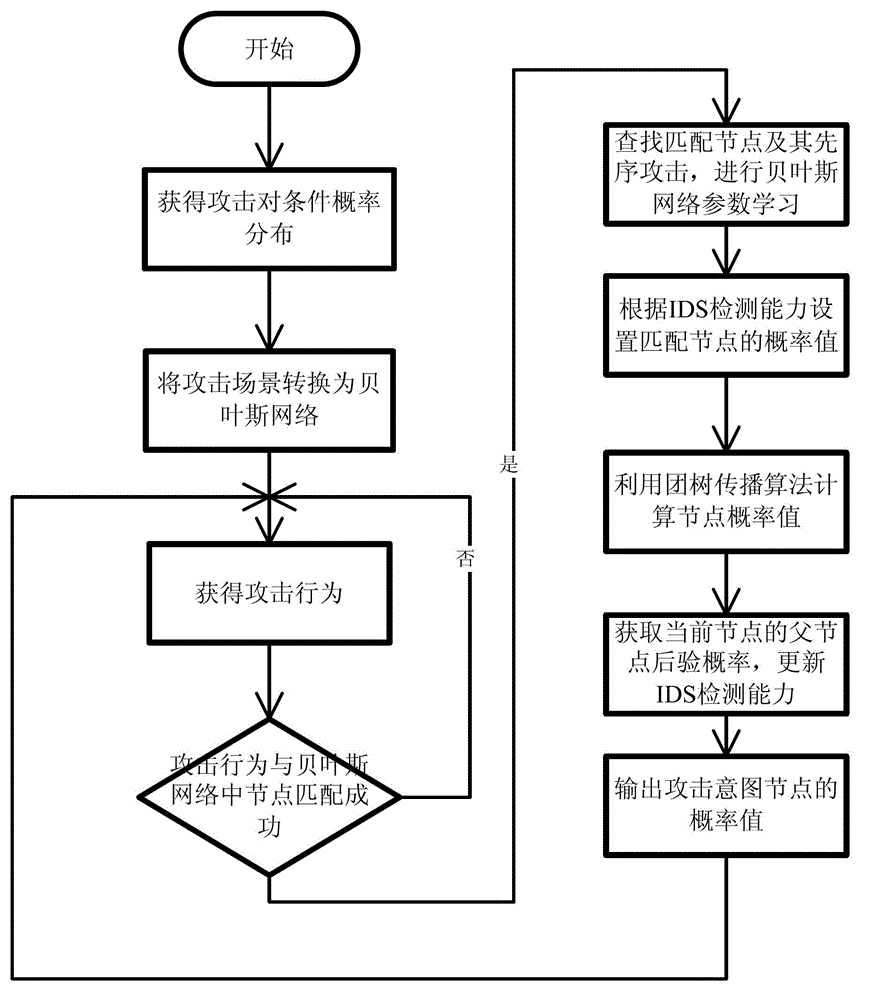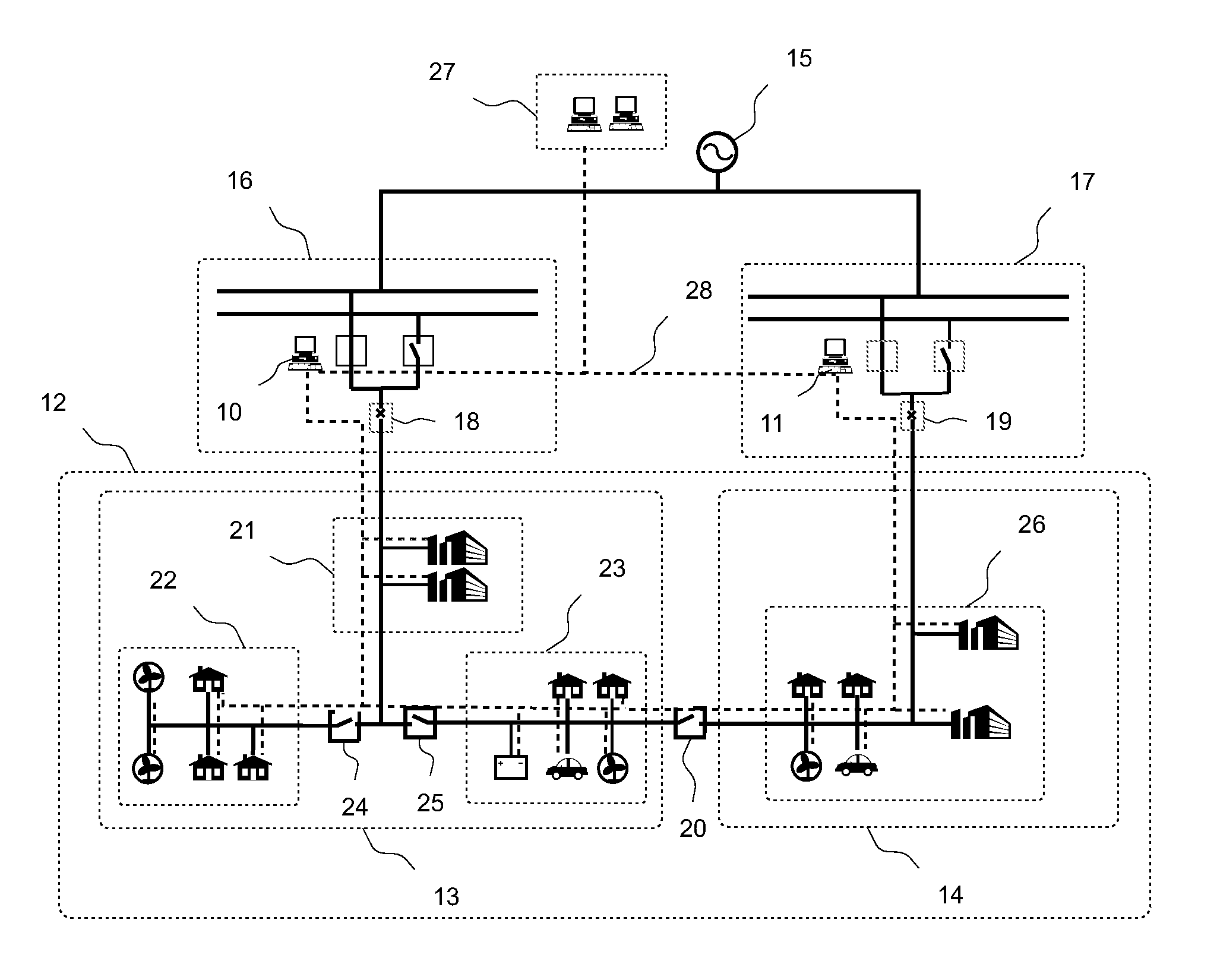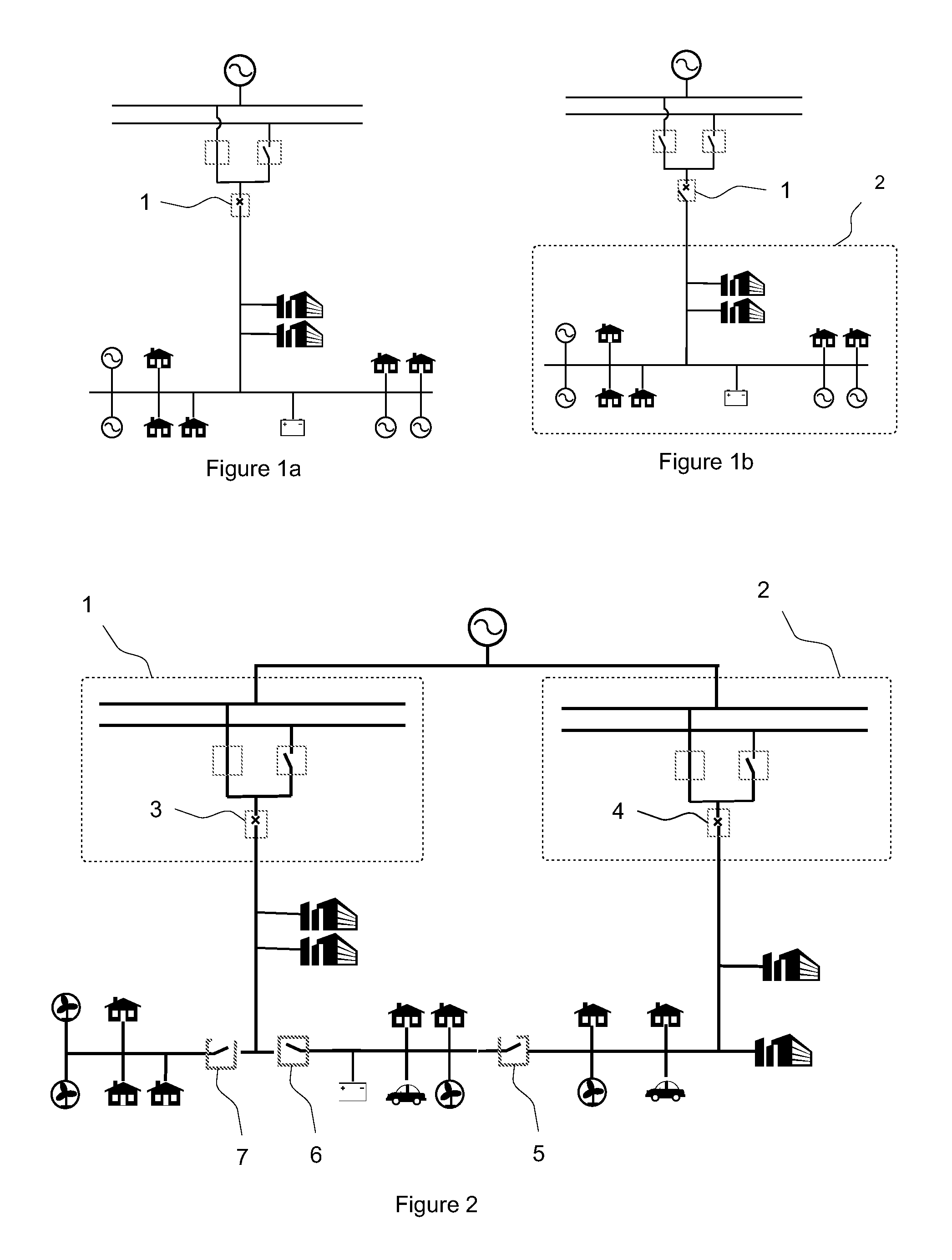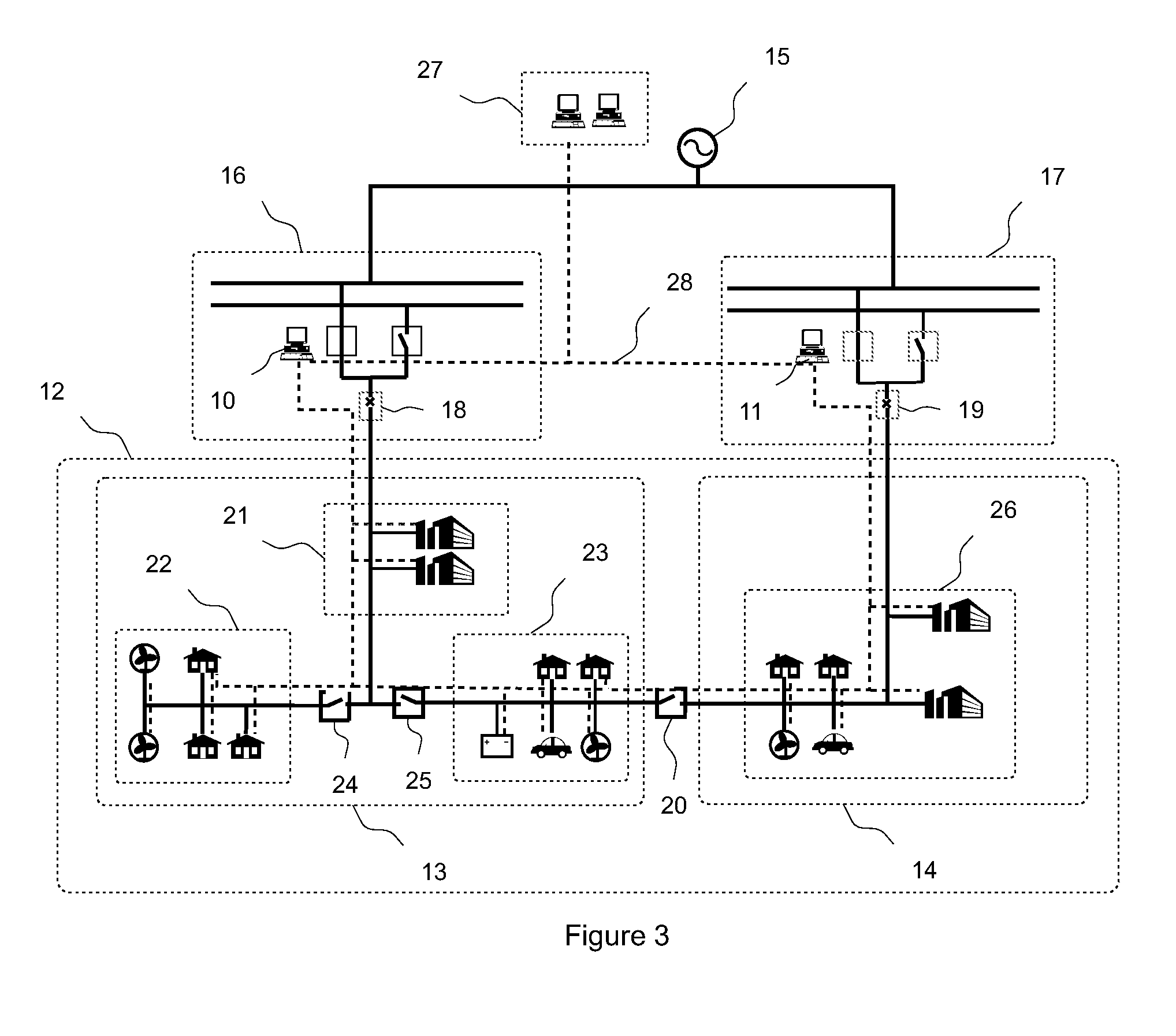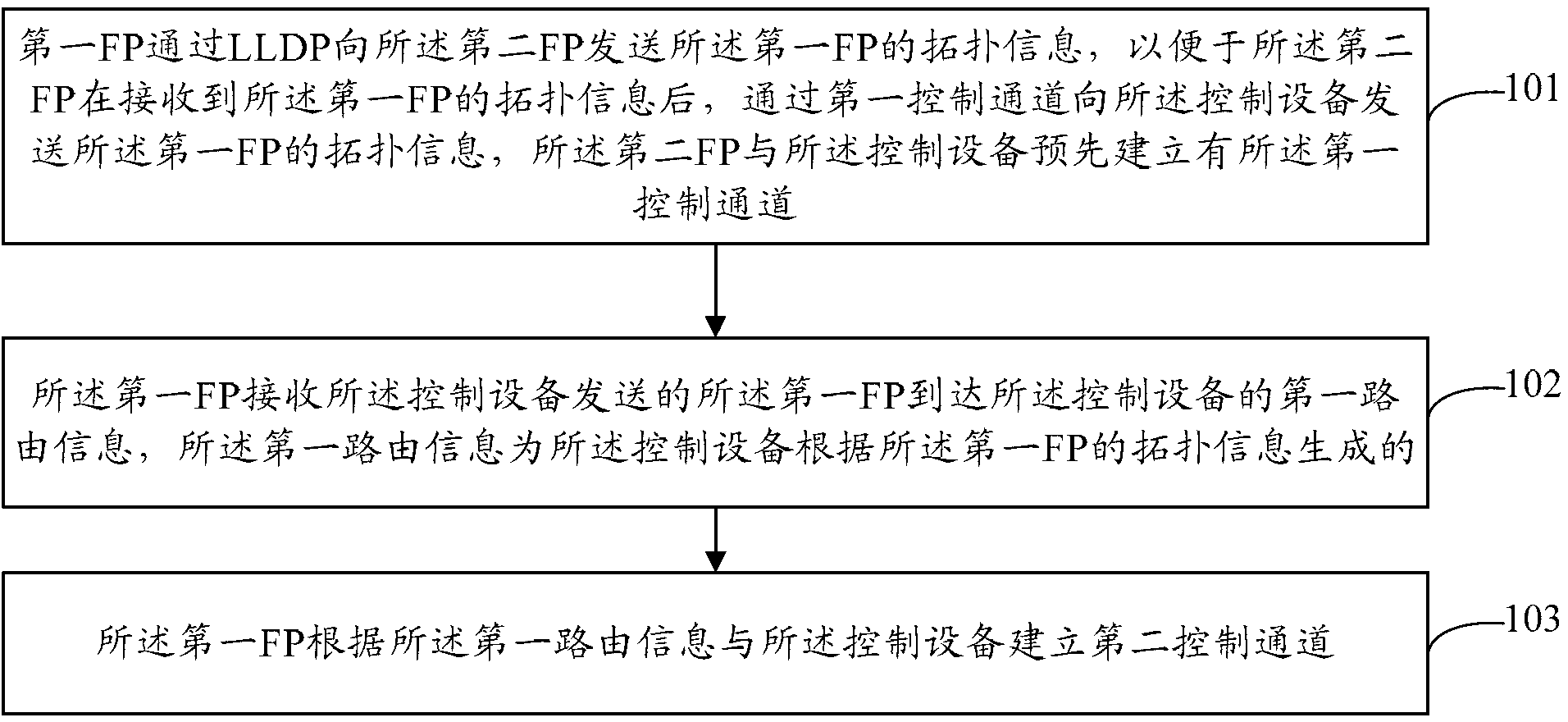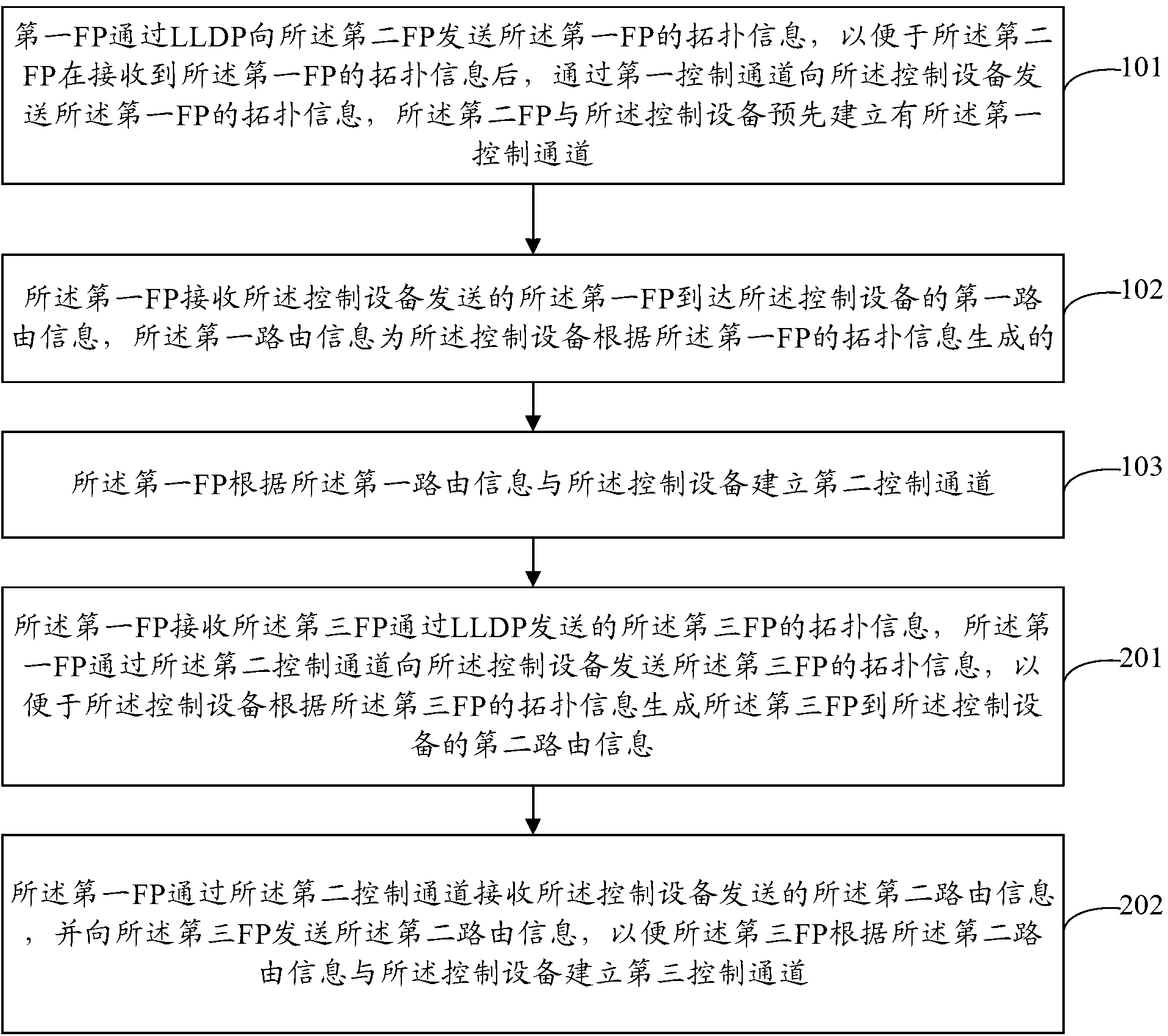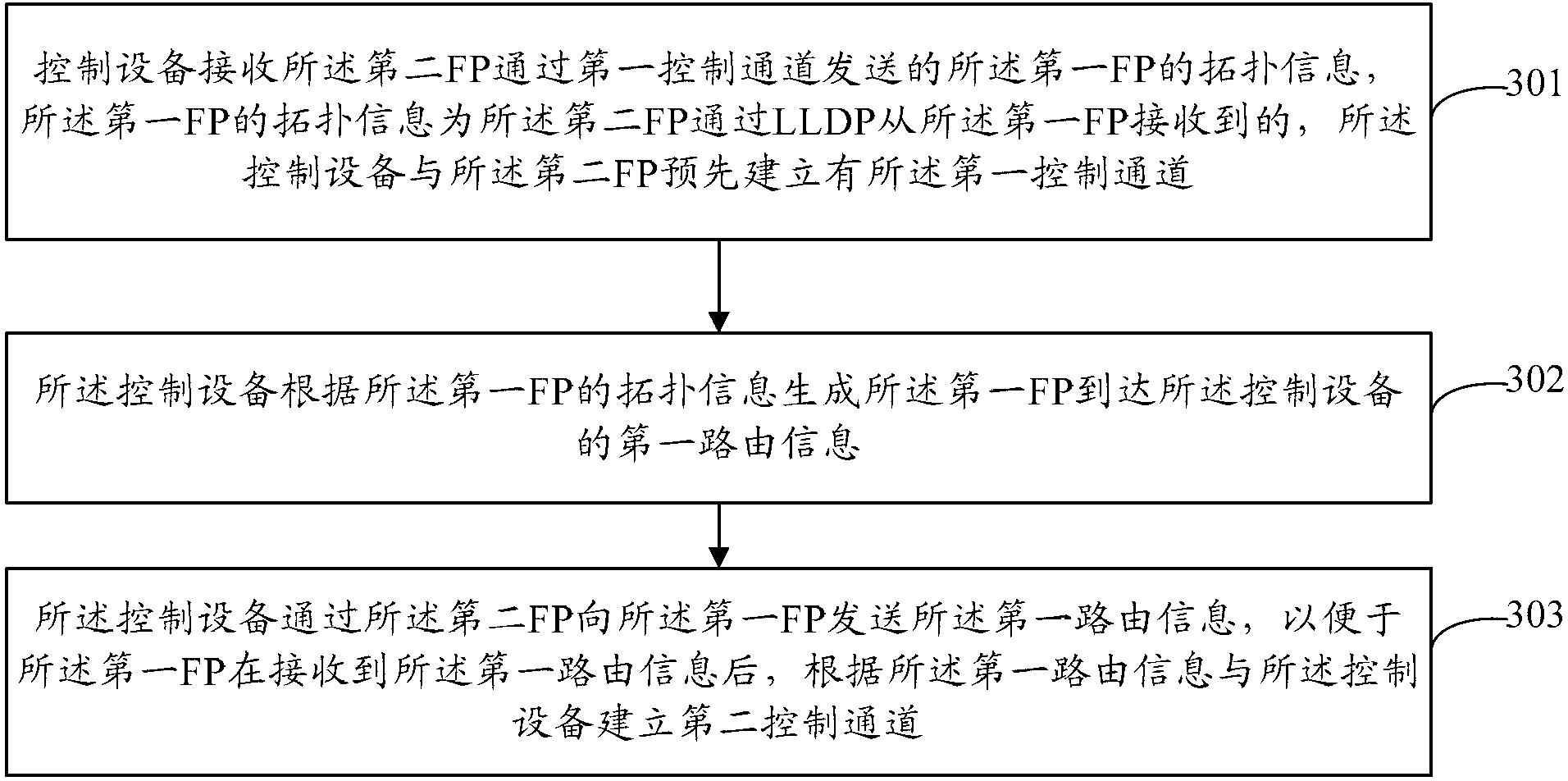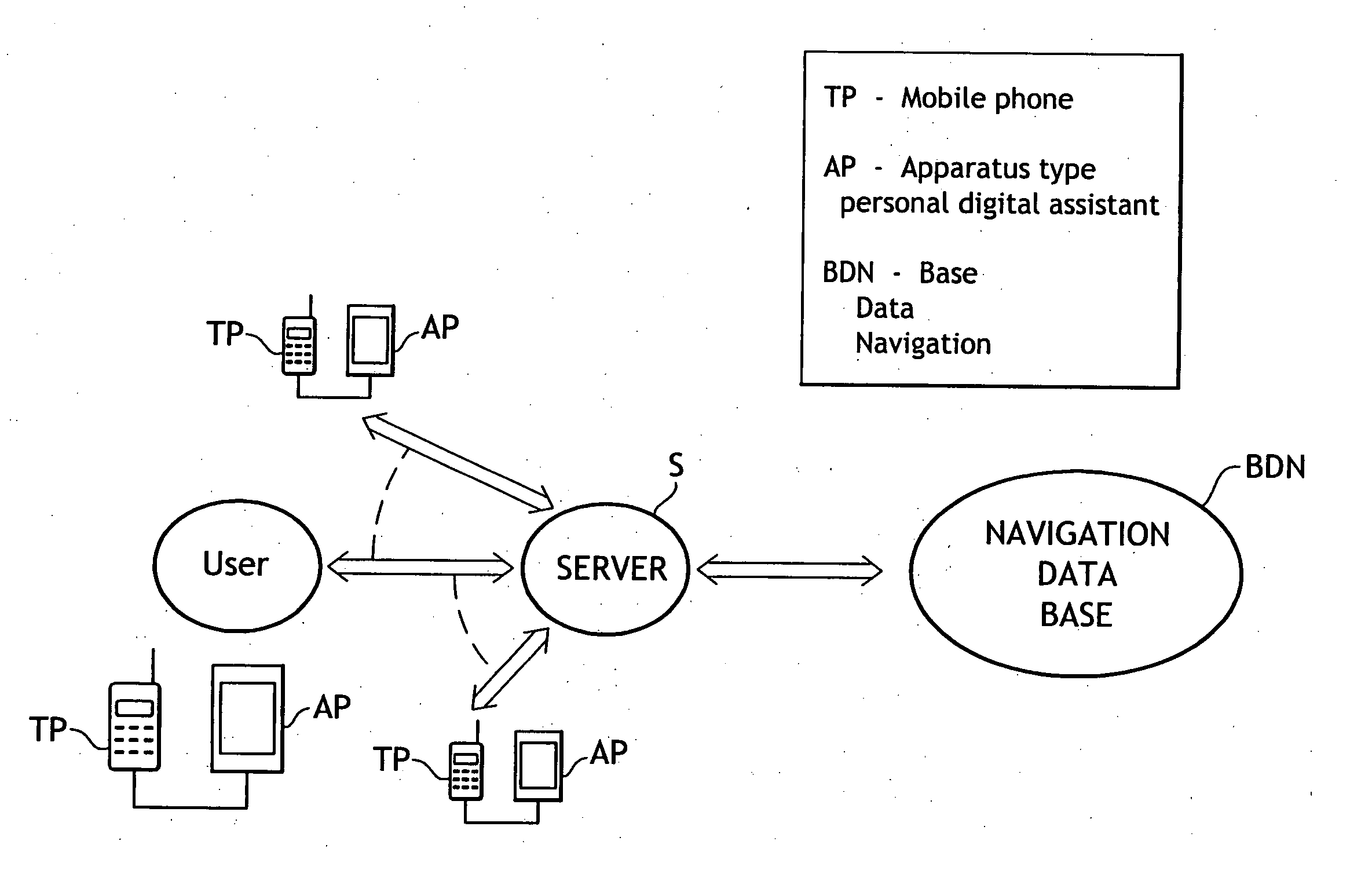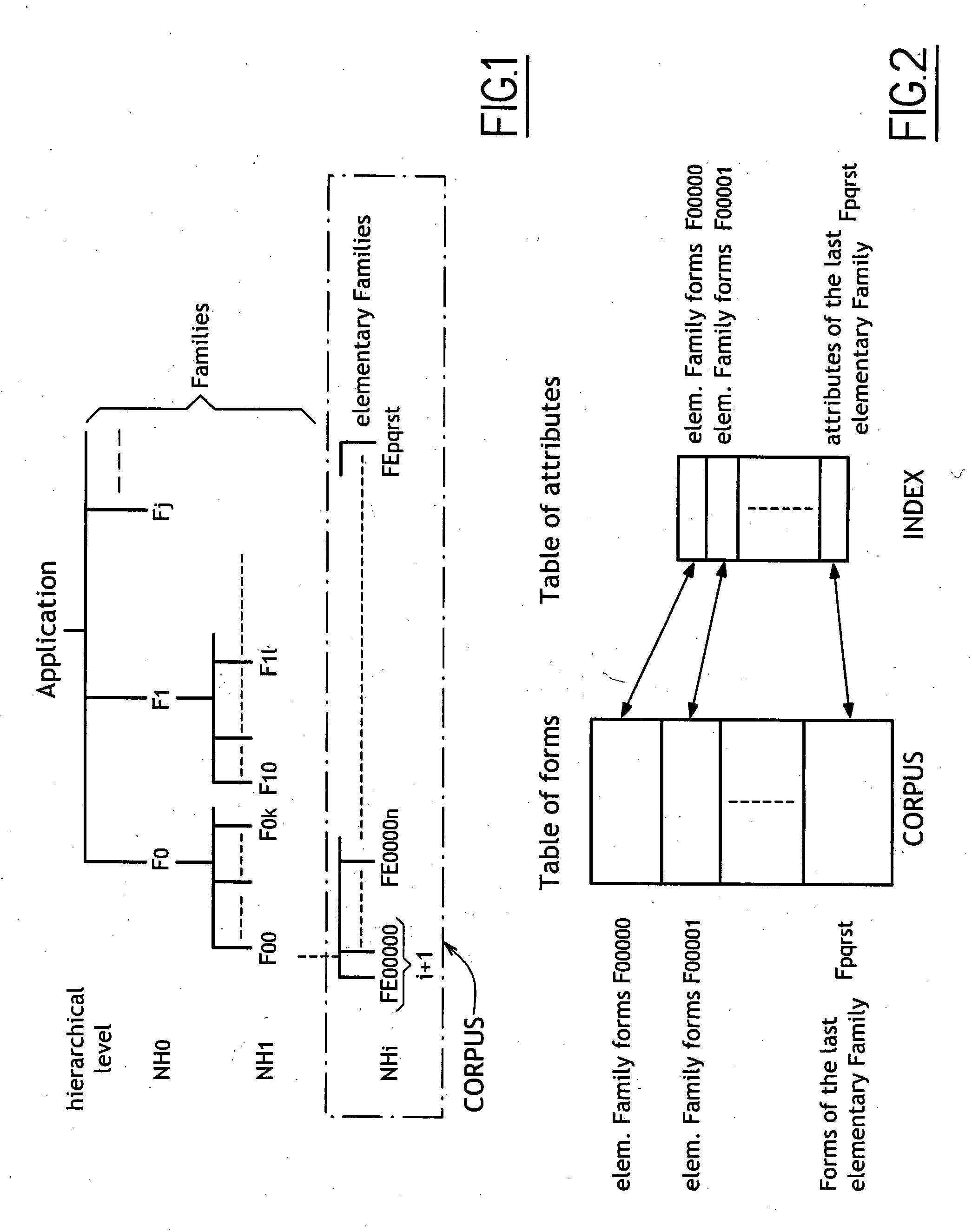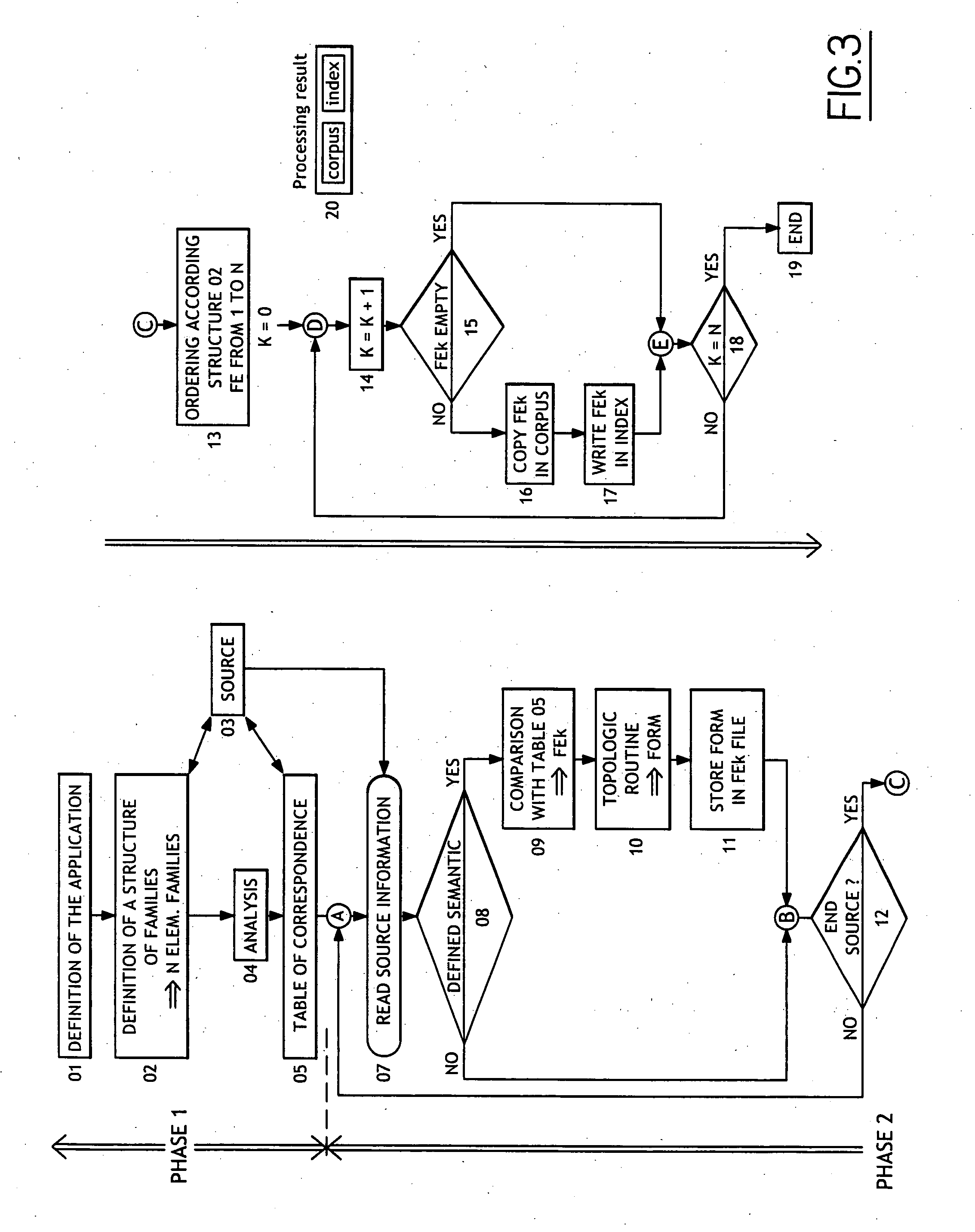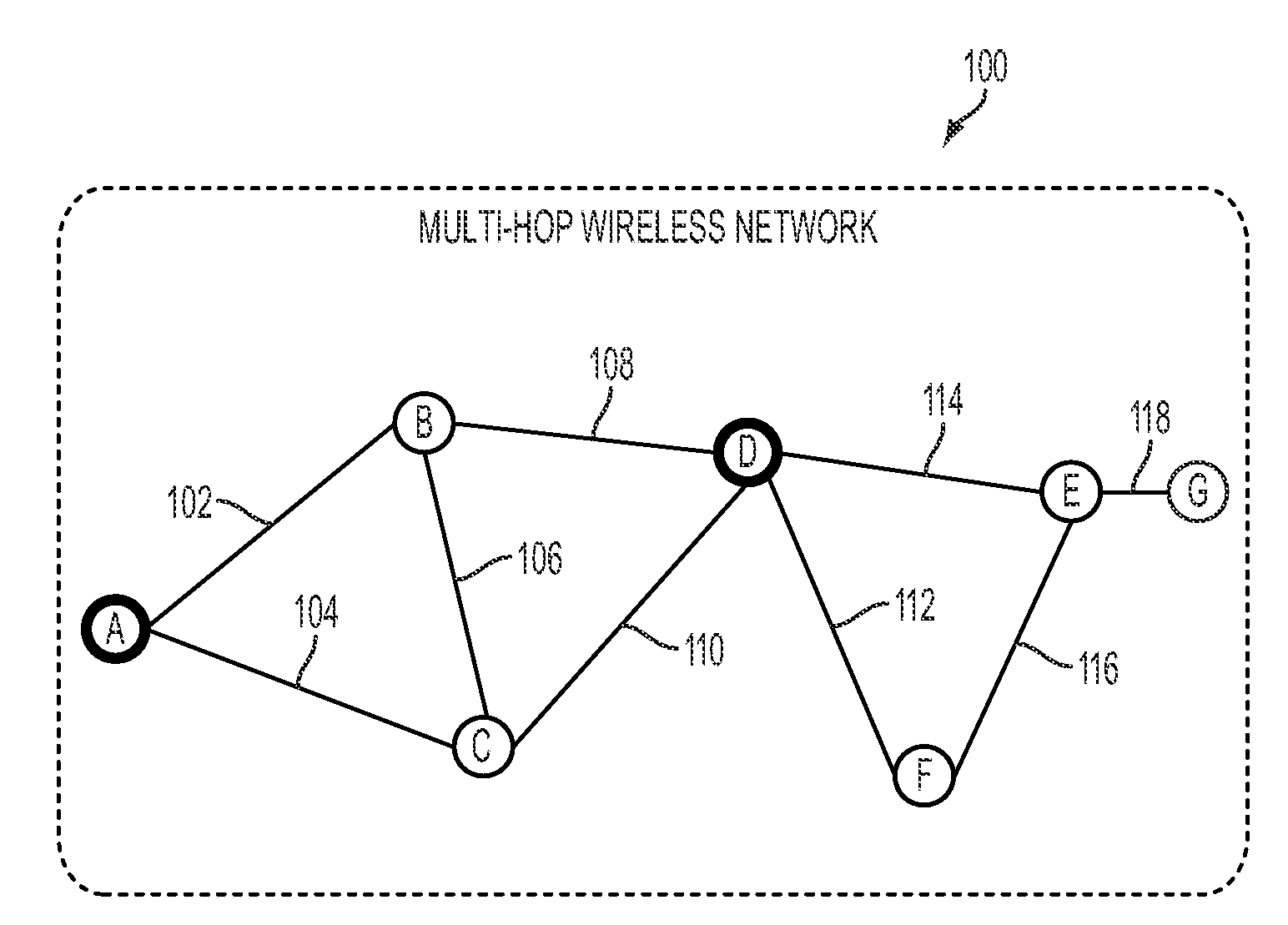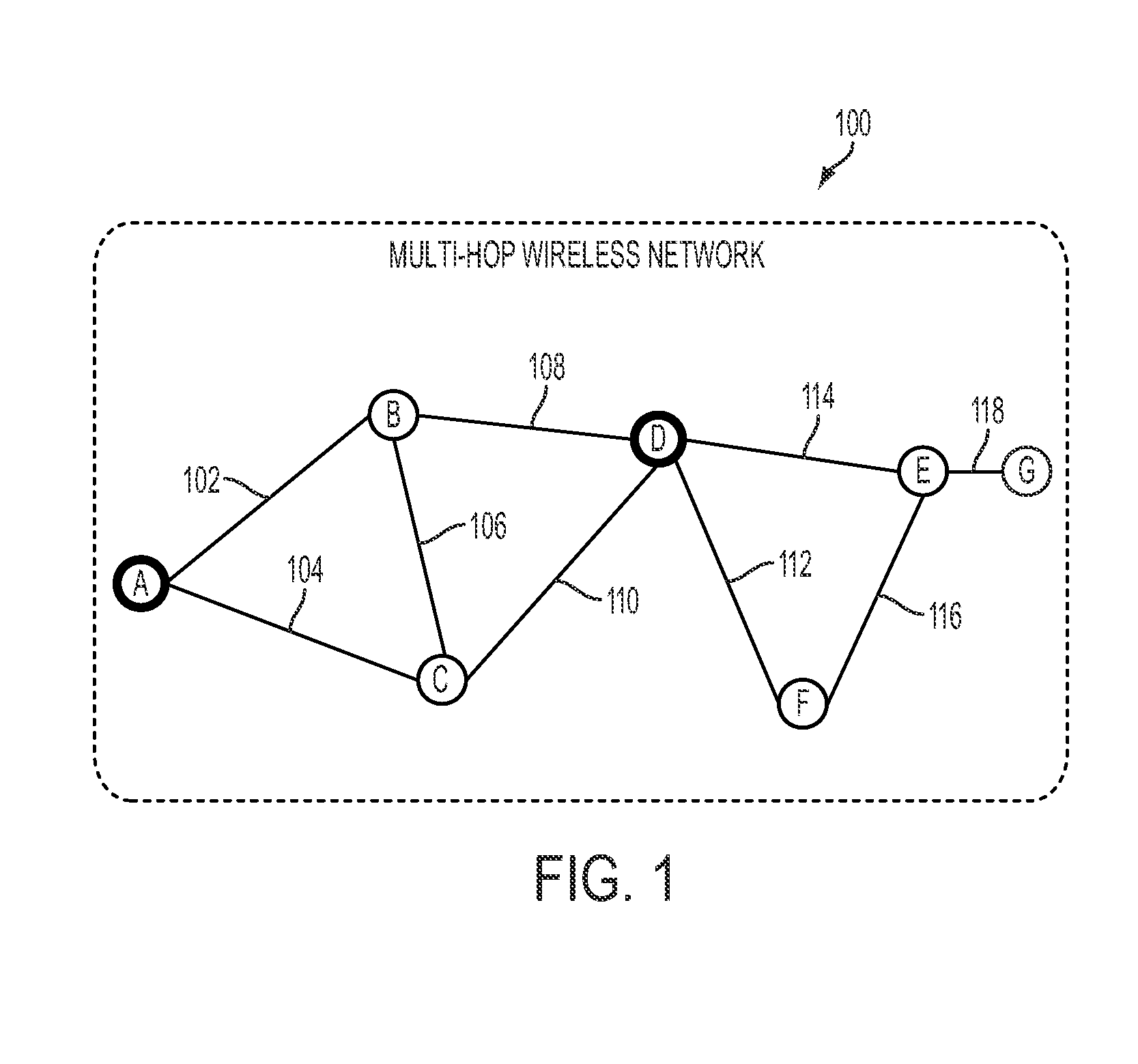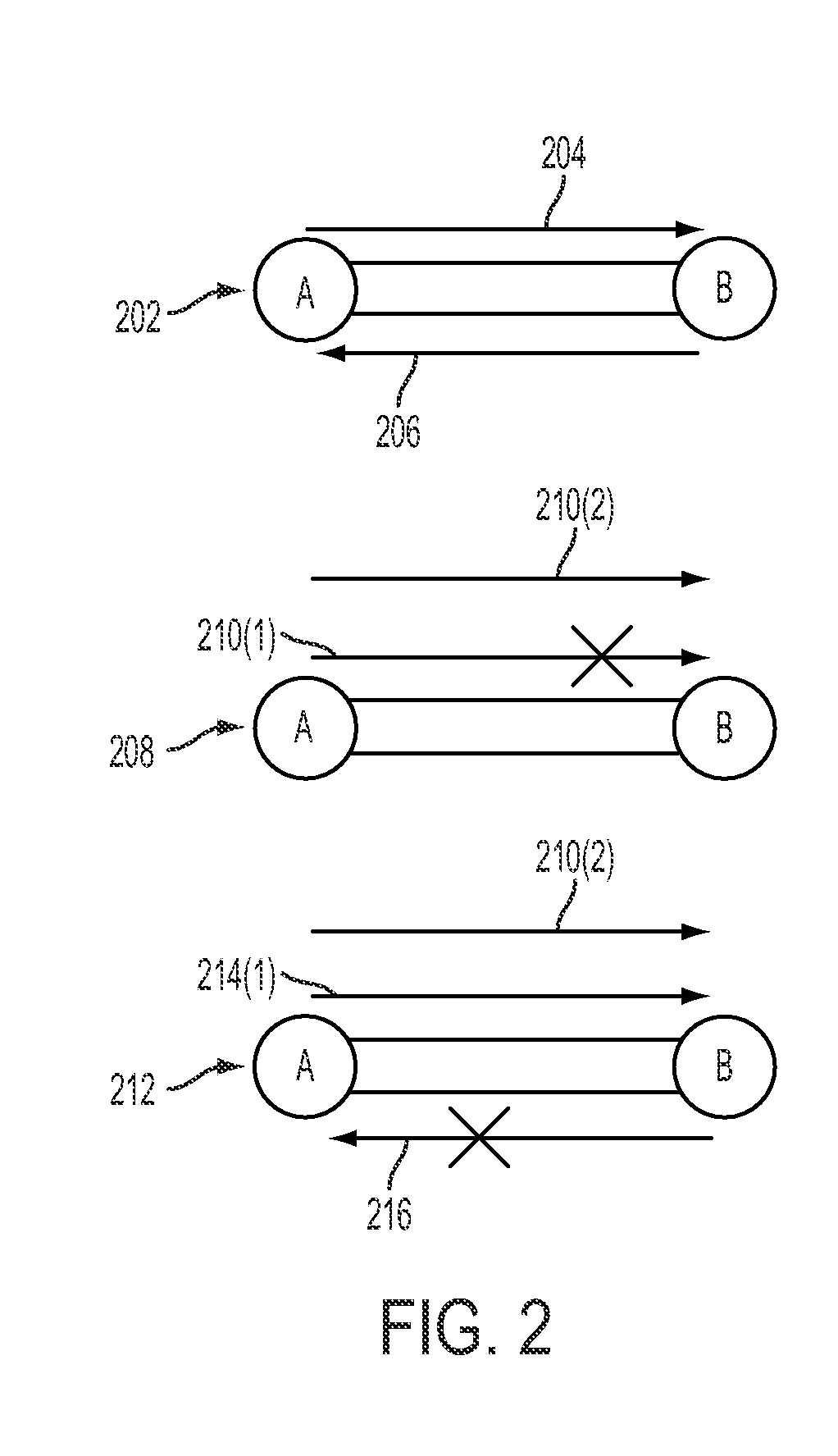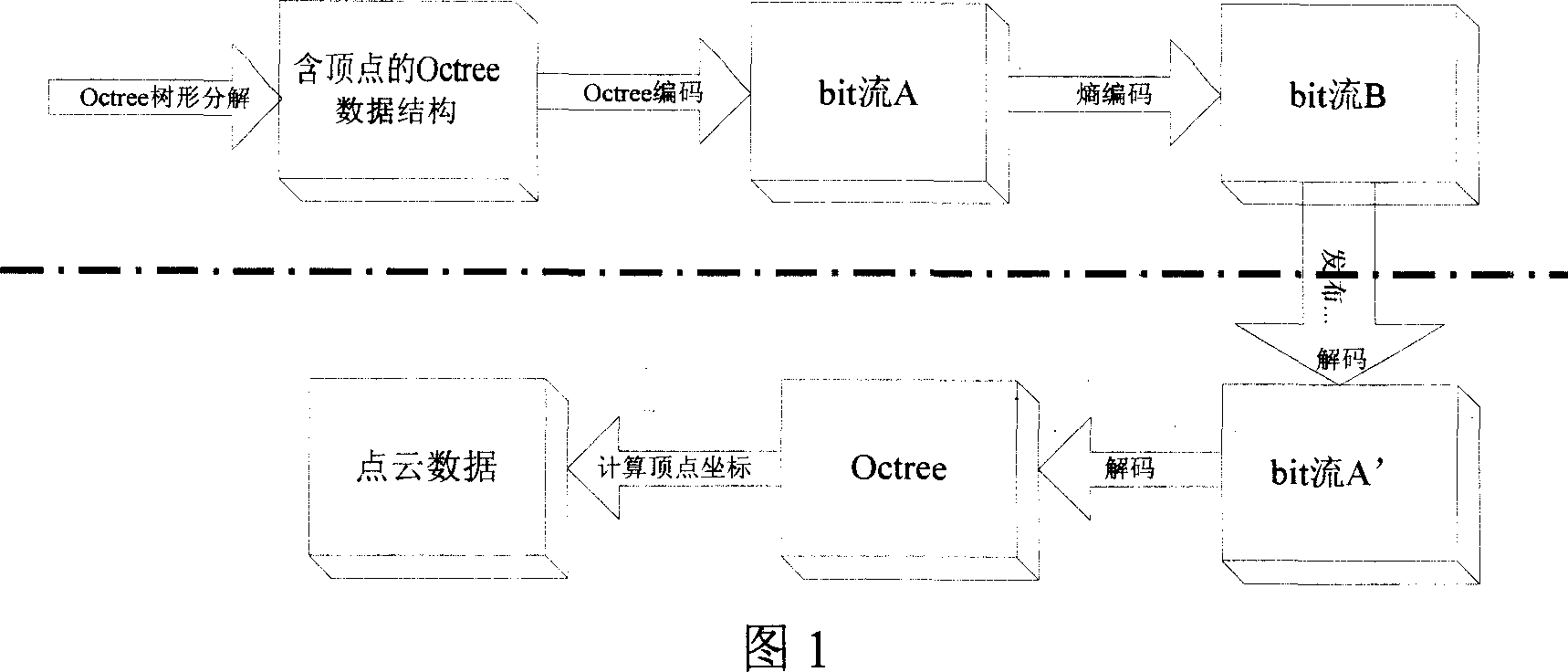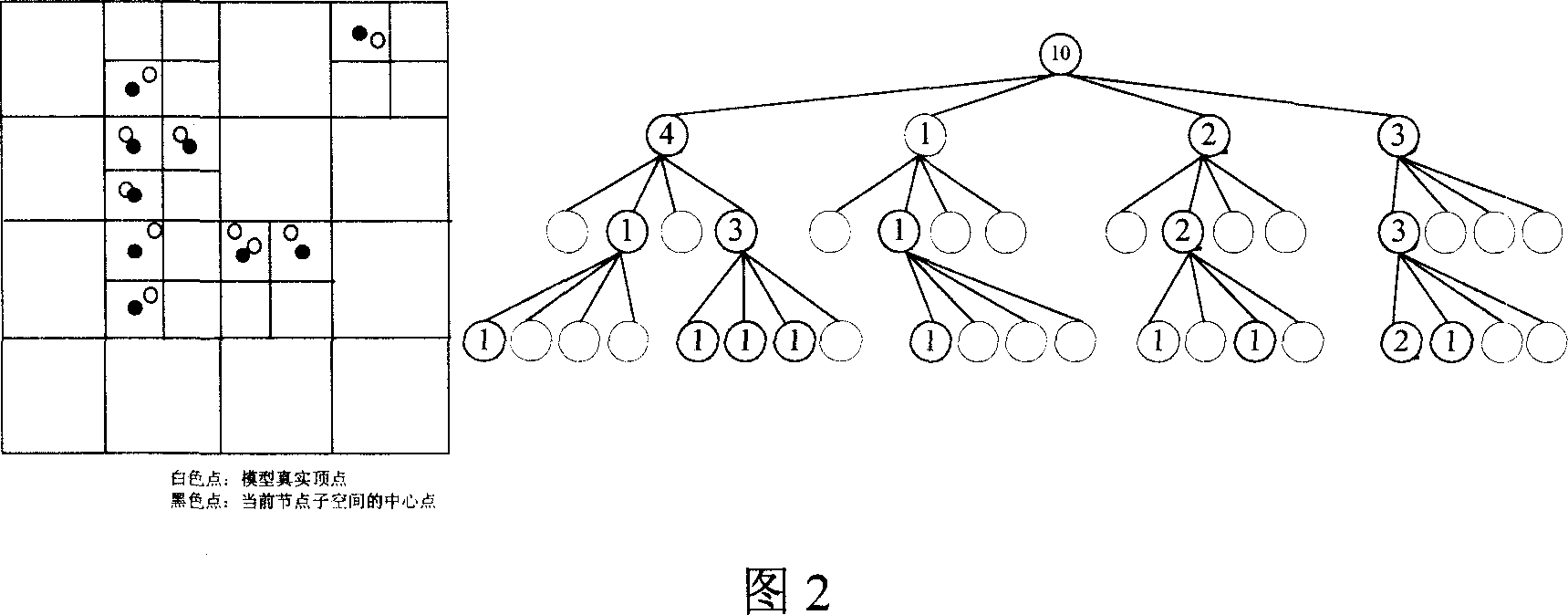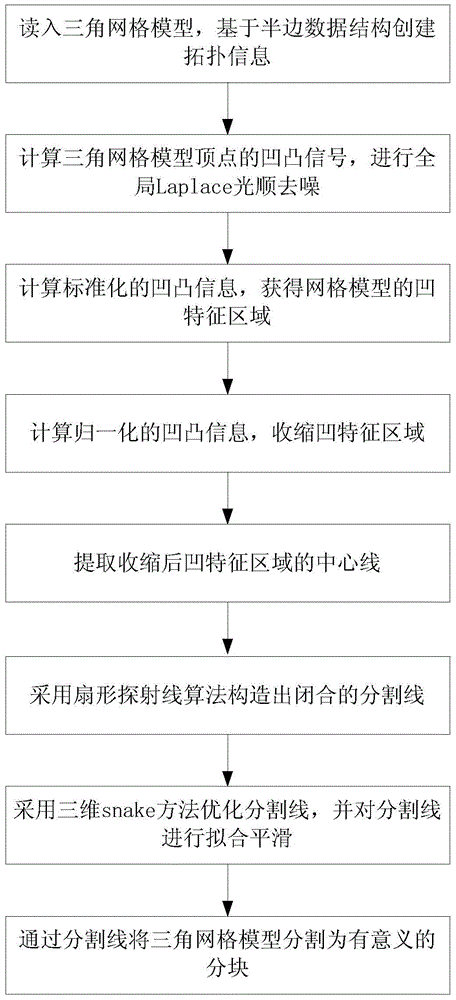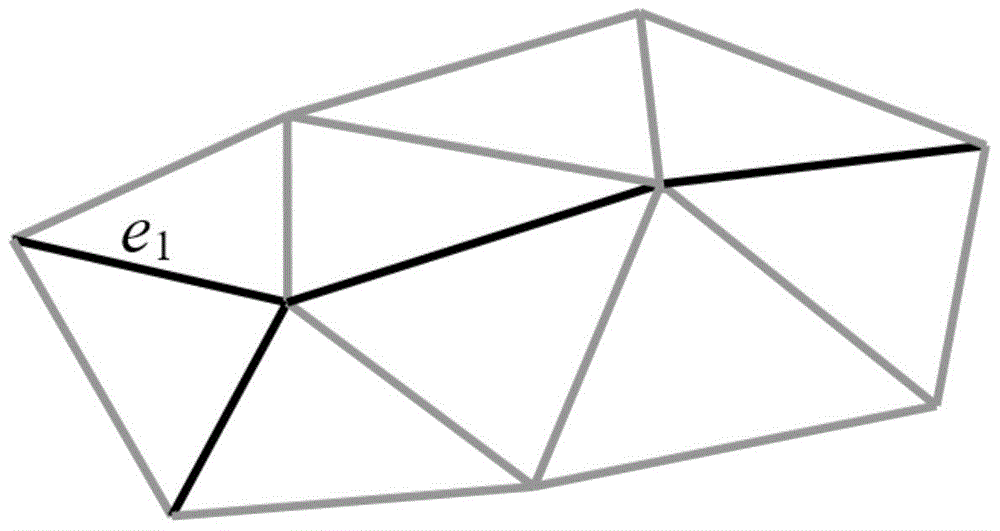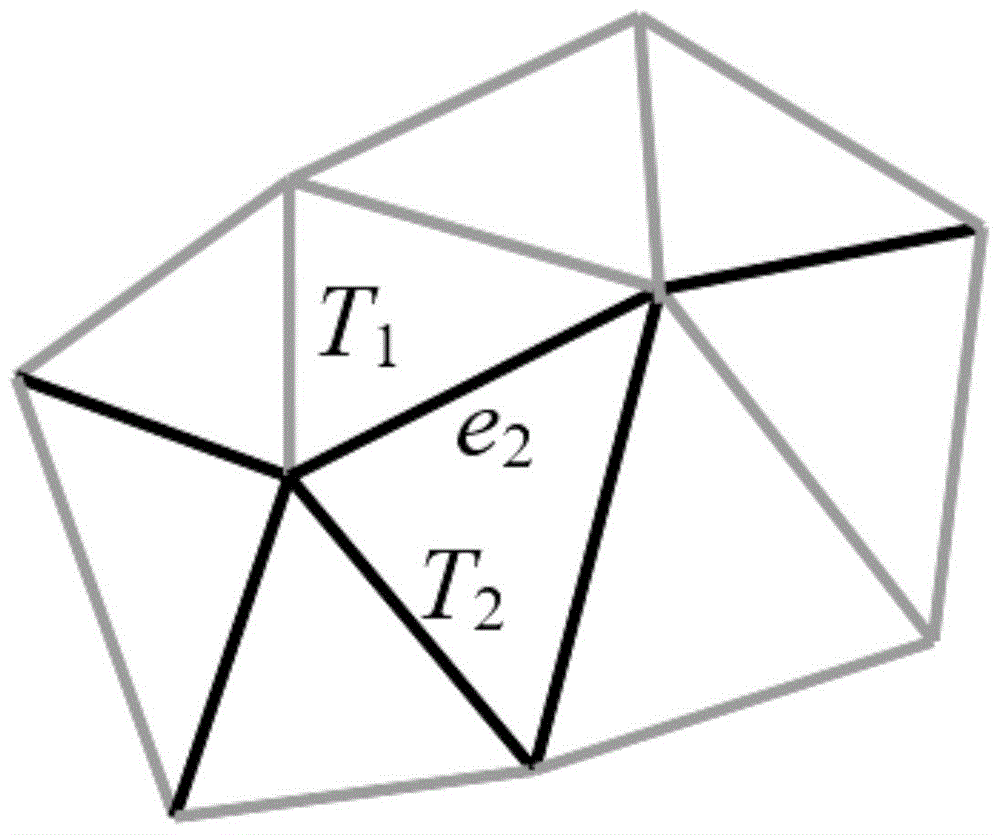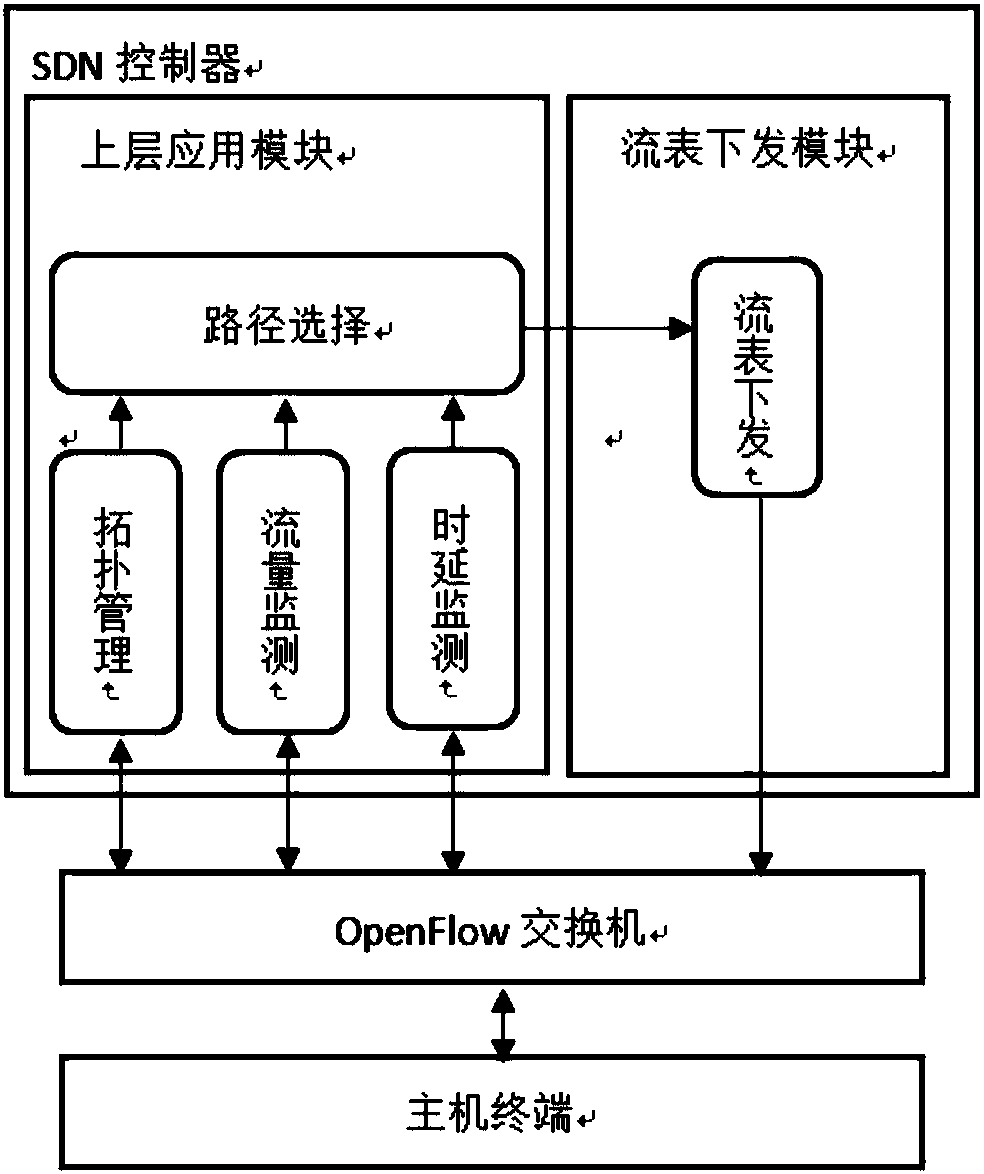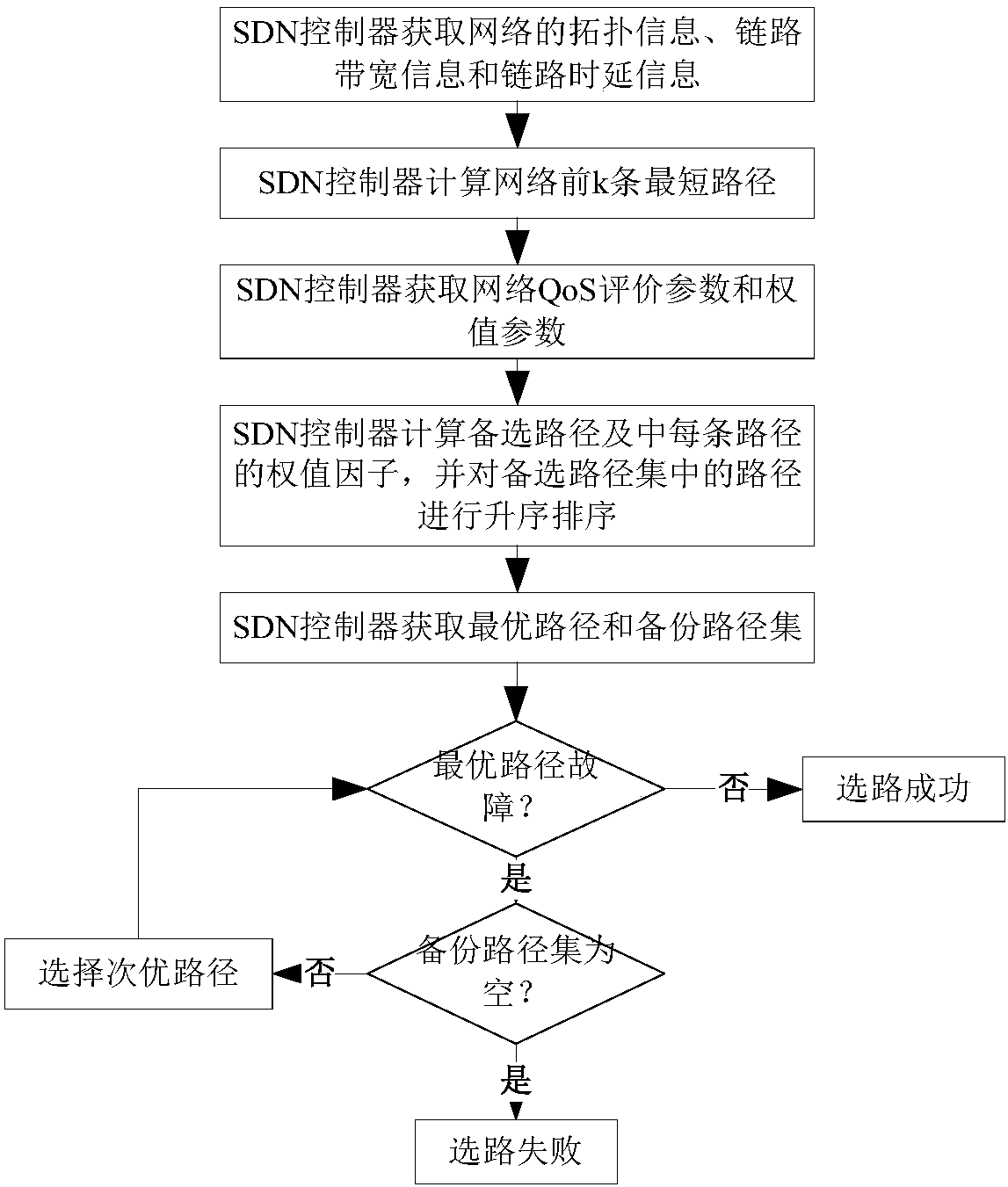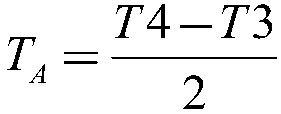Patents
Literature
467 results about "Topological information" patented technology
Efficacy Topic
Property
Owner
Technical Advancement
Application Domain
Technology Topic
Technology Field Word
Patent Country/Region
Patent Type
Patent Status
Application Year
Inventor
Topological Information About Places On The Earth TOPOCODING service is an extension of existing mapping APIs in Javascript. It serves for querying the altitude information and other topological information about places on the Earth. TOPOCODING service is an extension of existing mapping APIs in Javascript.
Network operating system with distributed data architecture
ActiveUS7263290B2Dynamic reconfiguration of network connectivity, flexibility and scalabilityDynamic reconfiguration of network connectionsMultiplex system selection arrangementsOptical multiplexInformation repositoryNetwork operating system
A network operating system NOS for an agile optical network with a plurality of mesh interconnected switching nodes, manages the network using an object-oriented network information model. The model is common to all applications requiring the data stored in the network managed information base. The core model can be expanded for serving specific application areas. The NOS is organized in layers, at the optical module level, connection level and network level. A distributed topology server DTS organizes the physical, logical and topological data defining all network entities as managed objects MO and topology objects TO for constructing a complete network view. The network information model associates a network element NE information model, specified by managed objects MO and a topological information model, specified by topology objects TO. The MOs are abstract specific NE data that define network implementation details and do not include any topological data, while the TOs abstract specific topological data for defining a trail established within the network, and do not include any NE data. The models are associated in a minimal number of points to construct the model of a trial in response to a connection request.
Owner:WSOU INVESTMENTS LLC
Extending installation suites to include topology of suite's run-time environment
InactiveUS20030037328A1Flexible and efficientProgram loading/initiatingMemory systemsSoftware engineeringProcess adaptation
Methods, systems, and computer program products for improving installation of software suites by including topological information pertaining to the run-time environment of products in the suite. A model and framework are described, where the objects of the data model include one or more preferred topologies. A template may be provided for each topology, with which an installer enters data values for customizing this topology. The approach disclosed herein enables more efficient and flexible software installation than is available in the prior art, by adapting the installation process for a particular topology of a destination run-time environment. Using the disclosed techniques, a solution builder is able for the first time to enforce or recommend the topology which is most efficient for this end solution. (For example, the solution builder may specify the types of machines which comprise a preferred run-time environment for the software products in the suite.)
Owner:IBM CORP
Network operating system with distributed data architecture
ActiveUS20080212963A1Dynamic reconfiguration of network connectivity, flexibility and scalabilityDynamic reconfiguration of network connectionsMultiplex system selection arrangementsOptical multiplexInformation repositoryNetwork operating system
A network operating system NOS for an agile optical network with a plurality of mesh interconnected switching nodes, manages the network using an object-oriented network information model. The model is common to all applications requiring the data stored in the network managed information base. The core model can be expanded for serving specific application areas. The NOS is organized in layers, at the optical module level, connection level and network level. A distributed topology server DTS organizes the physical, logical and topological data defining all network entities as managed objects MO and topology objects TO for constructing a complete network view. The network information model associates a network element NE information model, specified by managed objects MO and a topological information model, specified by topology objects TO. The MOs are abstract specific NE data that define network implementation details and do not include any topological data, while the TOs abstract specific topological data for defining a trail established within the network, and do not include any NE data. The models are associated in a minimal number of points to construct the model of a trial in response to a connection request.
Owner:WSOU INVESTMENTS LLC
Service Chain Topology Map Construction
A method implemented by a network controller, comprising receiving an address filter from a service chain orchestrator, wherein the address filter comprises a plurality of service instance (SI) addresses associated with a plurality of SIs in a network, obtaining network topology information from a plurality of service function (SF) forwarders controlled by the network controller, wherein the network topology information indicates a plurality of network devices communicatively coupled to the plurality of controlled SF forwarders, and wherein at least some of the network devices are SI hosting devices, and generating a service chain topology map by building mappings between at least some of the plurality of controlled SF forwarders, the SI hosting devices, and the plurality of SIs according to the network topology information and the address filter.
Owner:HUAWEI CLOUD COMPUTING TECH CO LTD
Point cloud data based single tree three-dimensional modeling and morphological parameter extracting method
The invention relates to a point cloud data based single tree three-dimensional modeling and morphological parameter extracting method. The point cloud data based single tree three-dimensional modeling and morphological parameter extracting method comprises obtaining three-dimensional surface point cloud data of high density standing trees through a three-dimensional scanner or other live-action measuring modes, calculating the shortest distance from points to root nodes through a k-nearest neighbor graph, performing hierarchical clustering on the data according to distance, enabling centers of clustering hierarchies to be served as framework points of a limb system and meanwhile extracting corresponding semi-diameter of the framework points; connecting the framework points to establish a topological structure of branches and grading the branches; performing three-dimensional geometrical reconstruction on branches through a generalized cylinder body; adding leaf models to the limb system to form into a vivid three-dimensional single tree model; extracting height of trees, diameter of breast height and crown breadth of the standing trees in the point cloud. The point cloud data based single tree three-dimensional modeling and morphological parameter extracting method can rapidly and semi-automatically extract tree important geometrical parameters and topological information to form into the high vivid single tree geometric model and has wide application prospects and values in fields such as agriculture and forestry survey, ecological research and landscape planning.
Owner:FUZHOU UNIV
POI simplifying parallel computing method based on road mesh hierarchical structure division
InactiveCN103258043AImprove the efficiency of simplified calculationsReduce communicationSpecial data processing applicationsComputational scienceAlgorithm
The invention discloses a POI simplifying parallel computing method based on road mesh hierarchical structure division in order to improve efficiency of POI simplifying computing. A road hierarchical structure and a mesh initial zone are constructed first, the mesh zone is divided in sequence according to the grade of a road, a road mesh hierarchical structure is established, on the basis, road meshes are used for dividing a POI space, a large number of POI are divided into the road meshes, complexity of problem solving is lowered, according to the number of computed nodes and the hierarchical structure of the road meshes, POI data are divided, the data are distributed on the computed nodes, and then the POI are simplified in a parallel mode. According to the method, the road meshes are used for dividing the POI data, influence on the POI from a road net is considered in a data dividing process of the POI, and thematic information and topological information of the simplified POI can be well maintained.
Owner:NANJING NORMAL UNIVERSITY
Method and device for establishing cross-domain paths
ActiveCN103688497ARealize dynamic creationData switching networksSignaling protocolDistributed computing
The present invention provides a method and a device for establishing cross-domain paths. The method comprises: a transmission network controller set in a first network receives a request for establishing a cross-domain path, and the cross-domain path request comprises first and last node information and bandwidth information of the target path; based on the topological information of the first network and the TE information, a first sub-path of the target path in the first network is received; network resources are allocated for links among the nodes on the first sub-path to allow all the nodes to be in the connection, according to the bandwidth information; path messages are transmitted to second boundary nodes of a second network to allow the second boundary nodes to build a second sub-path of the target path within the second network, based on signaling protocols in a path message GMPLS operating protocol stack, and connection among the nodes of the second sub-path is achieved; and after the network resources in correspondence to inter-links transmitted by the second boundary nodes is received, an indication message is sent to the first boundary node to allow the first boundary nodes to be connected with the first sub-path and the second sub-path.
Owner:HUAWEI TECH CO LTD
Data distributing/obtaining method based on network information
InactiveCN1988449AReduce the burden onMitigate multiple data pathsData switching by path configurationSpecial data processing applicationsDatapathData path
This invention relates to a data distribution and getting method based on network information, in which, said method includes: a resource getting node sends a request for getting resources to a resource index server, which searches for it in a resource state library to look for addresses of all resource peer points capable of providing said specific resources currently and feeds back a neighbor list to the resource getting node based on the neighbornhood principle, the getting node sends an obtaining request to the peer points on the list based on the addresses provided by the neighbor list and receives or uses resources, which fully utilizes a physical network topological information to get the lastest neighbor list and reduces multiple data paths resulted in using overlay network in the physical network.
Owner:INST OF ACOUSTICS CHINESE ACAD OF SCI
In-house location based services
InactiveUS20120243469A1Wireless commuication servicesLocation information based serviceGraphicsDisplay device
A mobile device of a user discovers topological information about electronic devices in a premise environment, and shares such information with a media gateway. The media gateway uses the topological information to augment content from a server, such as a web page that supports access to media content, to add graphical objects corresponding to those electronic devices in proximity to the mobile device that are capable of reproducing the streaming media content. Selection of the one of the add-on graphical objects causes delivery of the media content to the corresponding electronic device instead of the display of the mobile device. In this manner, a more natural selection mechanism than that available using conventional pull-down lists of options is provided.
Owner:AVAGO TECH WIRELESS IP SINGAPORE PTE
LED display screen matching method
ActiveCN105117190ALower requirementReduce inputDigital output to display deviceLED displayUser input
The invention relates to an LED display screen matching method, which is suitable for not only software screen matching but also hardware screen matching. User input and intelligent acquisition from hardware are combined and cooperate for finishing acquisition of topological information of an LED display screen, so that information input quantity of a user can be reduced and the user only needs to provide simple information of row and column numbers of case bodies, a routing mode and the like of the LED display screen; and actual loaded information of a receiving card corresponding to each case body is acquired by accessing to the hardware, so that the user requirements are lowered.
Owner:XIAN NOVASTAR TECH
Route selection method under reliability restraint condition
InactiveCN104468355AMeet reliability requirementsReliable reference dataData switching networksResource utilizationComputer science
The invention relates to the field of route selection, in particular to a route selection method under the reliability restraint condition. The method includes the obtaining step for obtaining topological information, the analyzing step for conducting reliability analysis on node equipment and optical cable links according to the topological information, the selecting step for selecting respective shortest routes for different types of services to form the shortest route list with the bandwidth resource utilization rate as the main measurement according to the result of reliability analysis, and the determining step for conducting inspection and comparison on the shortest route list for different service types according to the distribution condition of the services of the types on the basis of the service balance degree and the route reliability and selecting the shortest route with the highest reliability according to service requirements. According to the route selection method, the network bandwidth resource utilization rate is taken into consideration, and meanwhile the reliability restraint condition of nodes and the links is introduced in; the shortest route is selected, and meanwhile the requirement for the route reliability of the services is met.
Owner:STATE GRID CORP OF CHINA +1
Network topology collecting method for tree shaped network and network equipment
The invention relates to the communication technique, which provides a topological information acquisition method and a network device of tree-shaped network, and avoids network topology and the limitation of VLAN or three-layer network equipment in the process of discovering. The method comprises using a topological collecting device as a start node, downwards discovering layer by layer through sending out topological request messages to a lower link interface, and then sending out topological information response messages to an upper link, contracting topology layer by layer, since topological information response messages and topological refresh messages received by each network equipment are from the lower link equipment, the topological information refresh messages can not be limited by the VLAN or the three-layer network equipment in the network through the layer by layer delivery, and the messages are finally sent to the topological collecting device, and topological acquisition work is finished when topology is found. Furthermore, when topology of network is changed, the topological collecting device can timely and reliably refresh topological information of integral network, and keeps the synchronization of network topology and an actual network structure.
Owner:福建中锐网络股份有限公司
Routing monitoring apparatus
The present invention provides a rout monitoring apparatus which mostly includes: data acquisition module for collecting network rout information, and transmitting collected network rout information to data storage module; data storage module for generating topological information, network affair according to rout information from data acquisition module; storing the rout information, topological information, network affair; data-processing module for executing analyze and process storage data of data storage module, monitoring routing action of network, obtaining routing action data information of network, judging node and circuit of network fault; interface display module for displaying obtained network fault node and circuit information of data-processing module through interface. Using the invention can judge defective node and circuit accurately, and execute effectually monitoring to fault of wireless communication network.
Owner:BEIJING HIGH WAY TELECOMMUNICTION TECH CO LTD
3D segmentation method for stl triangular mesh model
The invention discloses a three-dimensional segmenting method for an STL (Standard Template Library) triangular network model in rapid molding process. The three-dimensional segmenting method comprises the following steps of: firstly, reading the STL triangular network model from an STL file into an internal storage, and establishing complete topological information of a surface patch, a side and a peak in the STL model based on an improved wing-edge structure; secondly, repeatedly searching through information in the internal storage to obtain a highest position surface patch serving as a seed surface patch in an original STL model, and searching an adjacent surface patch having the same normal vector Z-axis component symbol as the seed surface patch with a boundary expansion method on the basis to obtain a plurality of sub-STL models having the same normal vector Z-axis component symbol; and lastly, checking the boundary of each sub-STL model, recognizing and extracting covered boundary lines, and segmenting the sub-STL model by using a vertical plane defined by the covered boundary lines to further generate non-interfered sub-STL models. By adopting the three-dimensional segmenting method, three-dimensional segmentation of the STL triangular network model can be realized effectively; and moreover, the triangular network model has the advantages of high adaptability, high efficiency and low resource consumption.
Owner:HUAQIAO UNIVERSITY
A method and apparatus for fault location in communication network
ActiveCN1633082AReduce the amount of fault alarm informationShorten the timeData switching networksNetwork topologyInformation data
A fault location method in communication network includes: setting up a network topological information library, receiving fault alarm signals from said network, processing alarm signals passing through a single side disk layer and its NE layer based on the coherence among the fault alarm signals of layers, among which, the fault alarm signal processed on said single side disk layer is reported to its NE layer and the signals processed on the NE layer are reported to the communication network belonging to the NE layer as character fault alarm information, the location unit carries out fault location in terms of the given rule and based on the received character fault alarm information filtered by the NE.
Owner:CHINA UNITED NETWORK COMM GRP CO LTD
Method for real-time identification and diagnosis of video network problems for digital cable and IPTV service providers
InactiveUS20070283401A1Readily availableProblem can be identifiedBroadcast information monitoringTwo-way working systemsRemote controlNetwork management
A method for identifying video network problems for digital cable and IPTV (Internet Protocol Television) service providers based on real-time on-line video quality monitoring by customers. A video quality problem reporting button is provided on each customer's set-top box and / or on a remote control unit therefor, which is used by the customer to report a video quality degradation problem to the service provider. Based on an aggregation of video quality problem reports by a plurality of customers, and based on geographical and topological information regarding these customers in connection with knowledge of the network topology, a network management system of the service provider advantageously identifies, locates, and potentially diagnoses a network problem.
Owner:LUCENT TECH INC
Content distribution method for minimizing cross-domain flows in CDN-P2P fusion network
The invention provides a content distribution method for minimizing cross-domain flows in a CDN-P2P fusion network. According to the method, a network scene comprises a CDN replica server, CDN content buffering servers, local tracker servers (Loc-tracker servers) and user nodes. The local tracker servers are established through an ISP. One the basis of topological information, such as link delay, link cost and the number of crossed operators, collected by the Loc-tracker servers, a path and the node with lowest transmission cost are calculated and selected, and the total cost of content distribution is controlled, so that the servers are pushed to select the nodes with low transmission cost on same ISP domains, and the purpose of optimizing node selection is achieved. The Loc-tracker servers are used for managing the nodes in local ISP domains and the CDN content buffering servers. Information exchanging is performed among the Loc-tracker servers in a P2P mode, and therefore an overlay network is formed. Generation of the cross-domain flows can be effectively reduced, operating cost of the network is reduced, waste of bandwidth resources of a backbone network is reduced, and the efficiency of the content distribution is improved.
Owner:UNIV OF SCI & TECH BEIJING
Method for obtaining target transmission path and network node thereof
ActiveCN106713141AImprove reliabilityTake advantage ofData switching networksResidence timeDistributed computing
The embodiment of the invention relates to a method for obtaining a target transmission path and a network node thereof. The method comprises the steps that the first network node in a network domain obtains topological information of multiple network nodes in each path between an entry node and an exit node in the network domain; the first network node obtains the transmission delay of each path according to the topological information, and the transmission delay of each path includes the sum of the physical link delay between all the network nodes in each path and node residence time of all the network nodes; and the first network node determines the target transmission path according to the transmission delay of each path. According to the method for obtaining the target transmission path and the network node thereof, transmission of low delay business in the network is ensured to meet the delay requirements, and multiple low delay paths between the entry node and the exit node in the network can be more fully utilized so as to enhance the transmission reliability of the low delay business.
Owner:HUAWEI TECH CO LTD
Heterogeneous network interactive visualization method
InactiveCN104090957ARealize detailed association analysisControl Visual ComplexityOther databases browsing/visualisationSpecial data processing applicationsGranularityHeterogeneous network
The invention discloses a heterogeneous network interactive visualization method. The method comprises the steps that (1) nodes in a heterogeneous network are clustered according to node attribute values, and a corresponding clustering network visualization map is generated; (2) as for each node in selected clustering results, a neighbor node set of the node is calculated; then according to the node attribute values of the adjacent node sets, the nodes in the clustering results are clustered; a clustering visualization map is generated as a next-level visualization map; (3) the clustering results obtained in the step (2) are selected, the nodes in the clustering results are clustered according to the adjacent node sets of the nodes, and the nodes with the same adjacent node set fall into the same cluster; then the clustering results are used for generating a clustering visualization map which is used as a next-level visualization map of the clustering network visualization map generated in the step (2). According to the heterogeneous network interactive visualization method, topological information and attribute information are combined, and a user can check the lower level with the finer granularity.
Owner:INST OF SOFTWARE - CHINESE ACAD OF SCI +1
Fast handover protocol flow for heterogeneous wireless networks
InactiveCN102625378AMaster comprehensiveQuick switchNetwork traffic/resource managementQuality of serviceAccess network
The invention discloses a fast handover protocol flow for heterogeneous wireless networks. The main implementation process of the flow is characterized in that a mobile terminal periodically sends the mobile terminal related information reports to a wireless access network; a network-side wireless access network reconfiguration manager predicts the motion tract of a user; when the mobile terminal needs to initiate handover to maintain the business continuity, the predicted motion information and the network topological information are combined to determine the aggregate of network candidates; a target network for the mobile terminal is selected in advance by the wireless access network reconfiguration manager of the present network and simultaneously the target network is informed to reserve resources required for the mobile terminal; the mobile terminal monitors the received signal intensities of the present network and the target network an determines the optimum handover trigger time; and after triggering handover, the mobile terminal accesses to the target network firstly and then releases the original link resources. The fast handover protocol flow can reduce the handover delay of handover among the heterogeneous wireless networks, increase the success rate of handover and ensure the quality and continuity of business services.
Owner:XIDIAN UNIV
SDN-based high-volume data stream load balancing system and method
ActiveCN105610709AOvercoming the problem of out-of-order groupingData switching networksRouting tableData stream
The invention discloses an SDN-based high-volume data stream load balancing system and method, which mainly solve the problems of uneven loads and link congestion in a network core layer of the conventional data center. The system comprises a Fat-Tree underlying network and an SDN controller, wherein a topological information module, a high-volume data stream routing table module, and a high-volume data stream routing computation module are additionally arranged in the SDN controller; the high-volume data stream routing computation module computes paths for high-volume data streams according to information maintained by the topological information module and the high-volume data stream routing table module; a source aggregation layer switch adopts a packet-level multi-path routing strategy, and the scheduling processing of disordered packets is completed at a destination aggregation layer switch. The SDN-based high-volume data stream load balancing system and method provided by the invention have the advantages that a Fat-Tree network core layer adopts the multi-path routing strategy for the high-volume data streams, so as to solve the problems of uneven loads and link congestion in the network core layer of the data center; a scheduling mechanism for high-volume data stream data packets is introduced to overcome the problem of packet disordering. The SDN-based high-volume data stream load balancing system and method can be used for data forwarding.
Owner:XIDIAN UNIV +1
Attack intention recognition method based on Bayesian network inference
InactiveCN102724199AImprove scalabilityThe calculation result is accurateTransmissionPattern recognitionClique tree
The invention provides an attack intention recognition method based on Bayesian network inference. The attack intention recognition method is applied to the attack intention recognition of an intelligence and decision-making oriented system with a parameter learning mechanism in computer network self-organizing operation (CNSOO). The method can enable an intelligence system to recognize the attack intention of an attacker by using IDS (Intrusion Detection System) alarm information according to given host vulnerability information, network topological information and attack knowledge base and supply the attack intention to a decision-making system as a decision-making basis in a CNSOO environment. The attack intention recognition process comprises the following steps of: generating attacking scenes, fusing and matching IDS alarm information, updating conditional probability distribution caused by attacking behaviors, calculating the probability of attack intention nodes by using a clique tree propagation algorithm in the Bayesian network inference, and updating Bayesian network parameters and IDS detection capability. The calculation parameters are updated according to calculation results and historical information, so that the calculation results can be more accurate.
Owner:BEIHANG UNIV
Detecting islanding conditions in power networks
ActiveUS20130187454A1Power network operation systems integrationSingle network parallel feeding arrangementsIslandingPower grid
A method is provided for detecting islanding conditions in an electric power network which includes a plurality of sub-networks. The sub-networks include at least one power electrical unit and are separable from each other and a main grid supplying the network by switching devices. The method includes determining topological information of at least one sub-network of interest, detecting islanding conditions in at least one sub-network of interest on the basis of the topological information by using separate detecting devices for each sub-network of interest, and sending, on the basis of the islanding conditions detected by using the detecting devices, a disconnect signal to at least one power electrical unit in at least one sub-network of interest.
Owner:ABB (SCHWEIZ) AG
Method of building control channel, forwarding point (FP) and controller
ActiveCN103067277ASave storage resourcesImprove forwarding performanceEnergy efficient ICTNetwork connectionsVirtual clusterControl channel
The invention provides a method of building a control channel, a forwarding point (FP) and a controller. The method comprises that a first FP sends the topological information of the first FP to a second FP through a link layer discovery protocol (LLDP), so that the second FP can send the topological information of the first FP to the controller through a first control channel after the second FP receives the topological information of the first FP. The first FP receives first routing information sent by the controller that the first FP reaches the controller, and the first routing information is generated by the controller according to the topological information of the first FP. The first FP builds a second control channel with the controller according to the first routing information. The first FP does not need to run an interior gateway protocol (IGP), the fact that the first FP maintaining the neighbourship of the IGP is avoided, and the first FP does not need to store the routing information of other FPs reach a virtual cluster, the storage resource of the first FP is beneficial to be saved, and the forwarding performance of the first FP is beneficial to be improved.
Owner:HUAWEI TECH CO LTD
Method and system for processing spatially-referred information such as cartographic information, applications and apparatus implementing said method
InactiveUS20050193003A1Simple dataSimplification of their processingDigital data processing detailsGeographical information databasesKnowledge organizationDatabase
A system for processing spatially-referred information (spatial data), the information defines objects in a n-dimensions space and includes for each object information of form, information of position and information of attributes. The system includes structuring the spatially-referred information, by separating the topological information from the information of attributes, cutting each topologic information into geometric information constituting information of form and information of position, ordering descriptions of the objects into elementary families having the same attributes, by applying criteria formed into a hierarchy, and organizing structured information into two distinct tables comprising a block of information. The tables include a topologic table, referred to as the corpus, containing, for each elementary family, all the geometric forms defining objects with similar attributes, and a table of attributes, referred to as the index, containing the semantic and formal attributes, associated with the objects.
Owner:OPTEWAY
Network routing using a retransmission-time-based link metric
InactiveUS20090238075A1Link costMinimum total link-costError preventionTransmission systemsAccess timeMedia access
A system computes link costs for a multi-hop wireless network. During operation, the system receives topological information for the multi-hop wireless network which includes a set of nodes, a set of links, and a success probability for a respective link. The system then obtains an average media access time for the multi-hop wireless network. The system also obtains a retransmission time for a respective node in the set of nodes. Next, the system computes a link metric value for a respective link based on the corresponding link success probability, the average media access time, and the corresponding retransmission time. The system then produces a link cost for the link based on the associated link metric value.
Owner:PALO ALTO RES CENT INC
Three dimension mode compression coding/decoding method based on octree
InactiveCN1946180AShort response timeFine-grained controlImage codingTelevision systemsStatistical analysisTheoretical computer science
This invention relates to a compression code / decode method for three-dimension models based on Octree, which redivides the Octree space of the peak information of a three-dimension lattice model to calculate and analyze different kinds of nodes in them to find out one or several with the maximum number of total nodes and carries out less bit coding, re-arranging the topological information and attribute information and code based on the transmission sequence of geometrical information separately and sets separate ascending files to control transmission and display of geometrical information and the synchronous mapping of the topological and attribute information.
Owner:BEIHANG UNIV
Block segmentation method for triangular grid model
The invention discloses a block segmentation method for a triangular grid model. The method comprises the steps of reading the triangular grid model and establishing topological information; calculating a concave-convex signal of a vertex of the triangular grid model and performing global Laplace smooth denoising; calculating standardized concave-convex information to obtain a concave characteristic region of the grid model; calculating normalized concave-convex information and reducing the concave characteristic region; extracting a center line of the reduced concave characteristic region; constructing a closed segmentation line by adopting a sector probe ray algorithm; optimizing the segmentation line by adopting a three-dimensional snake method and performing fitting and smoothing on the segmentation line; and segmenting the triangular grid model by adopting a regional growth method. According to the method, the segmentation line meeting a minimum principle in the triangular grid model is extracted for efficiently and reliably segmenting the model into minimum rule sub-blocks meeting the visual requirements.
Owner:HUAQIAO UNIVERSITY
Routing method capable of ensuring service QoS based on SDN
ActiveCN108512760ASDN protectionGuaranteed QoSData switching networksFault toleranceResource utilization
The invention provides a routing method capable of ensuring service QoS based on SDN, used for solving the technical problem that in the prior art, a network resource utilization rate is not high andthe routing method is poor in fault tolerance. The method comprises the implementation steps as follows: a SDN controller acquires topological information, link bandwidth information and link delay information of a network; the SDN controller acquires a standby path set via computation; the SDN controller acquires a network QoS evaluation parameter and a weight parameter; the SDN controller computes a weight factor of each path in the standby path set, and sorts the paths in the stand by path set in an ascending sort to acquire a target path set; the SDN controller acquires the optimal path from the target path set, and acquires the standby path set; and the SDN controller judges whether the optimal path is faulted, if yes, the secondary optimal path is selected from the standby path set to serve as the optimal path, and otherwise, a selected optimal path packaging flow table is distributed to an OpenFlow switch to forward data.
Owner:XIDIAN UNIV
Features
- R&D
- Intellectual Property
- Life Sciences
- Materials
- Tech Scout
Why Patsnap Eureka
- Unparalleled Data Quality
- Higher Quality Content
- 60% Fewer Hallucinations
Social media
Patsnap Eureka Blog
Learn More Browse by: Latest US Patents, China's latest patents, Technical Efficacy Thesaurus, Application Domain, Technology Topic, Popular Technical Reports.
© 2025 PatSnap. All rights reserved.Legal|Privacy policy|Modern Slavery Act Transparency Statement|Sitemap|About US| Contact US: help@patsnap.com
